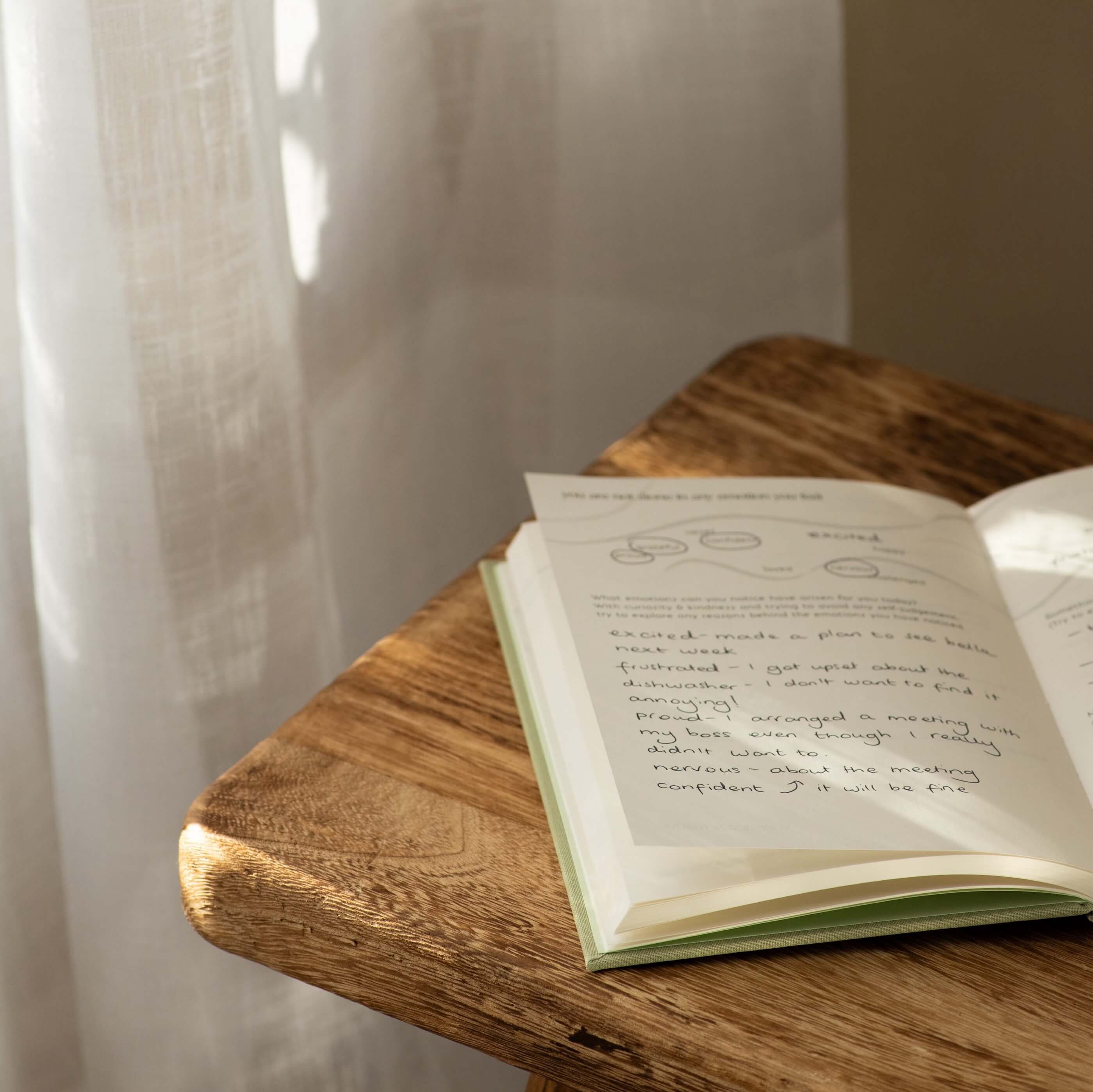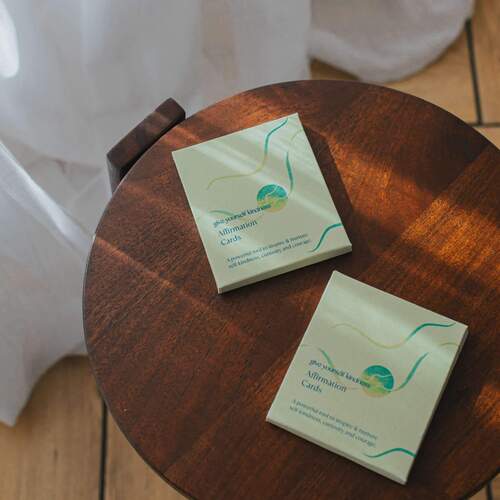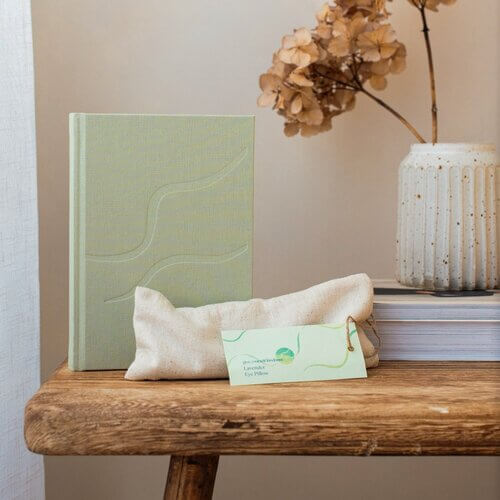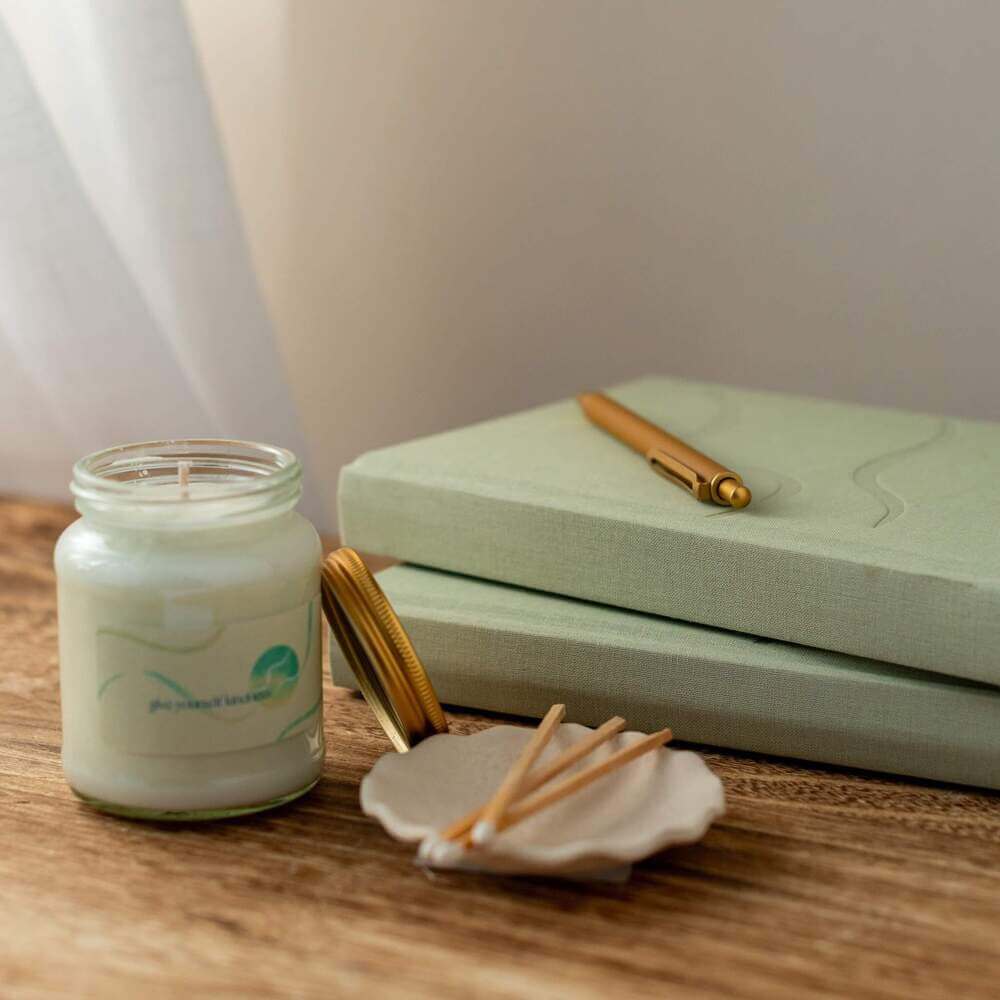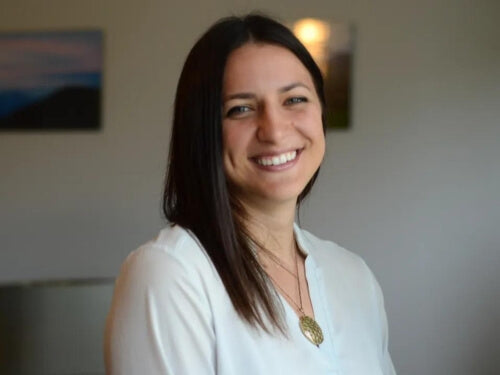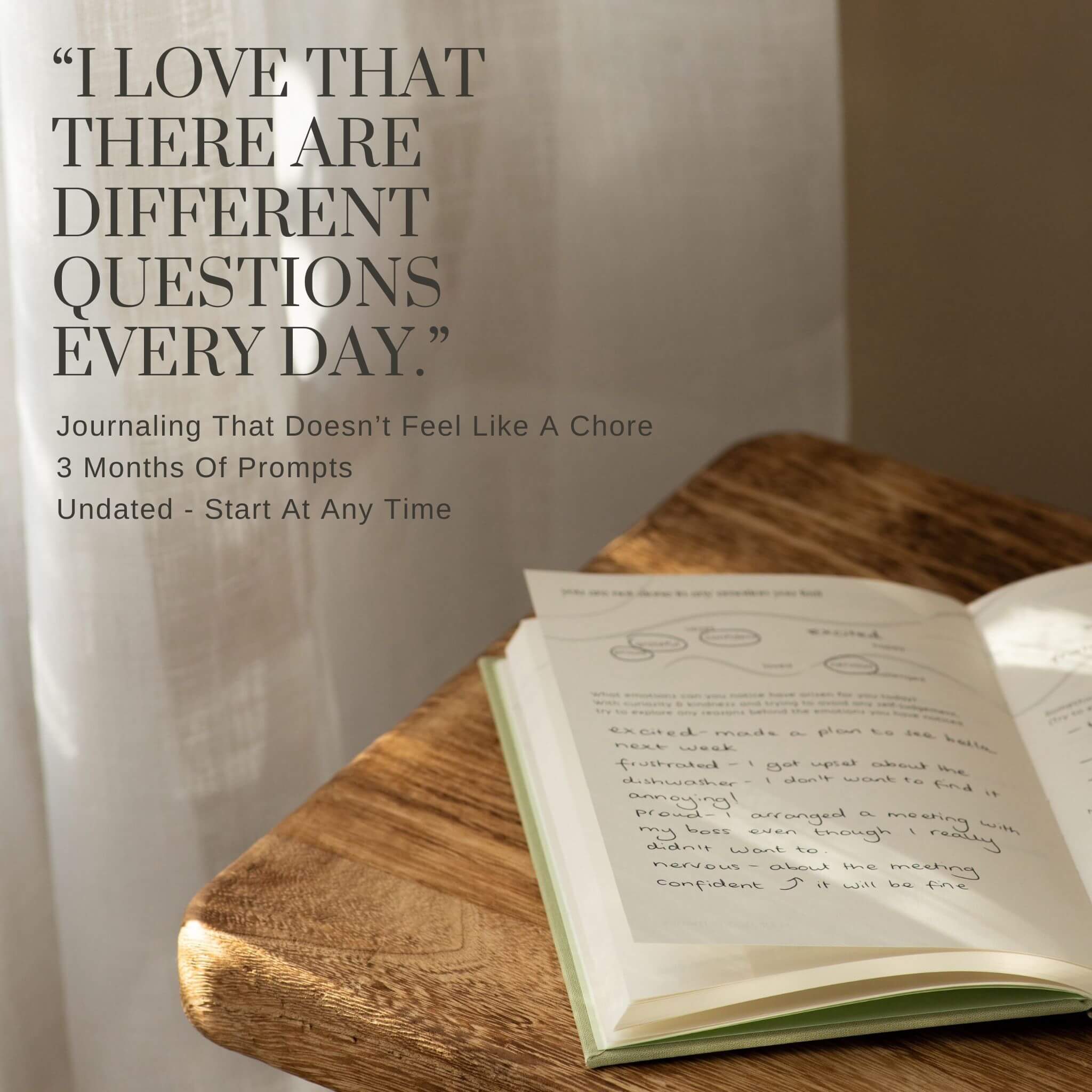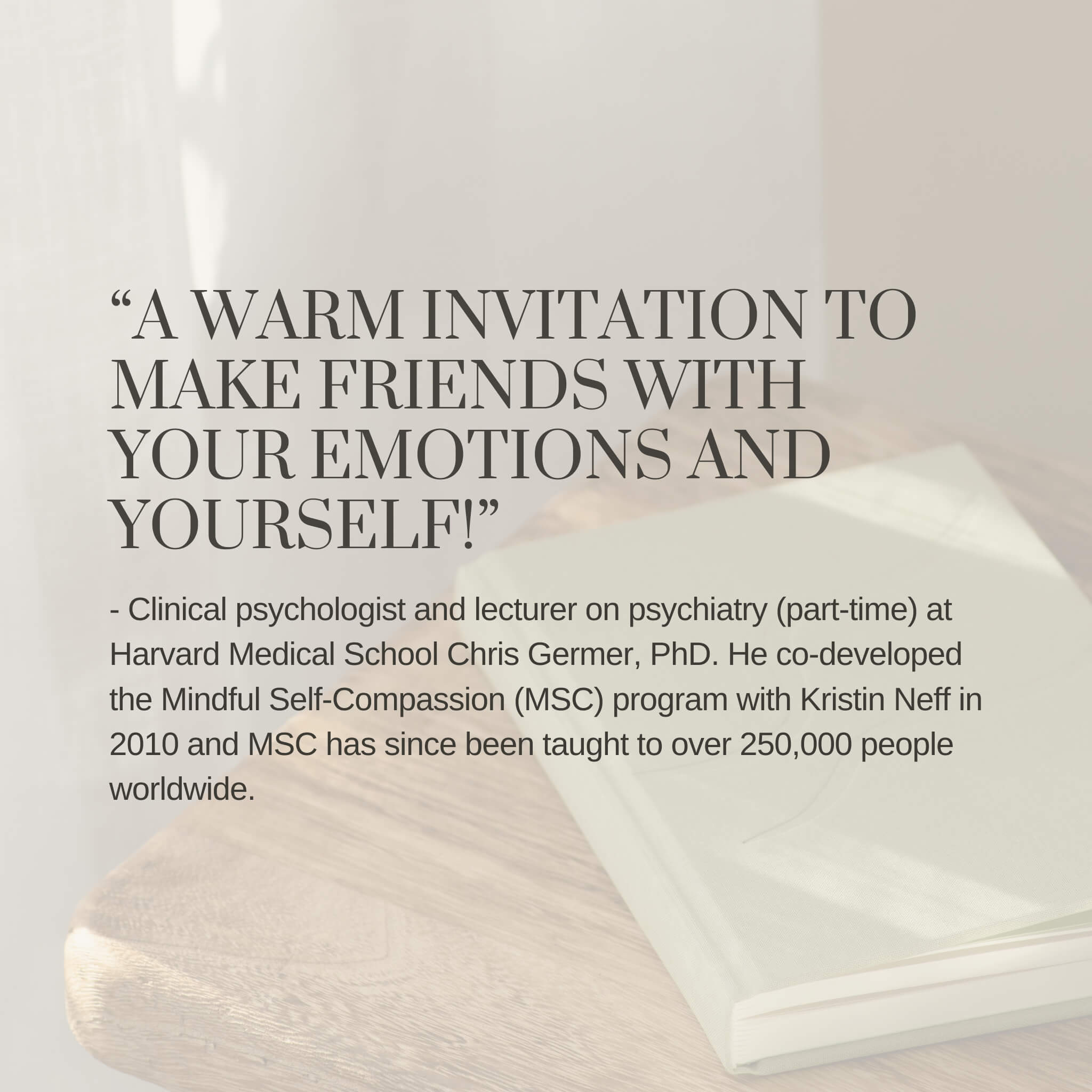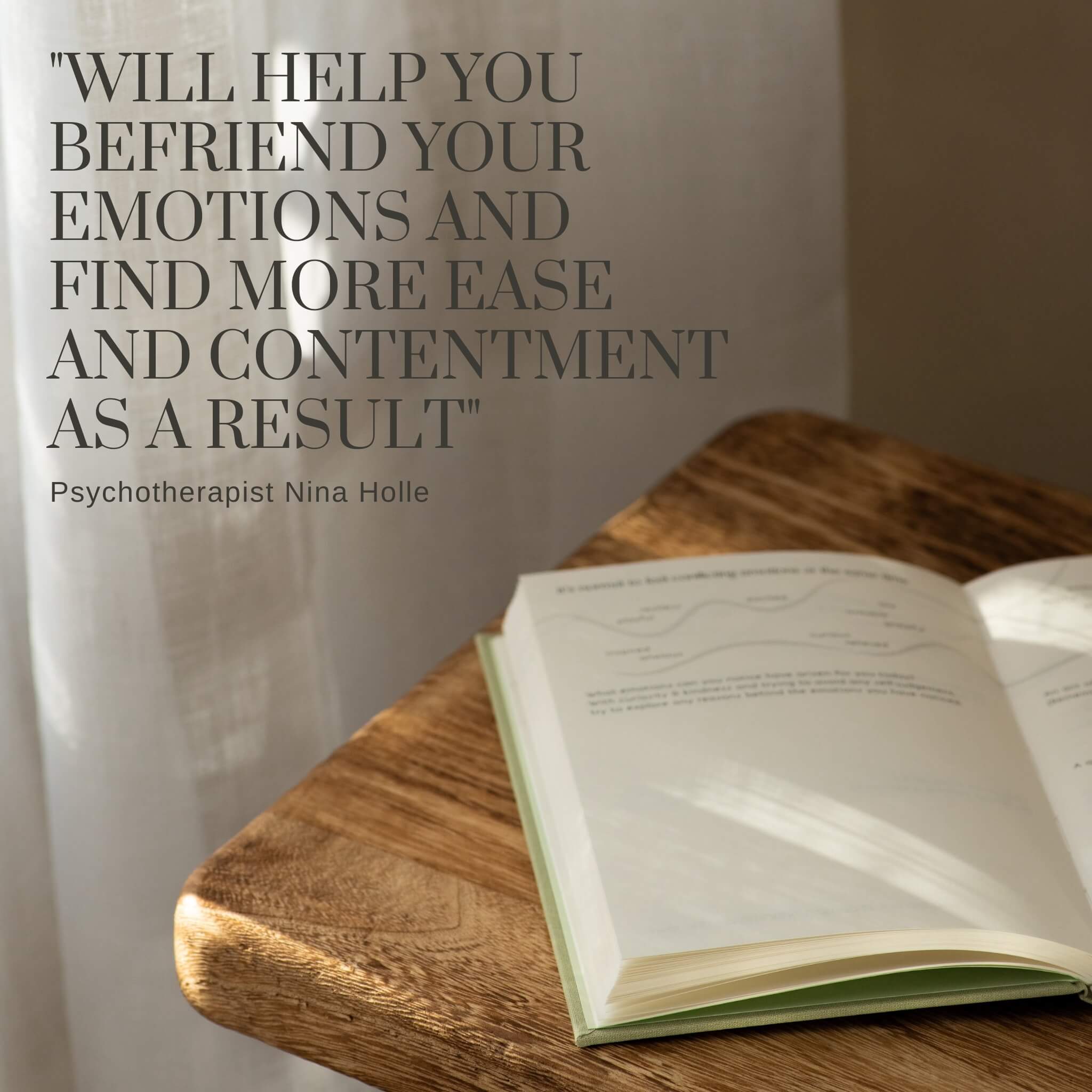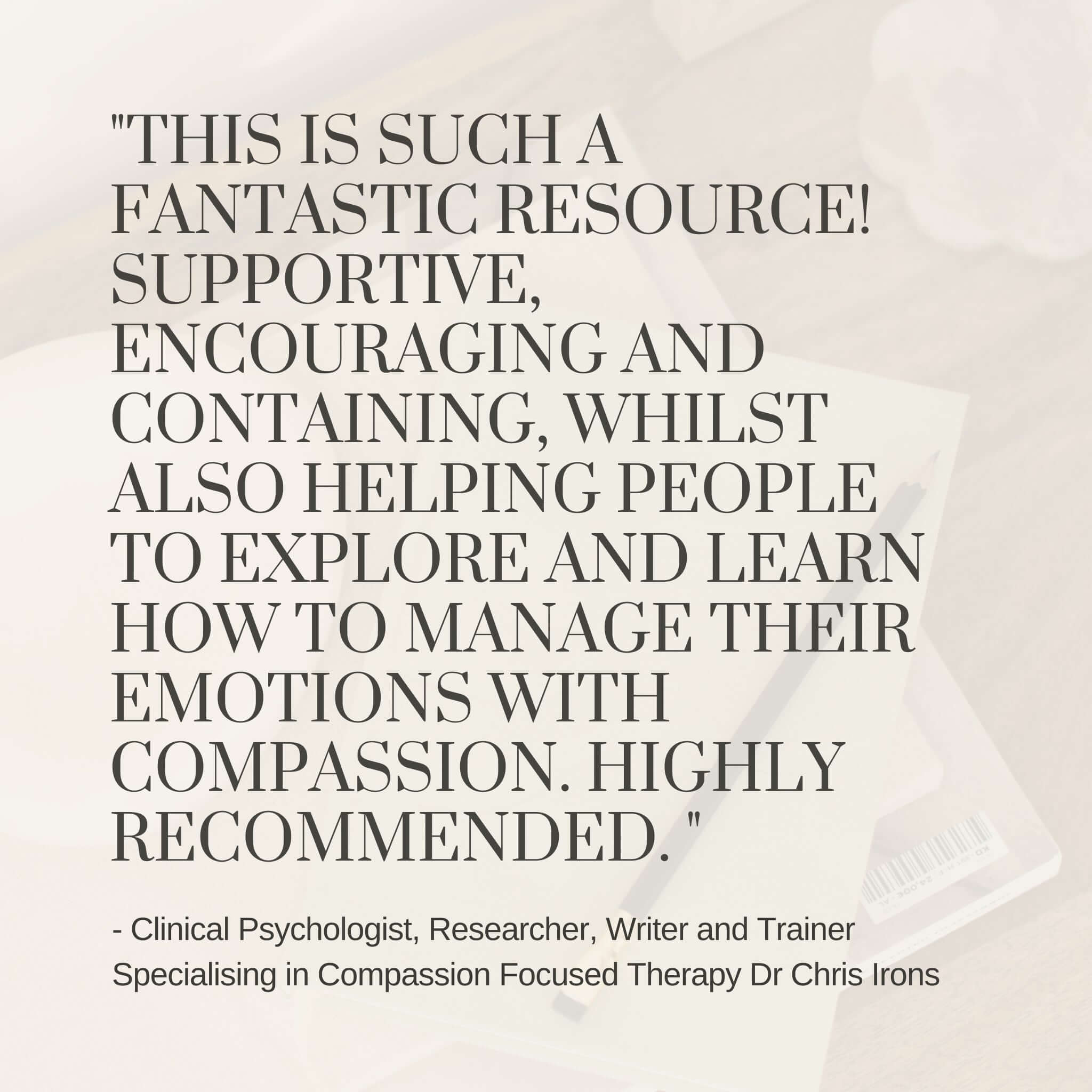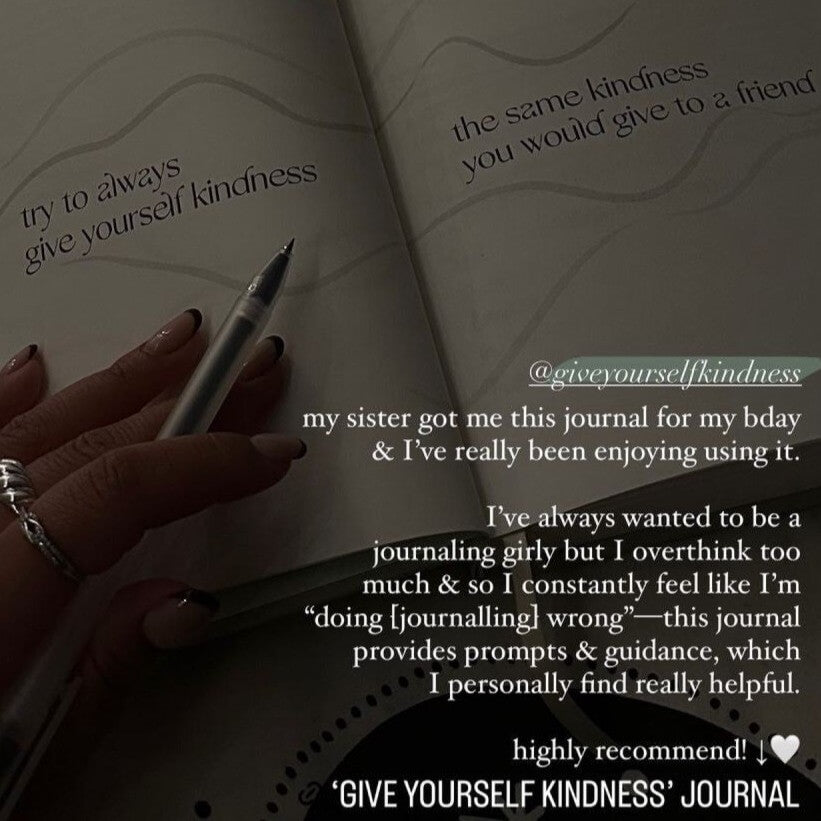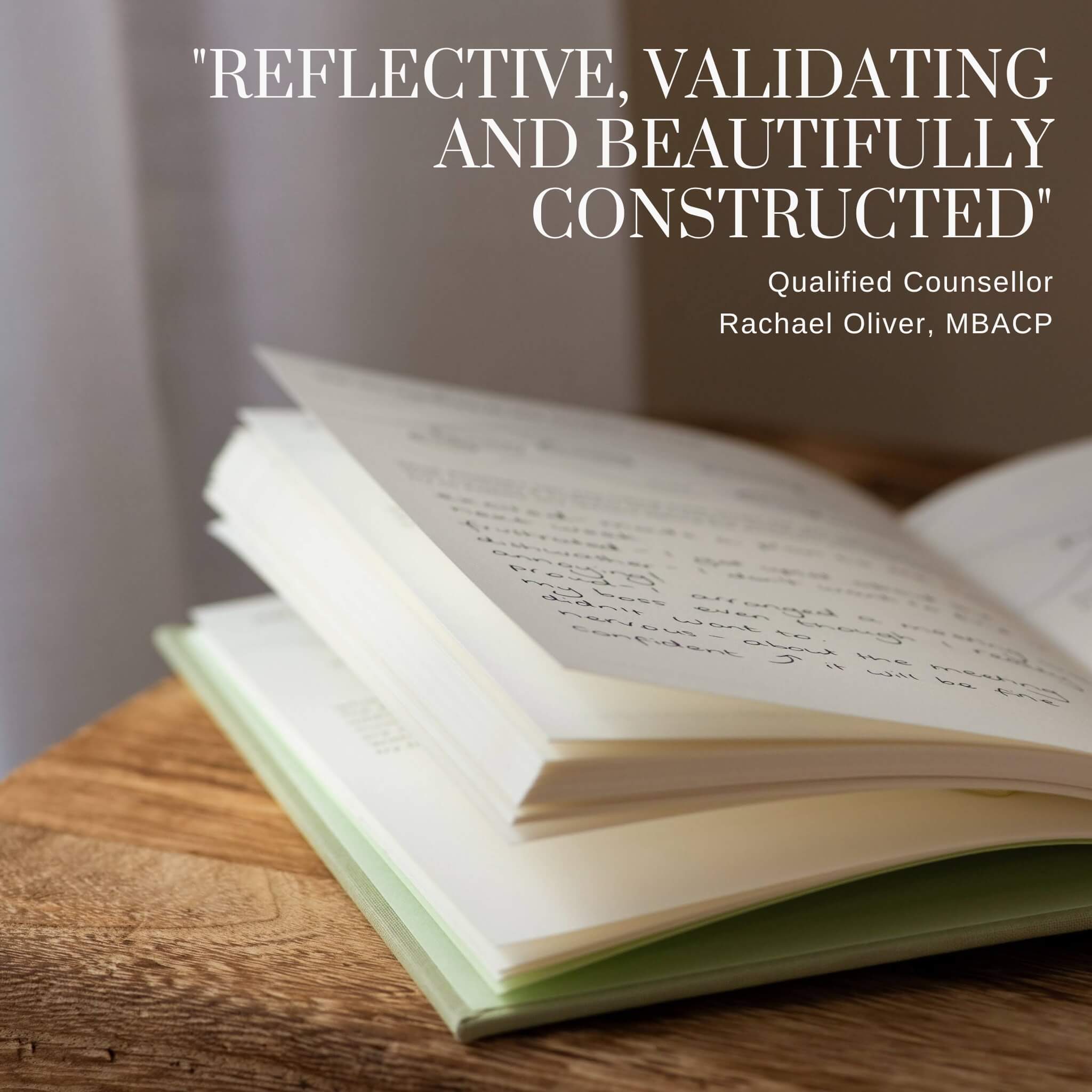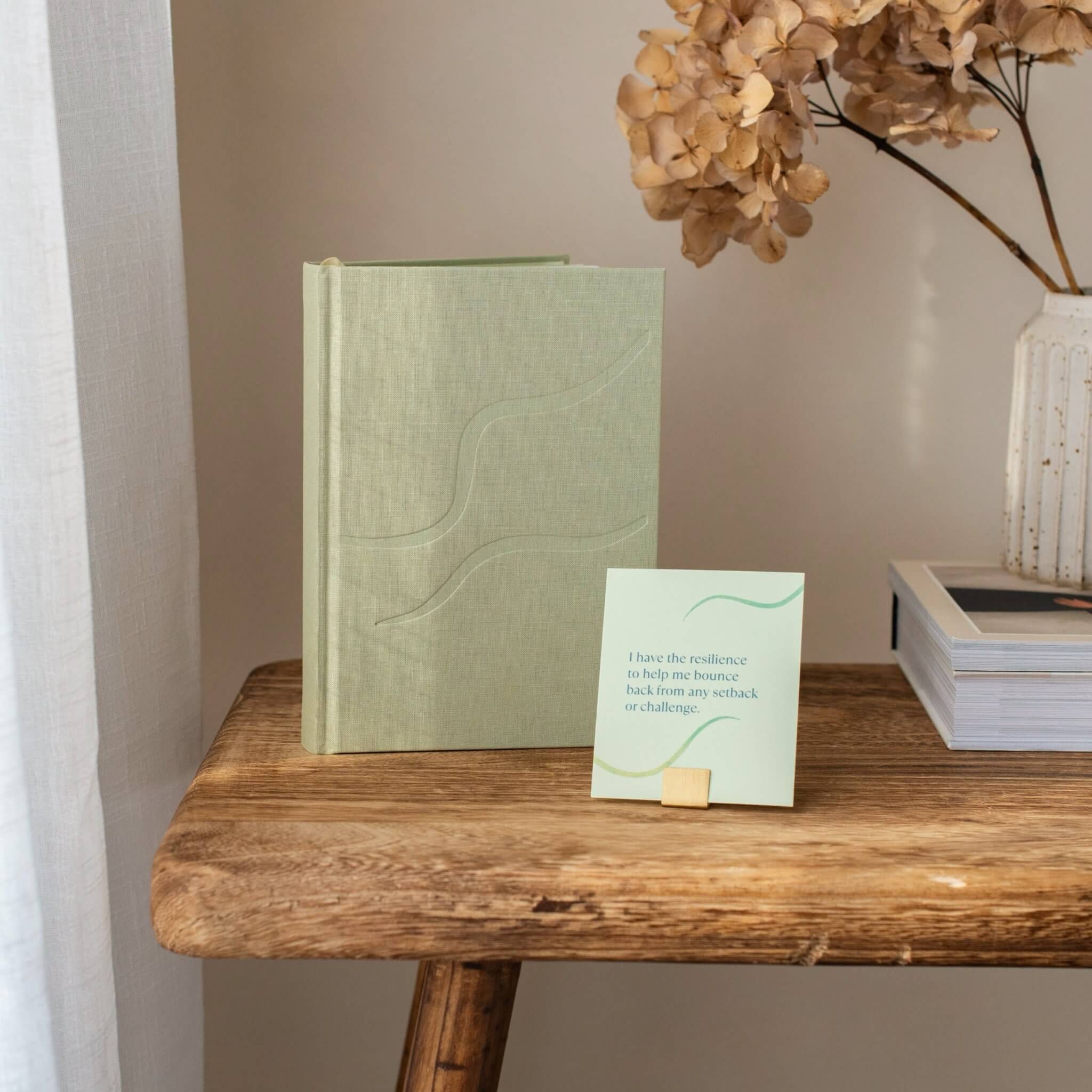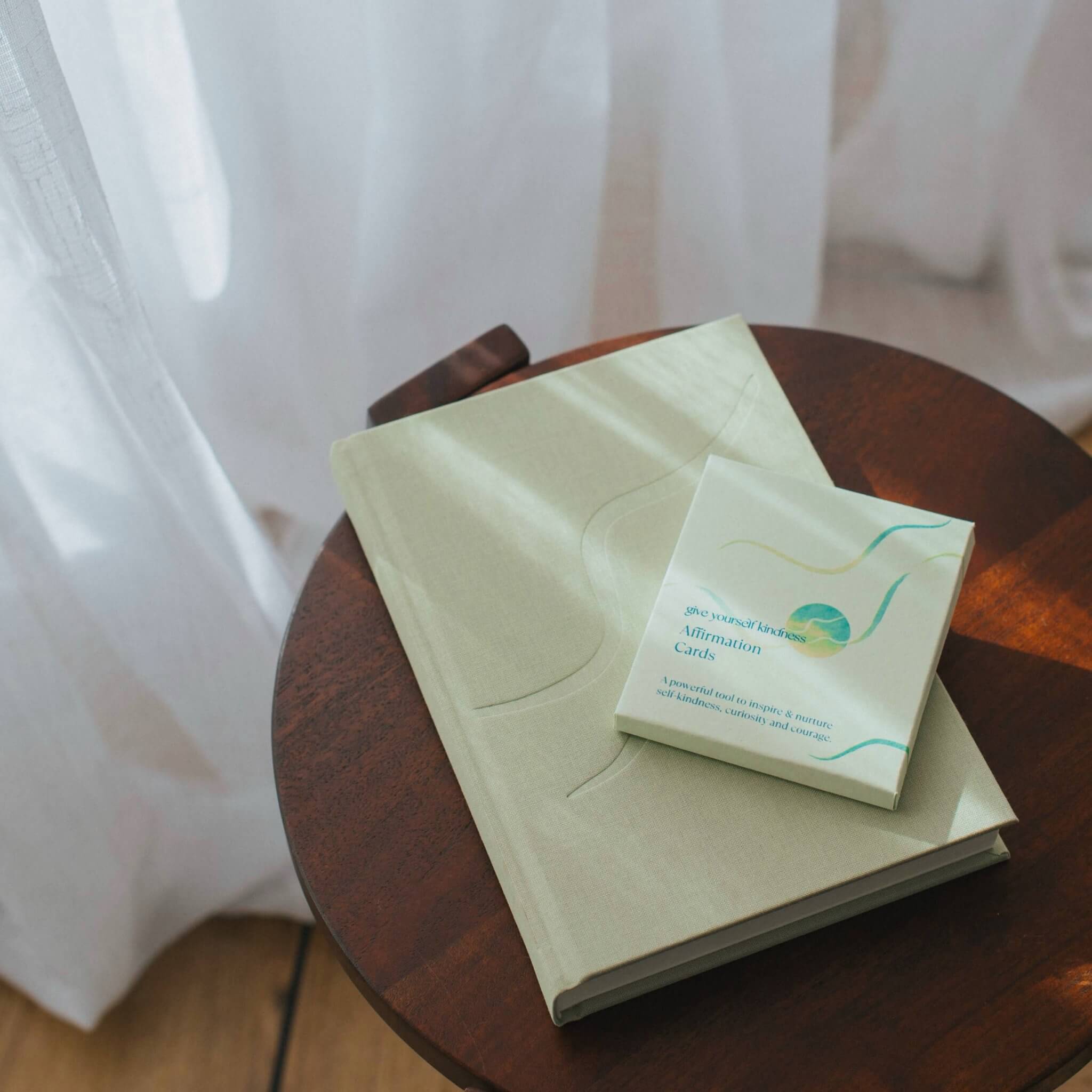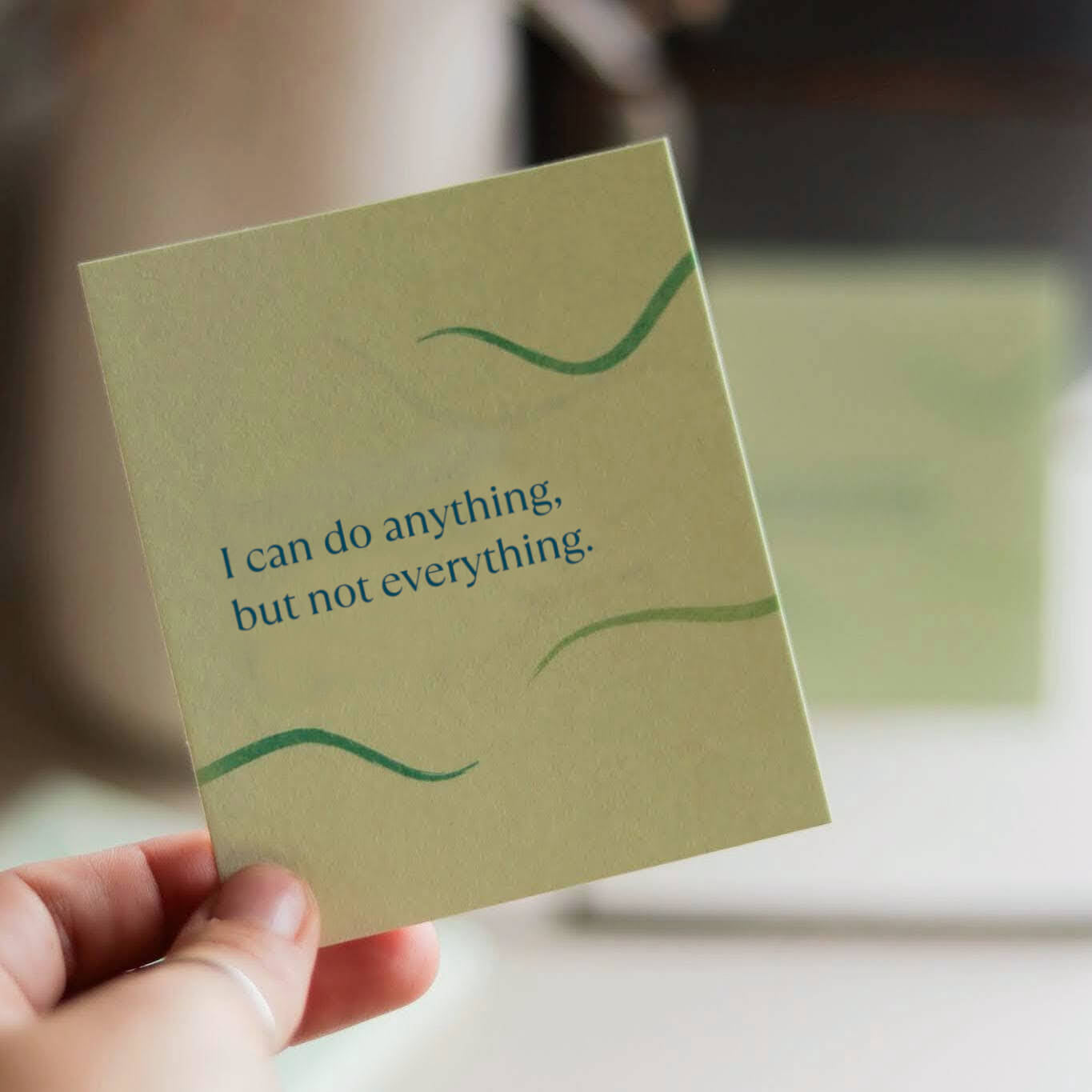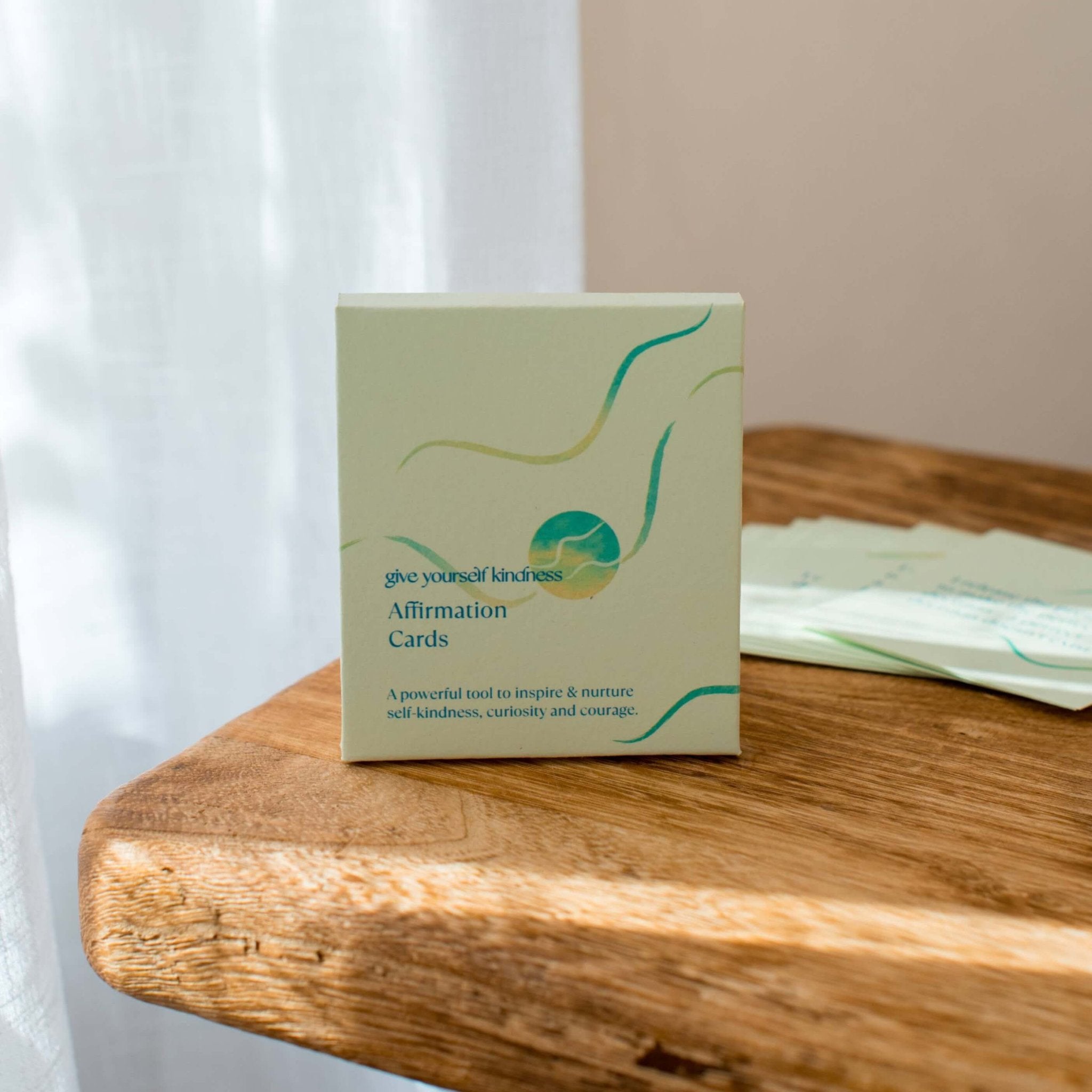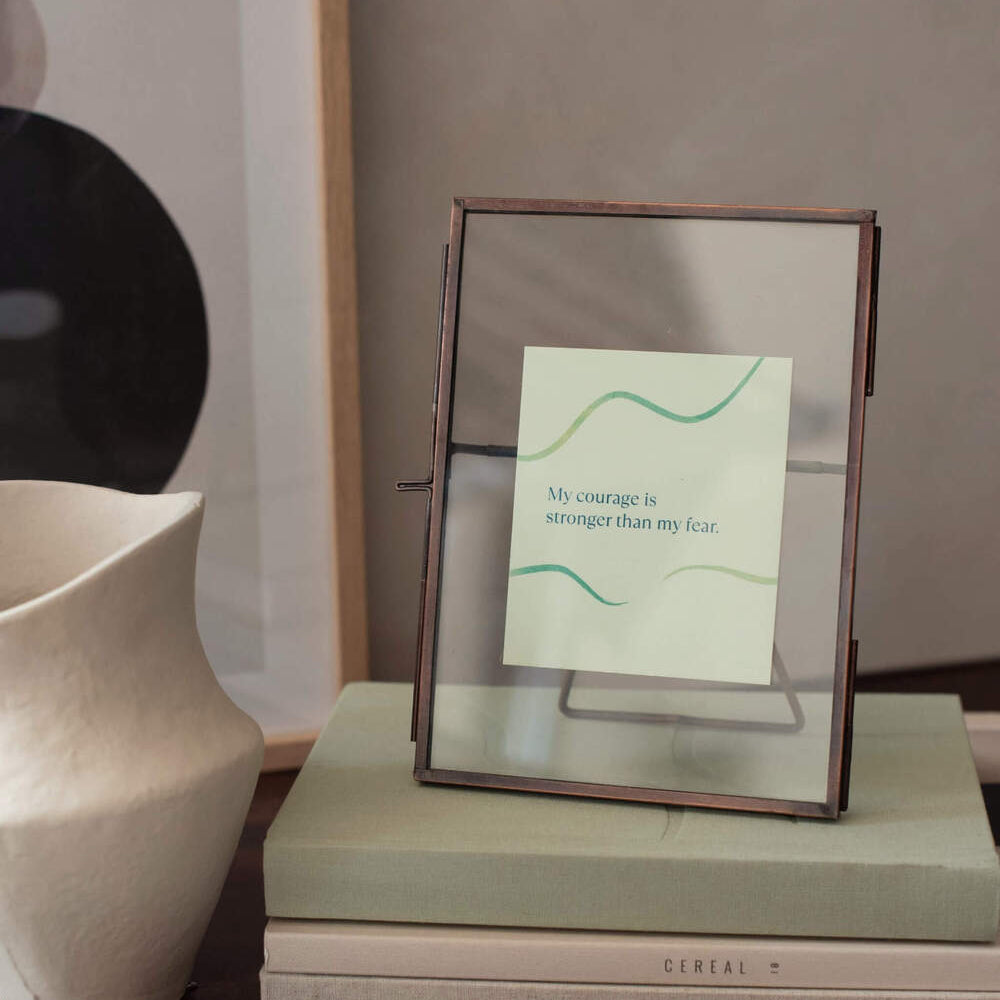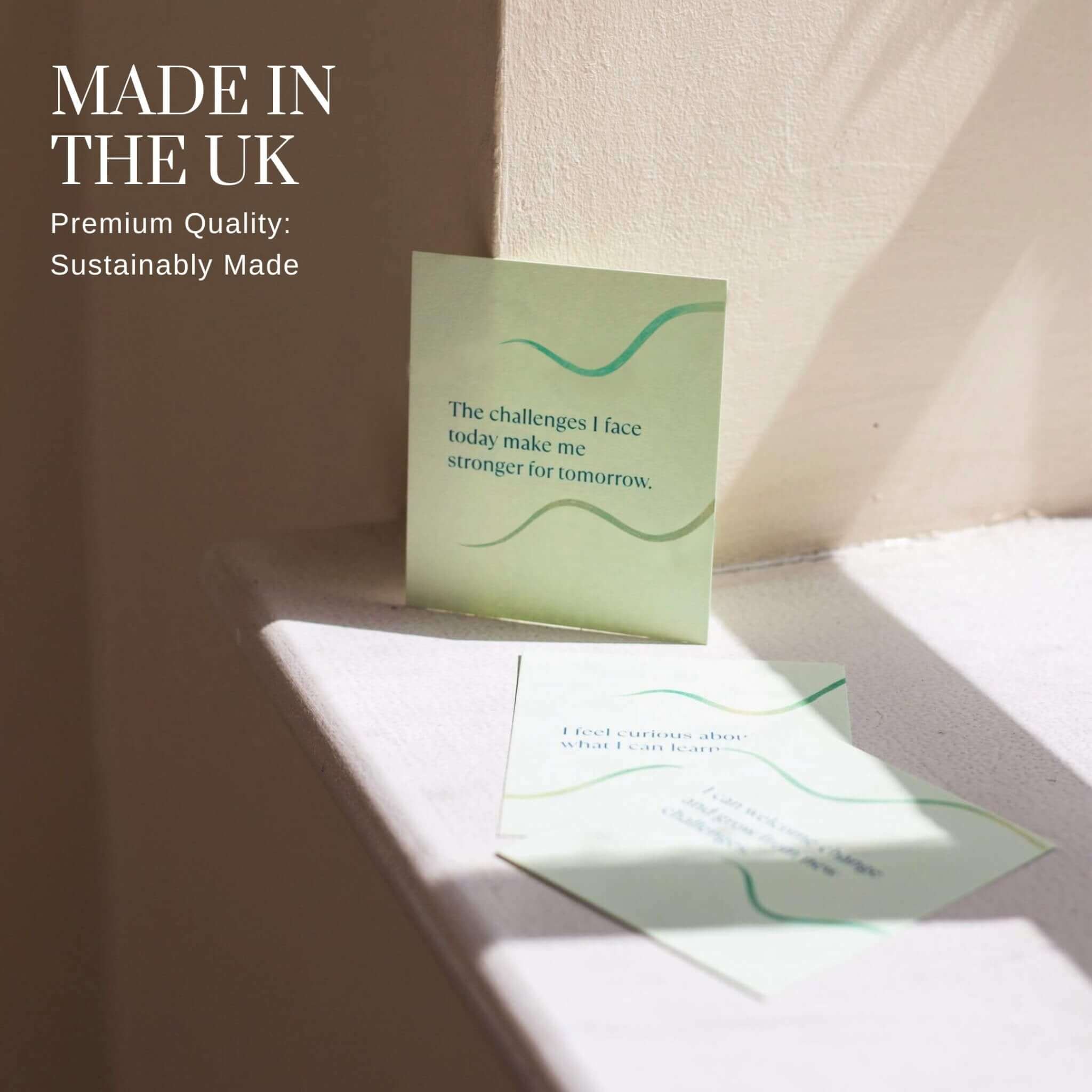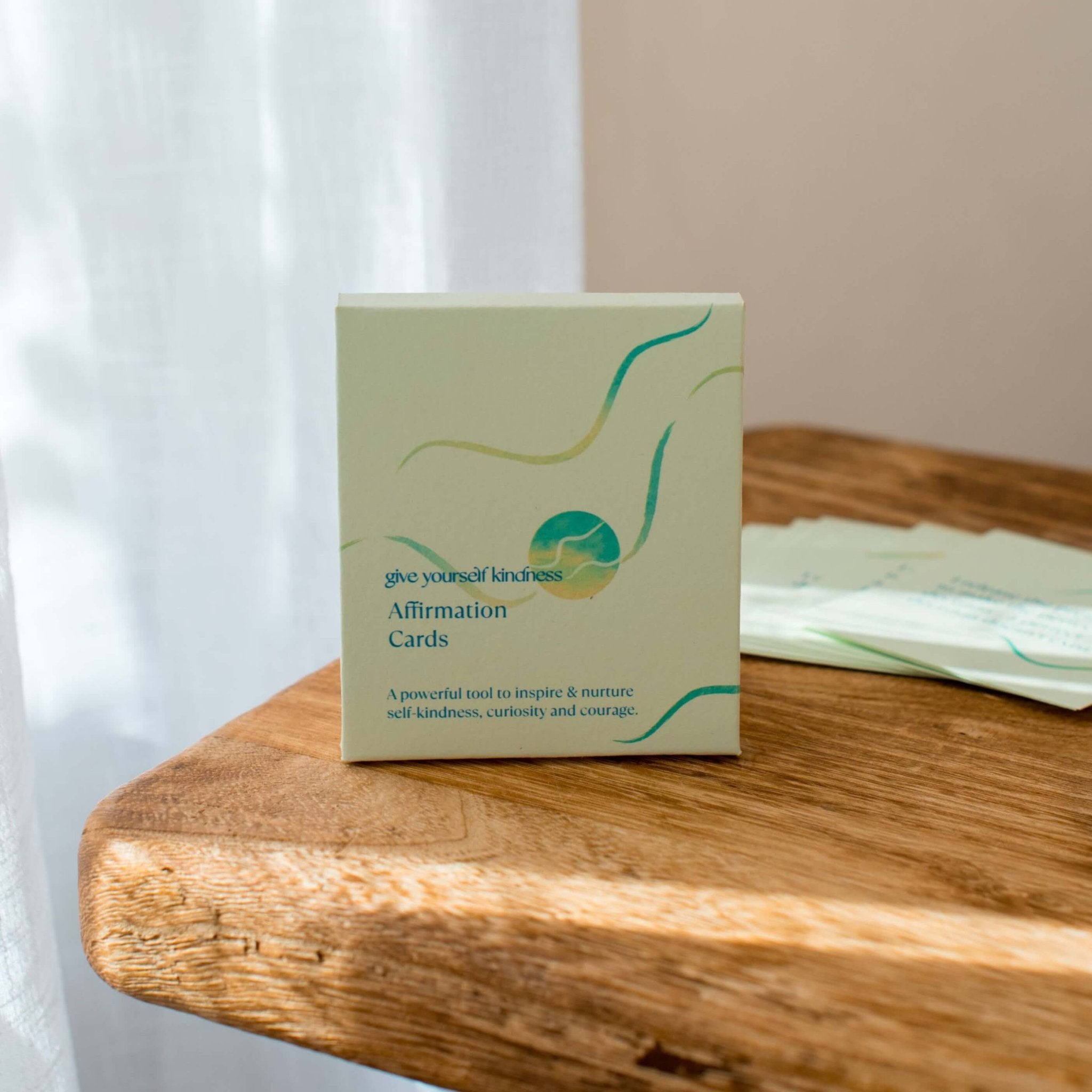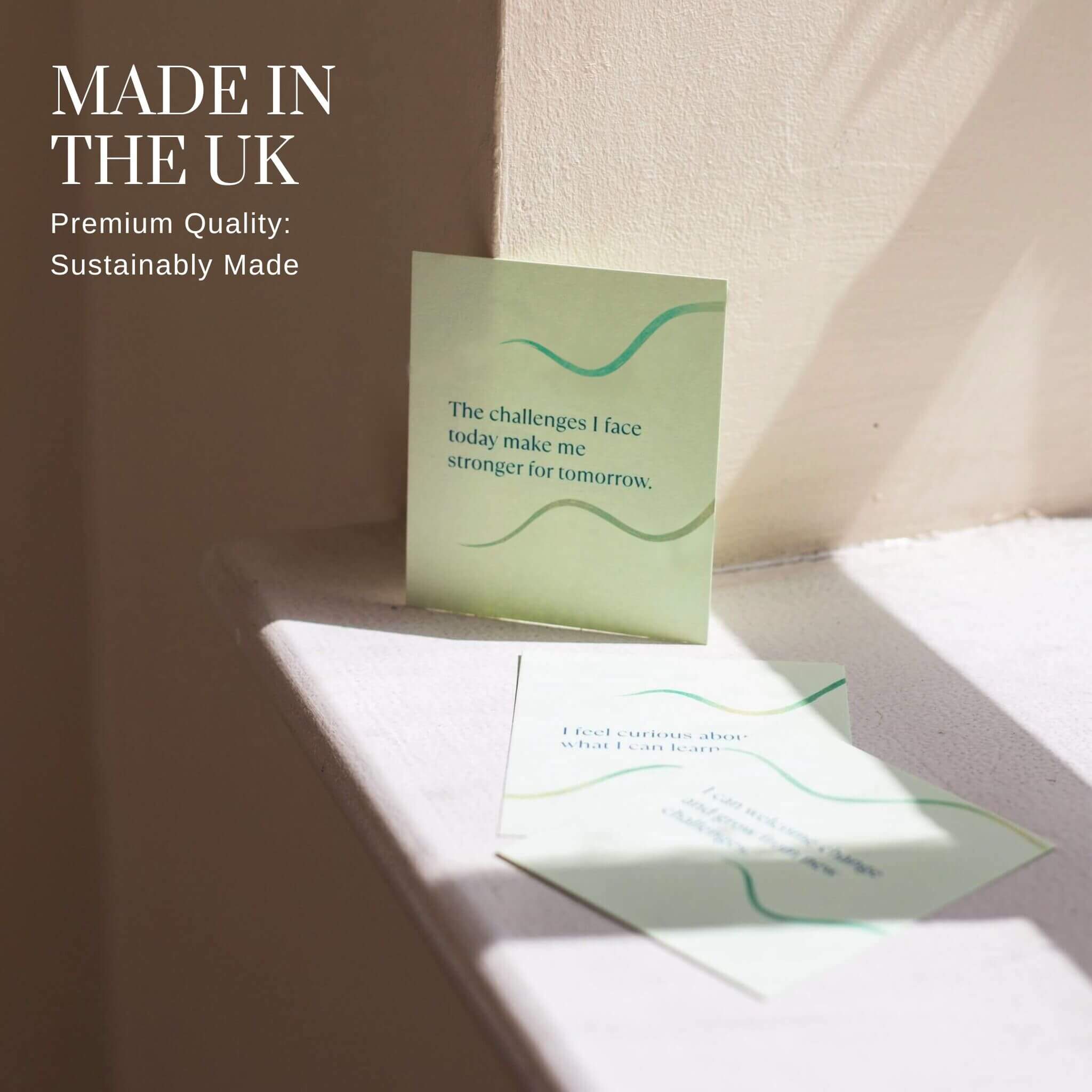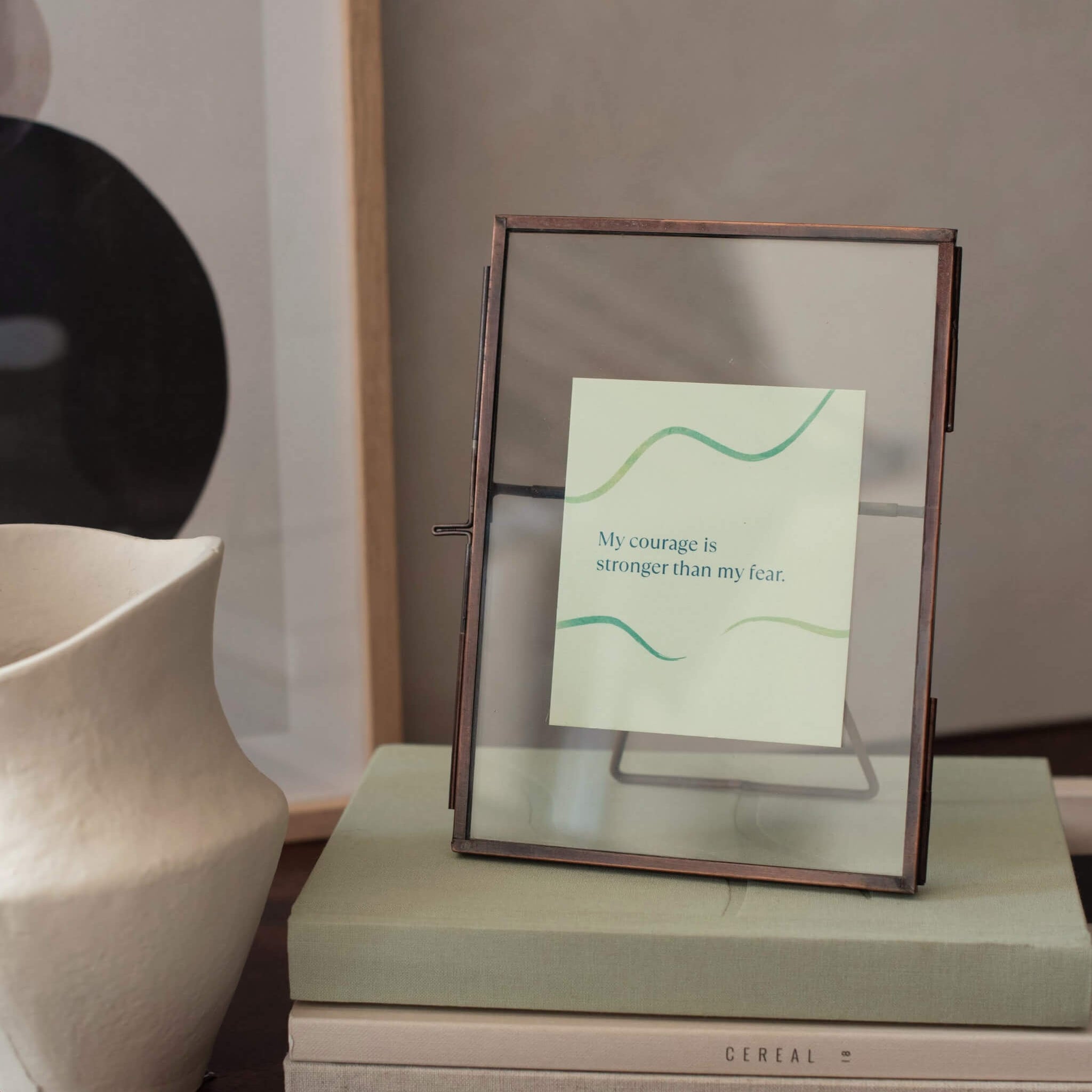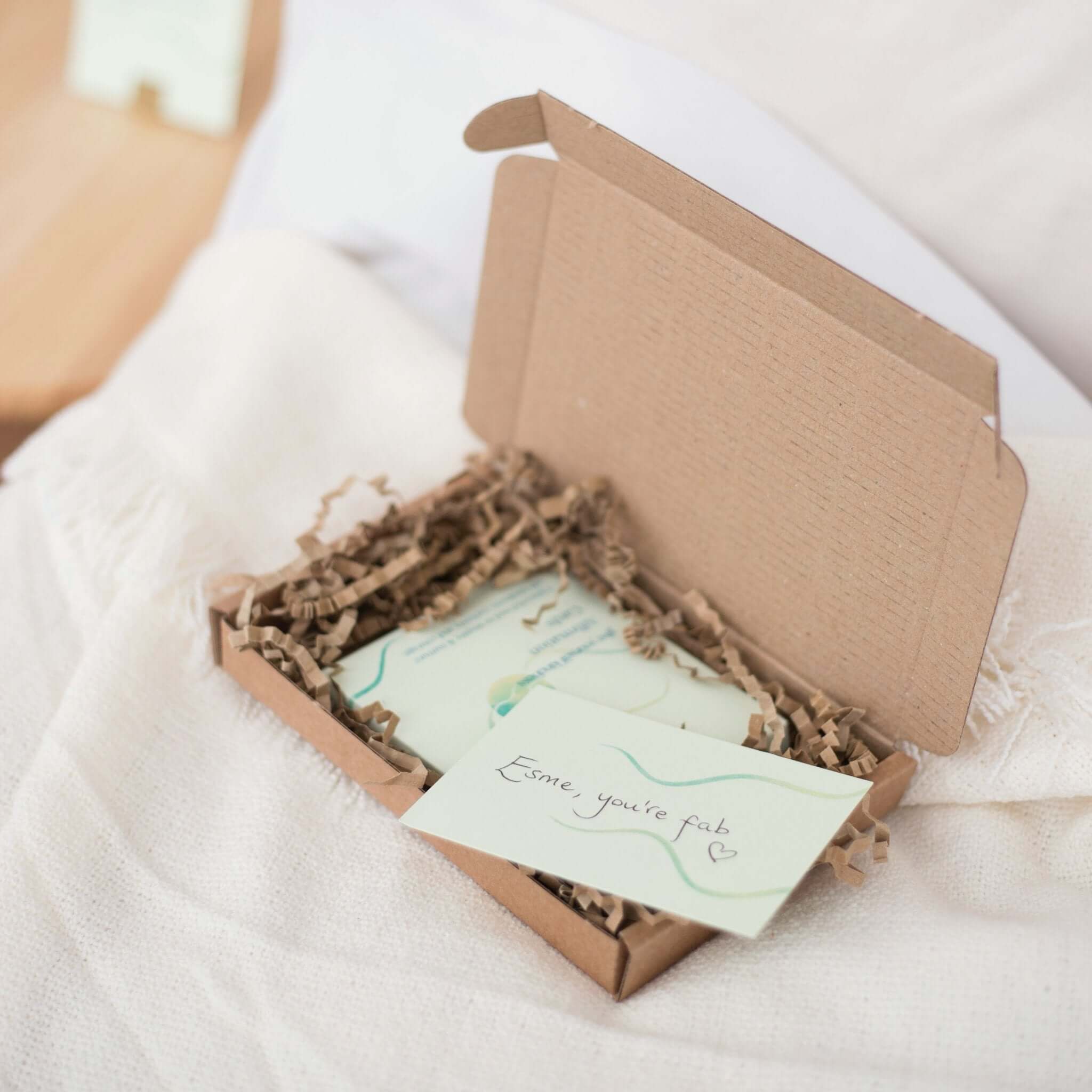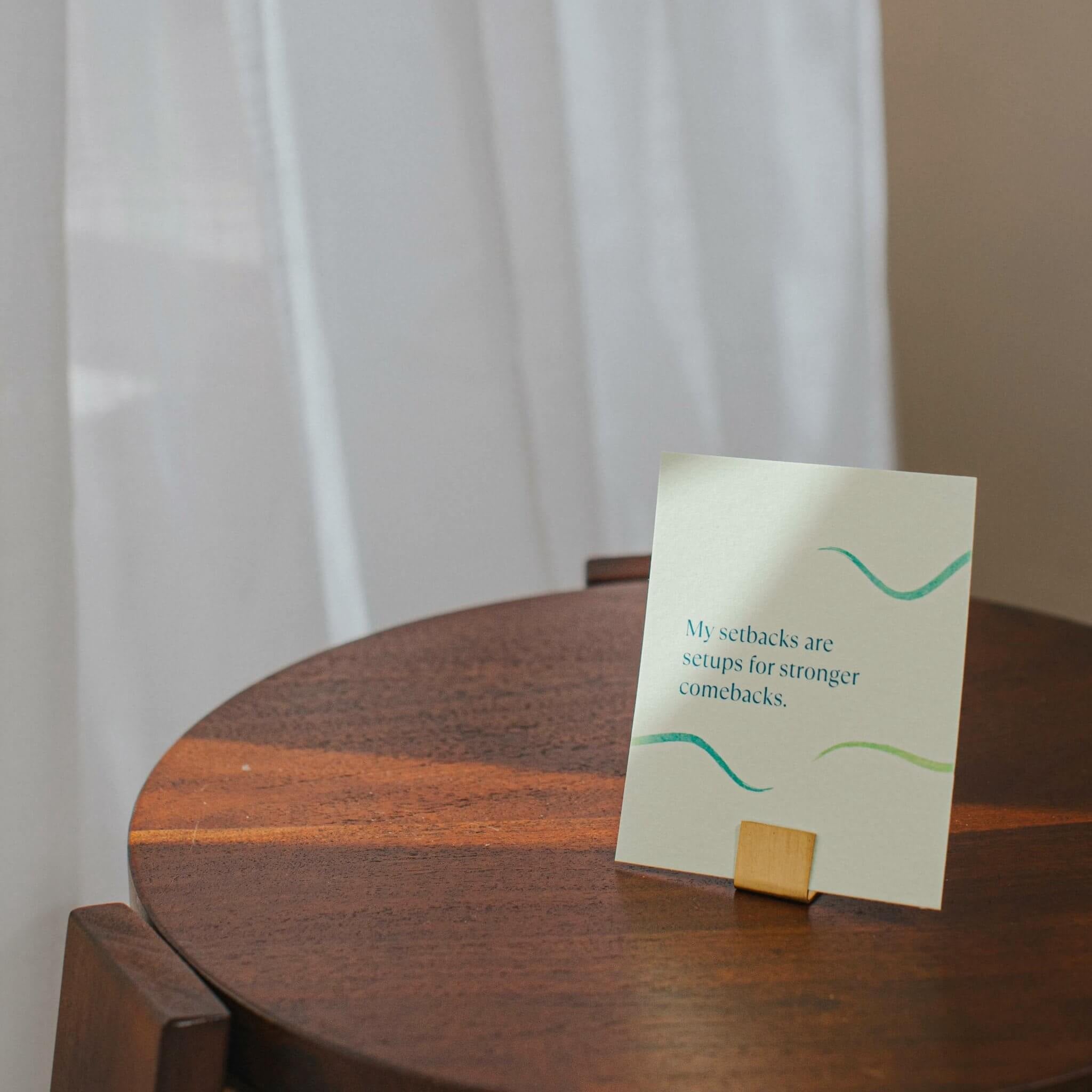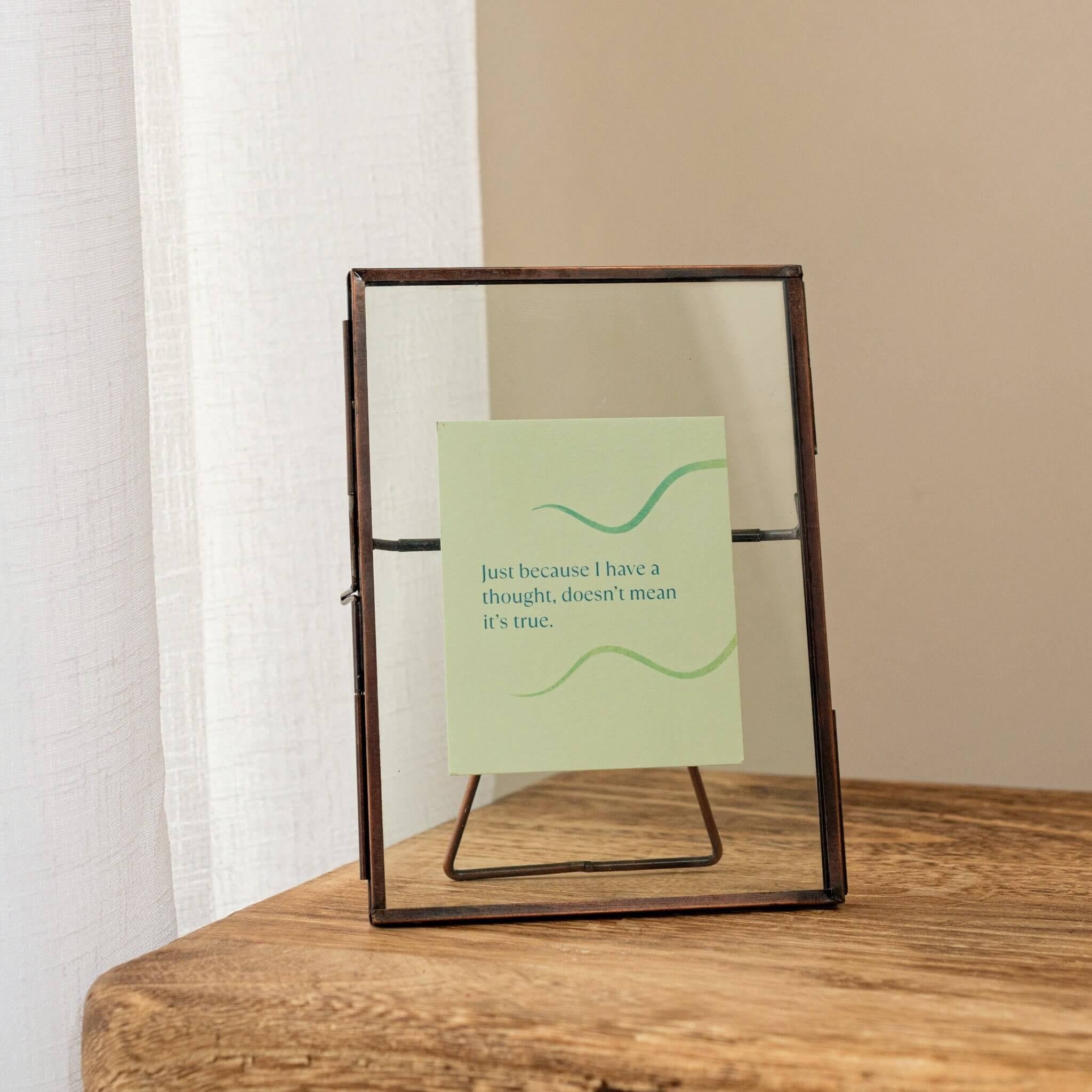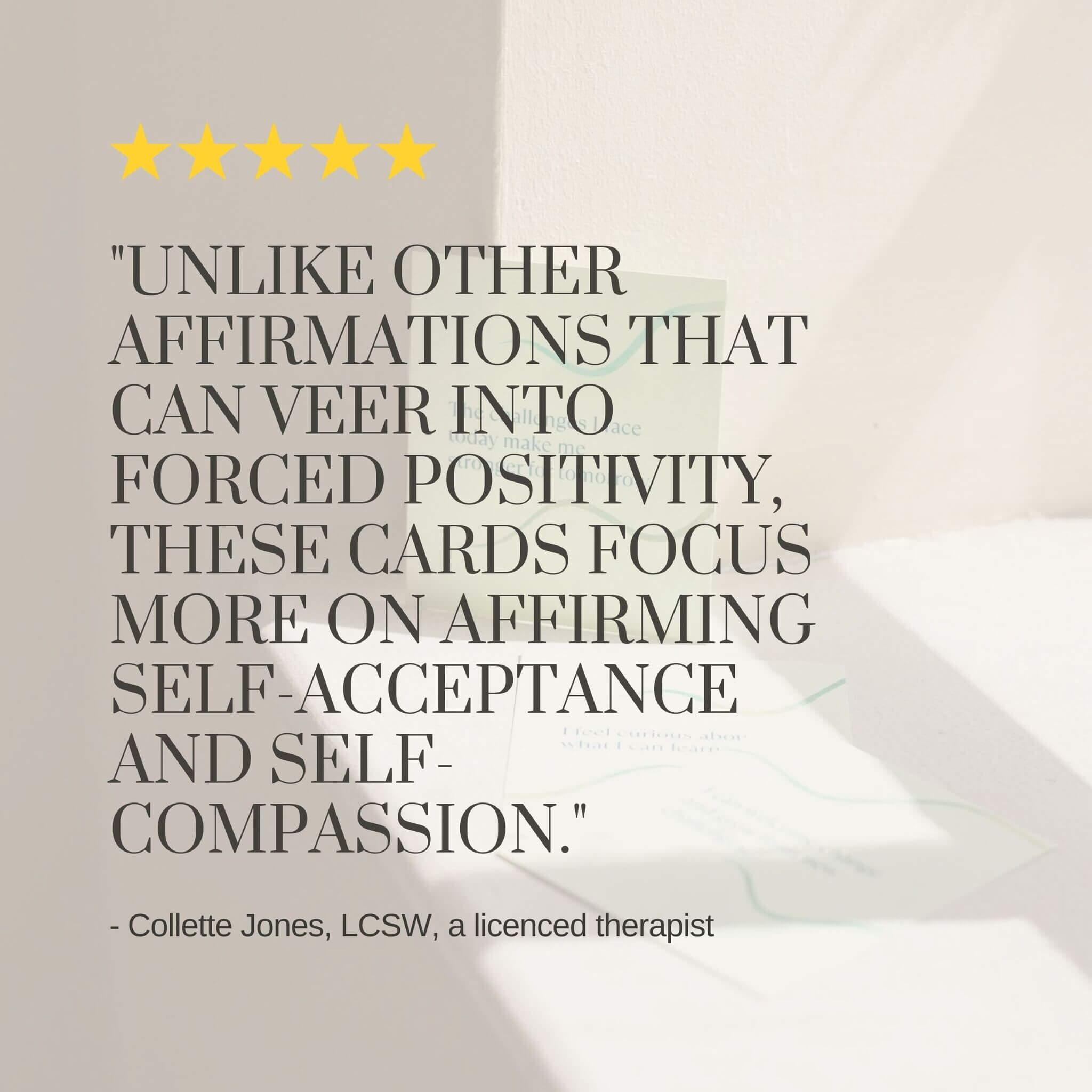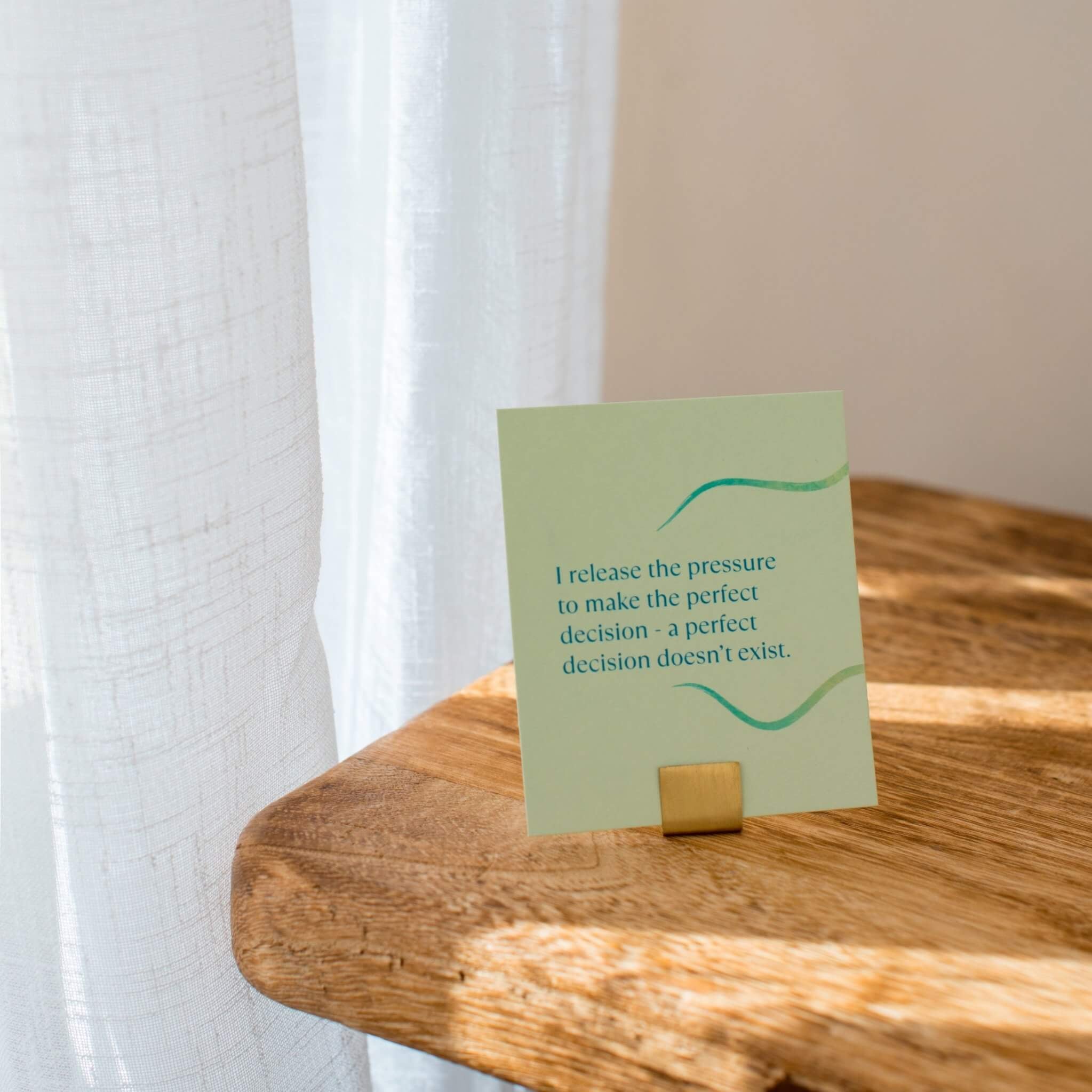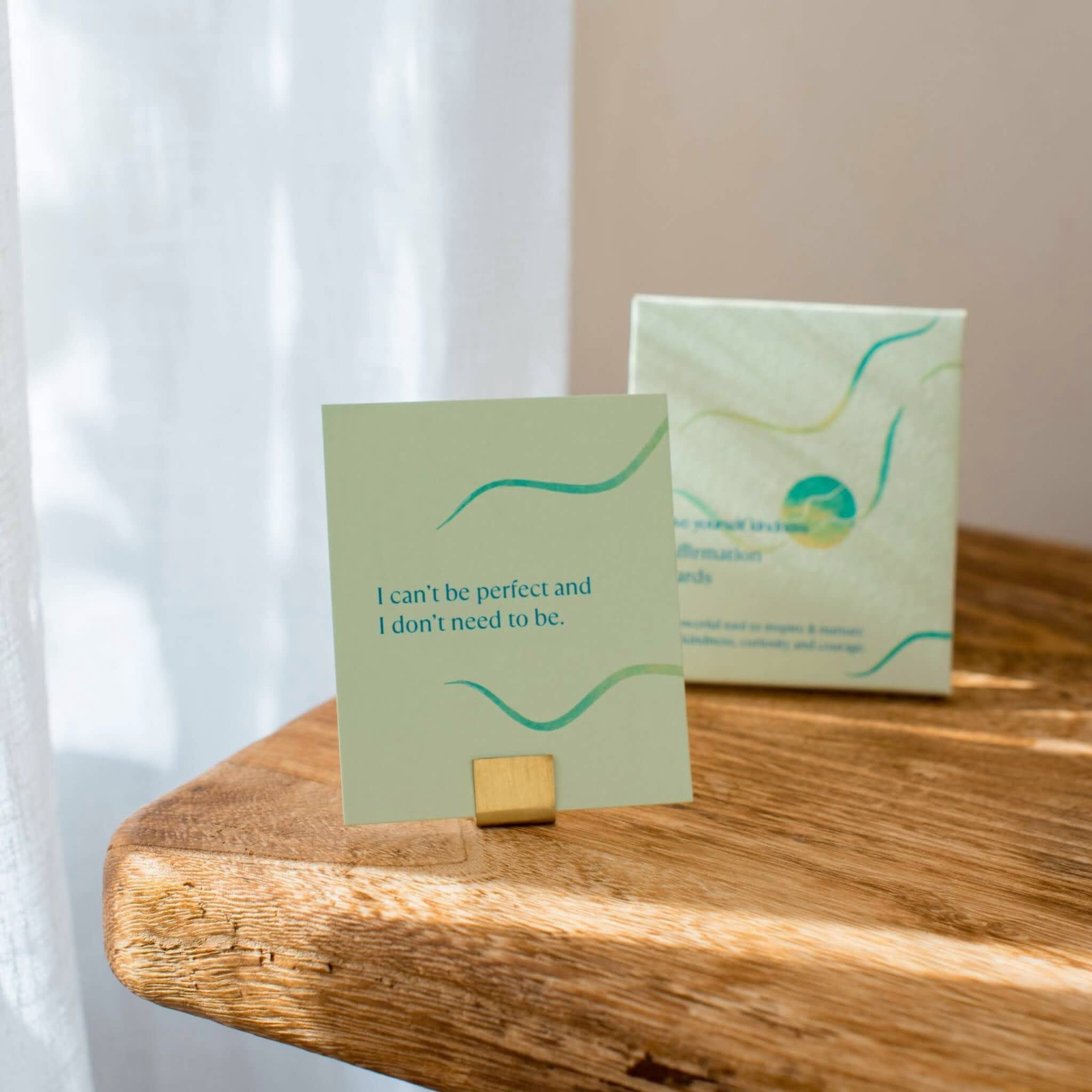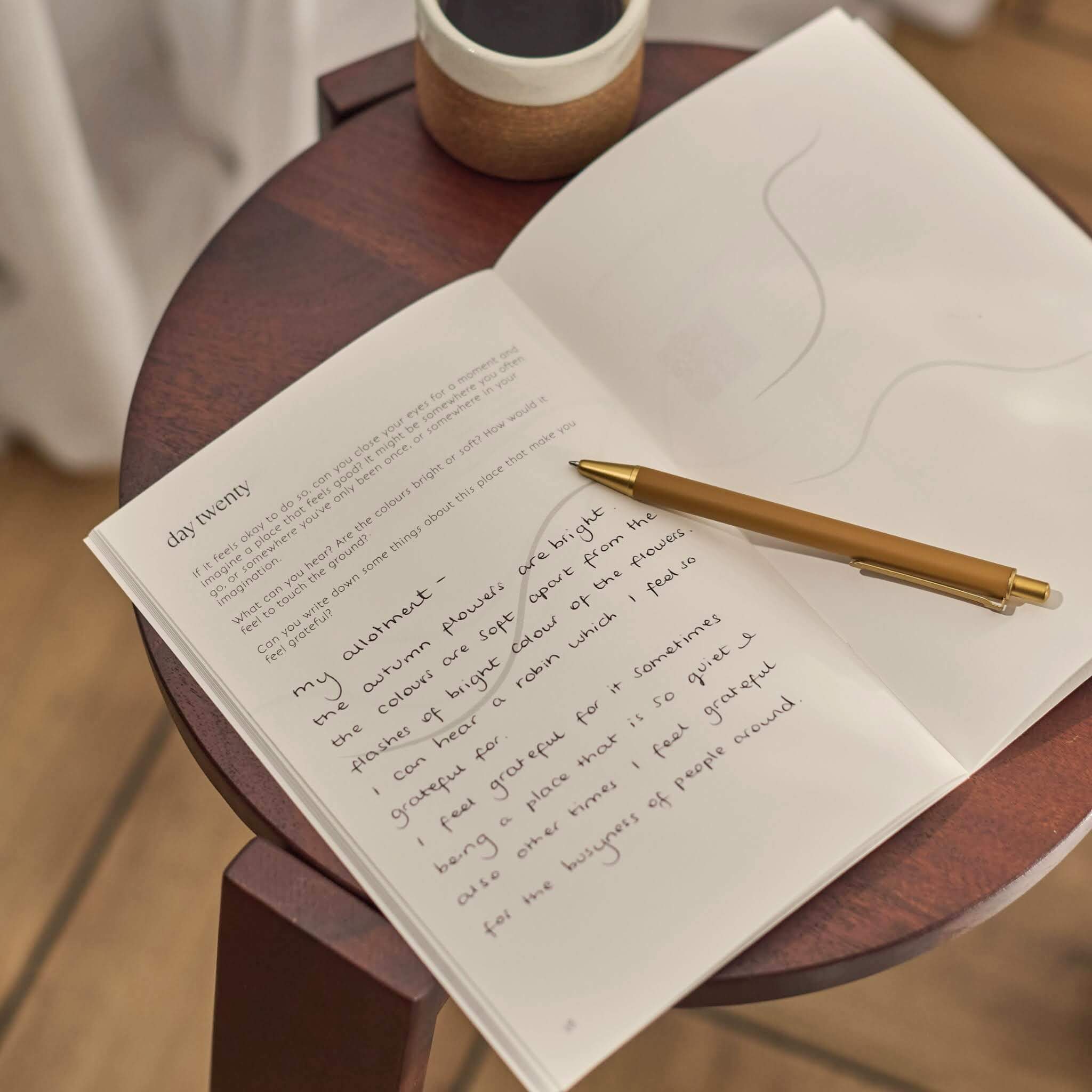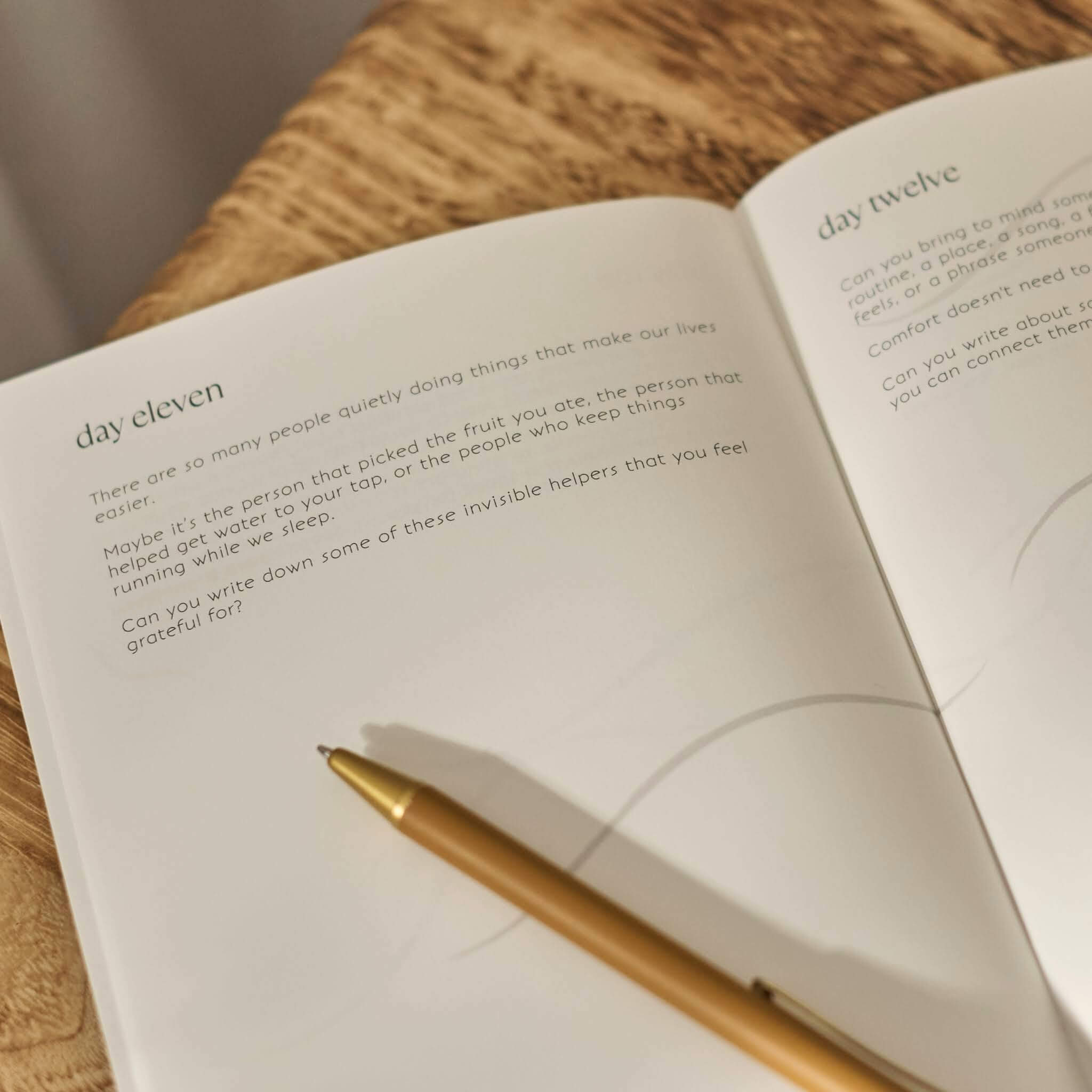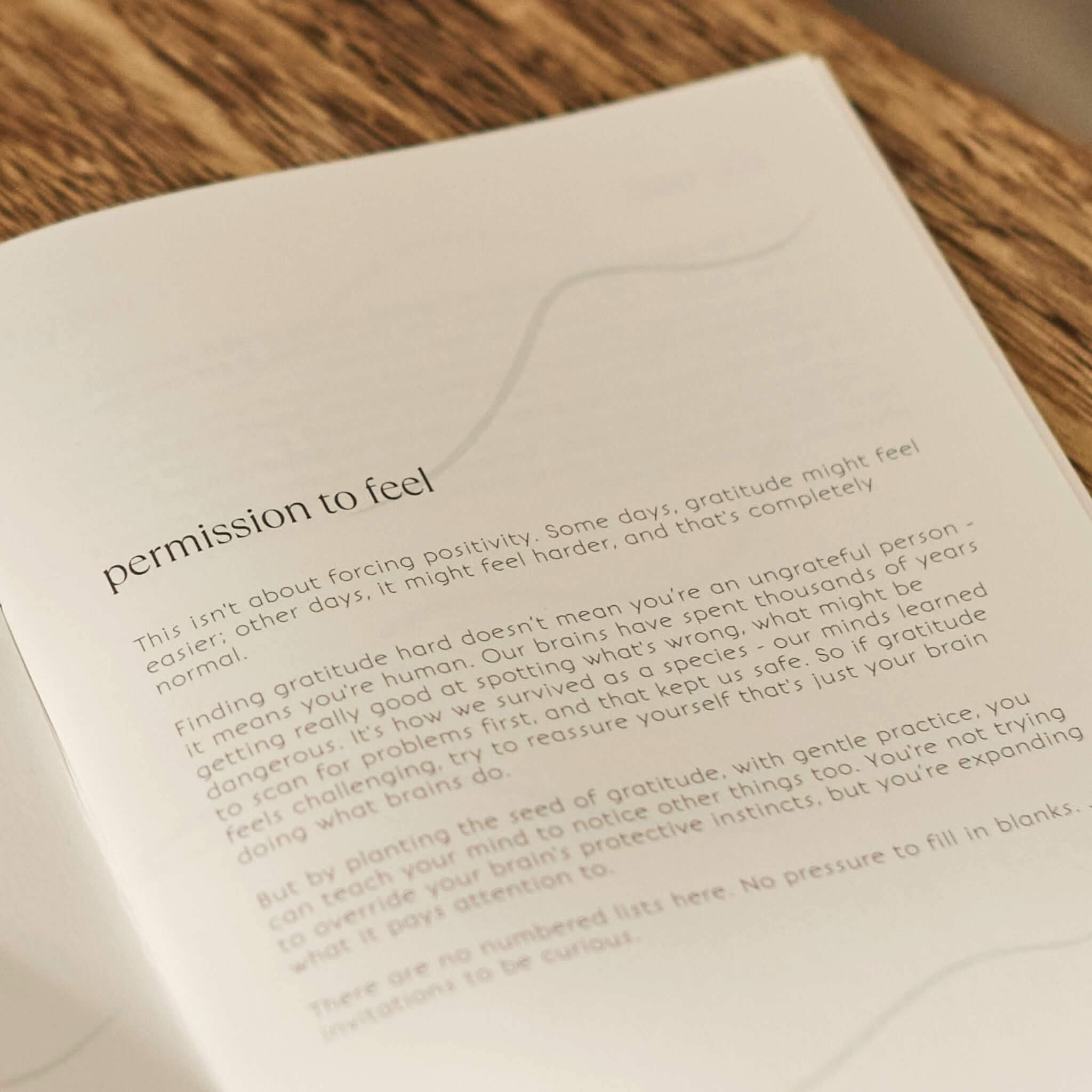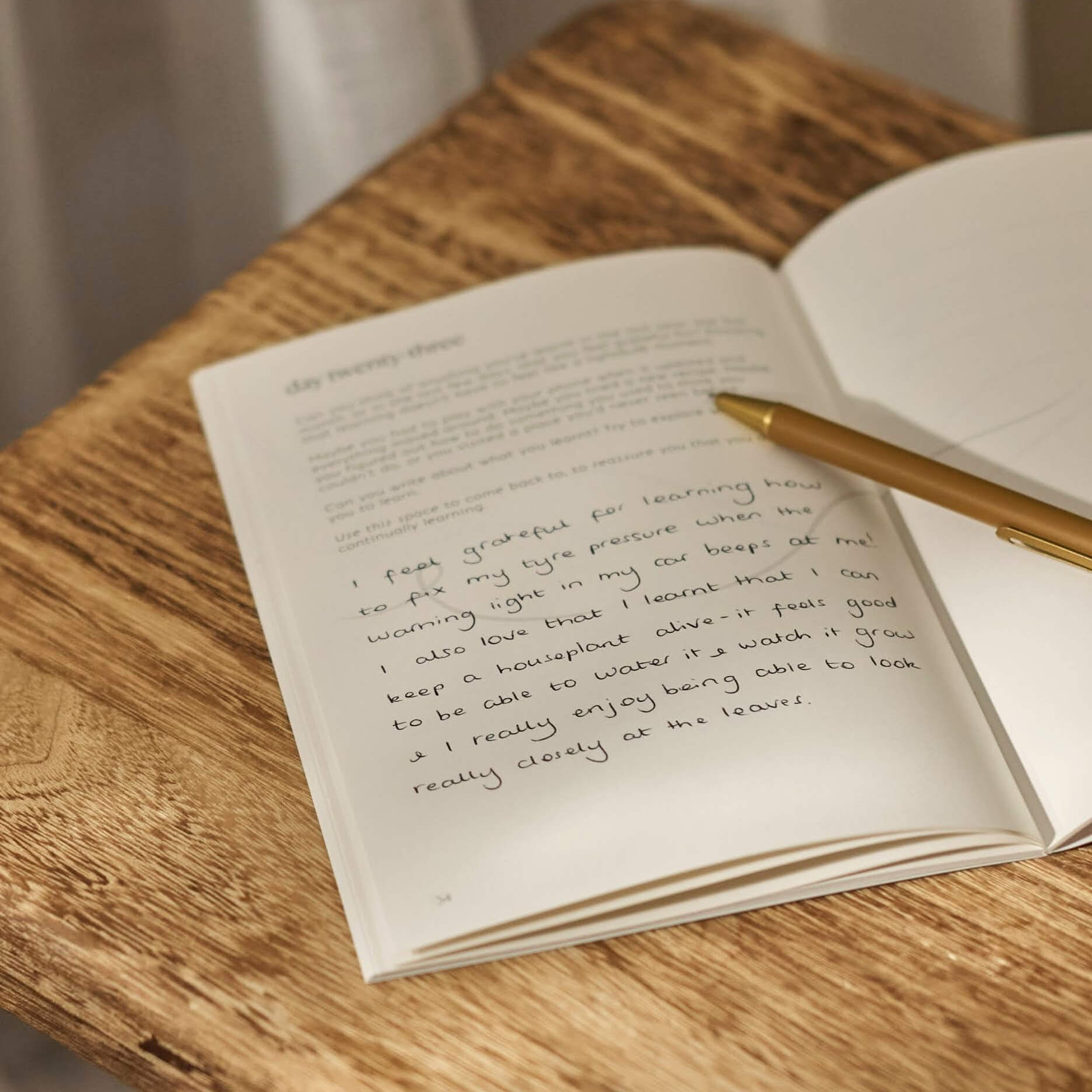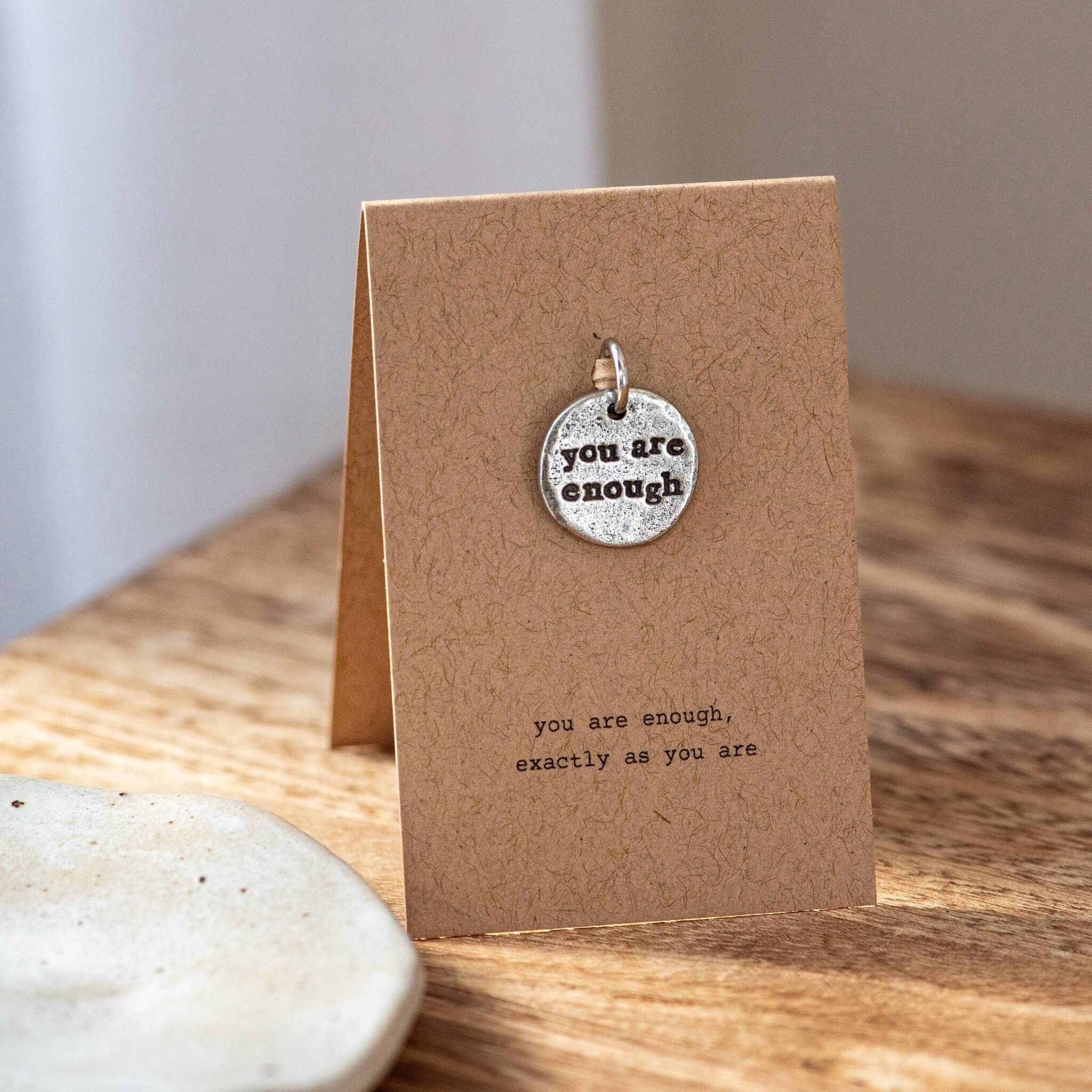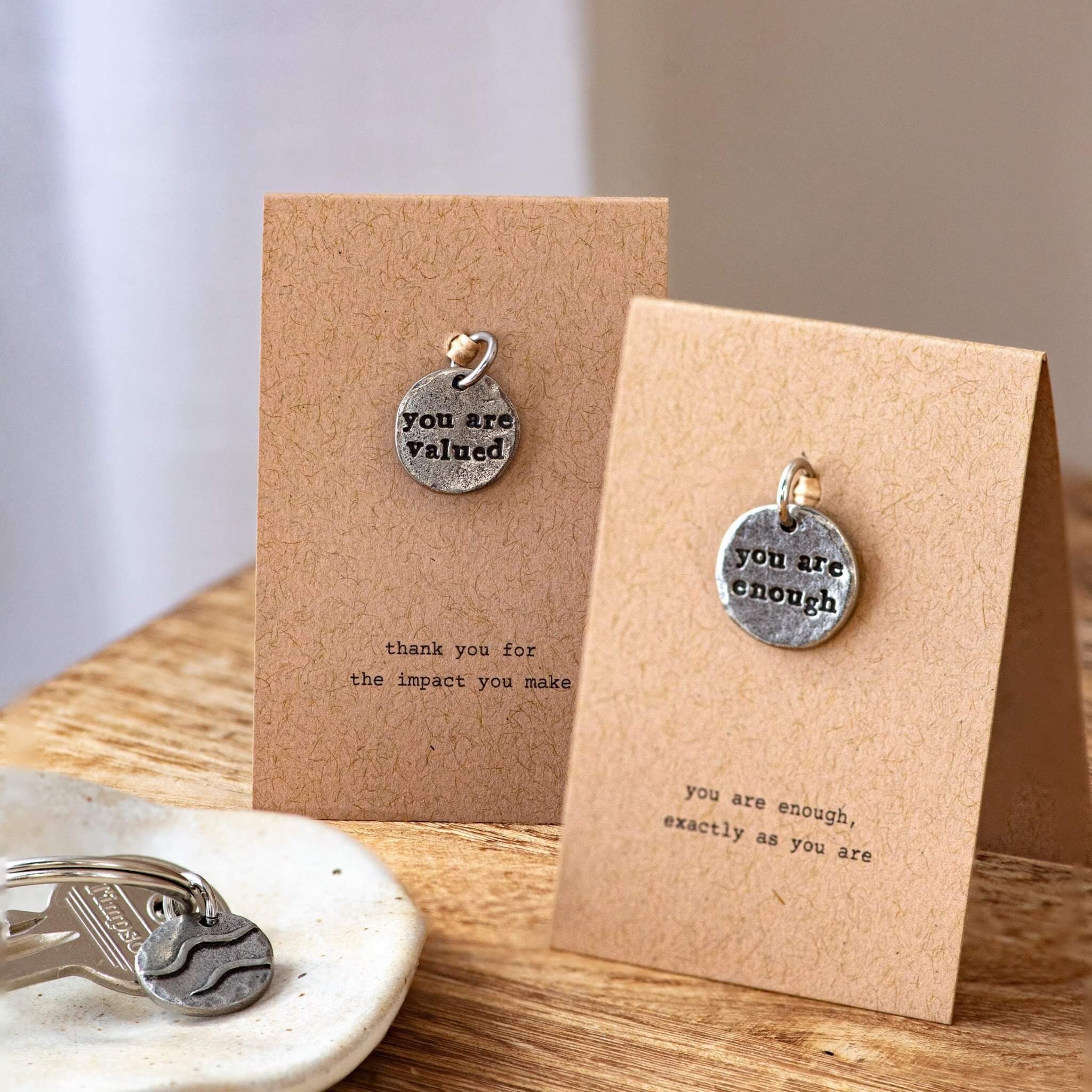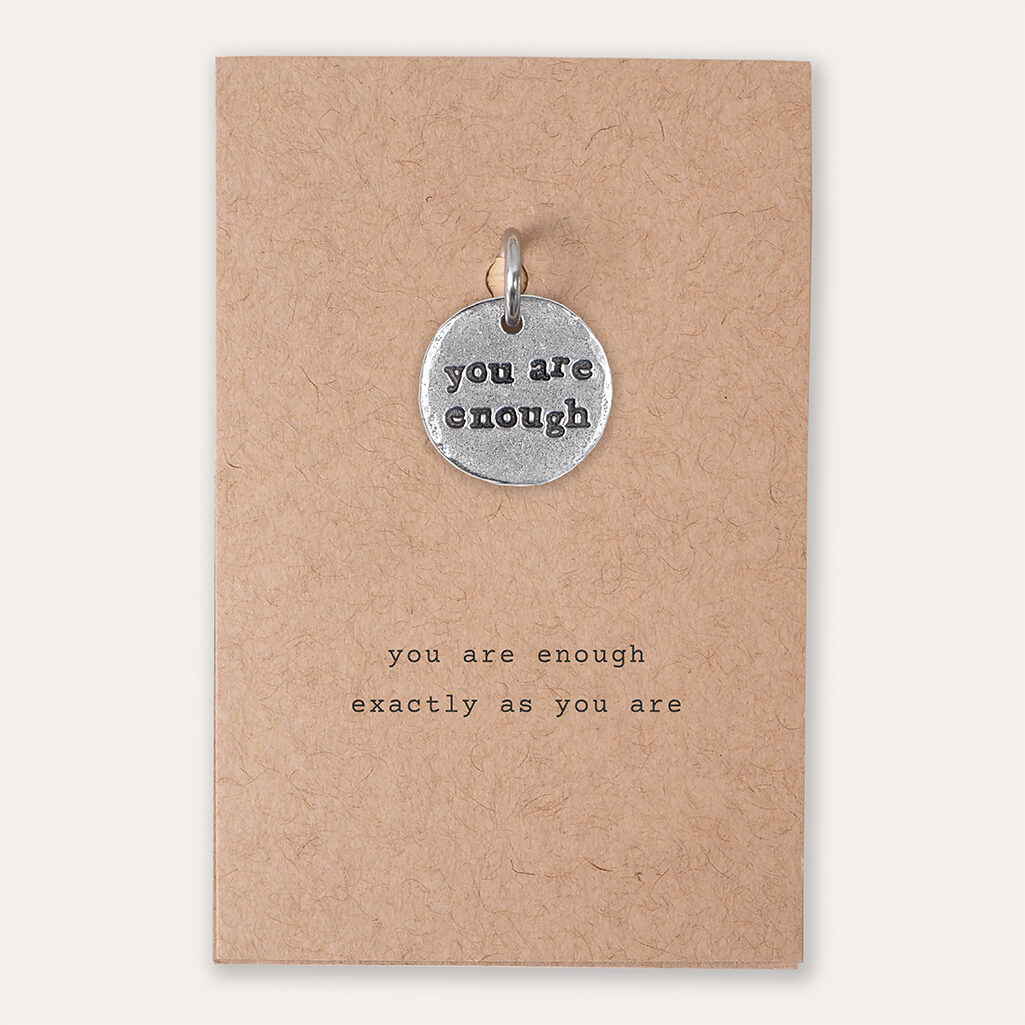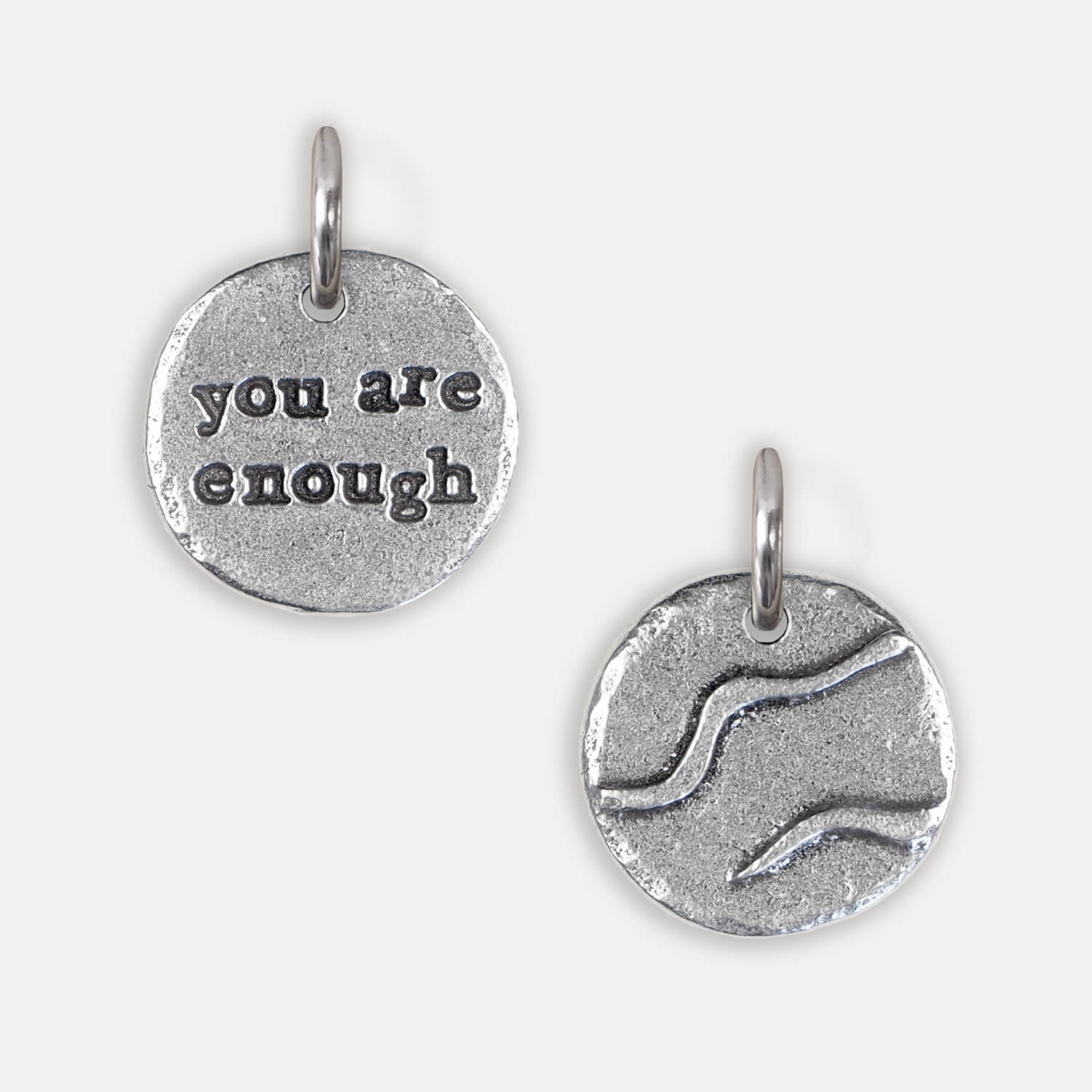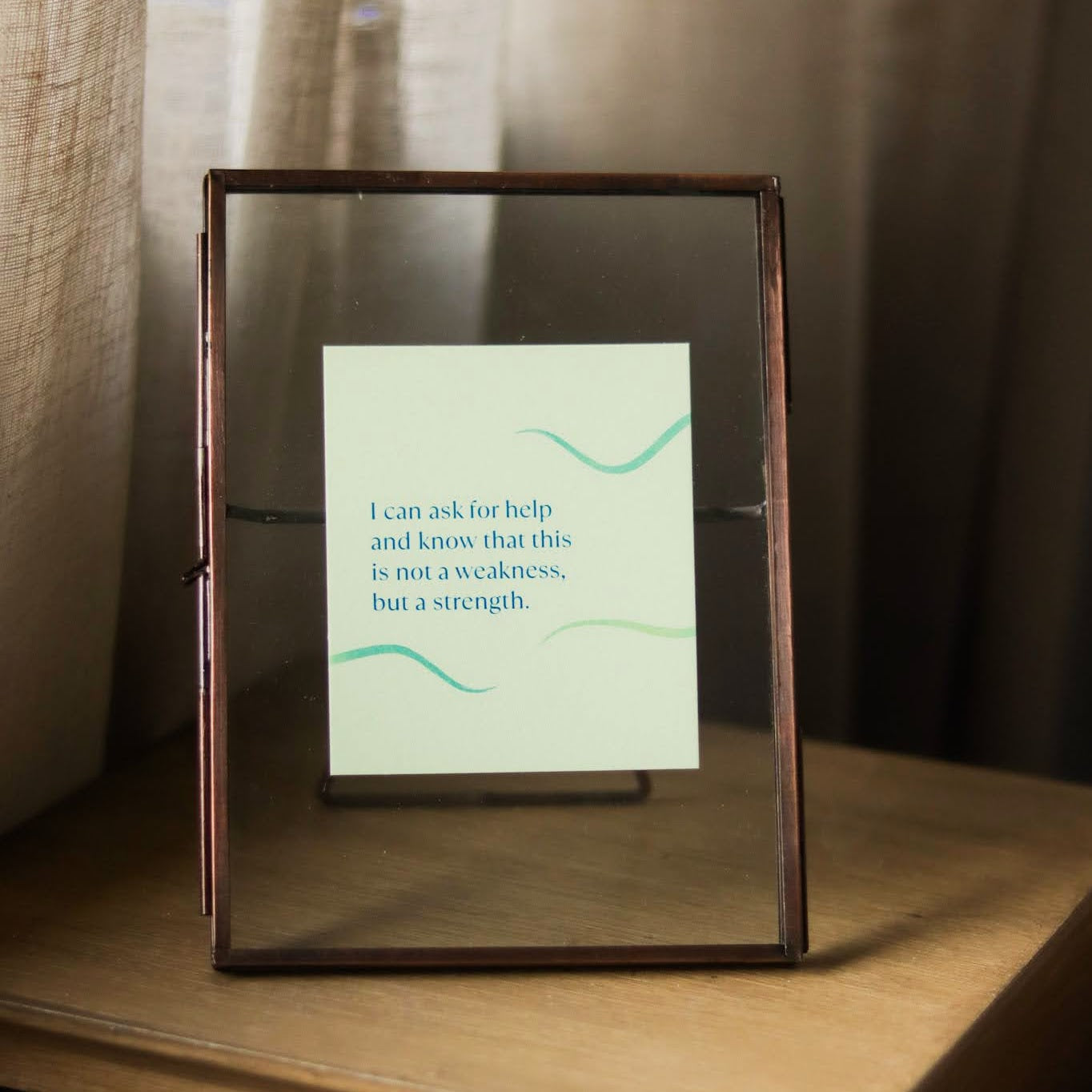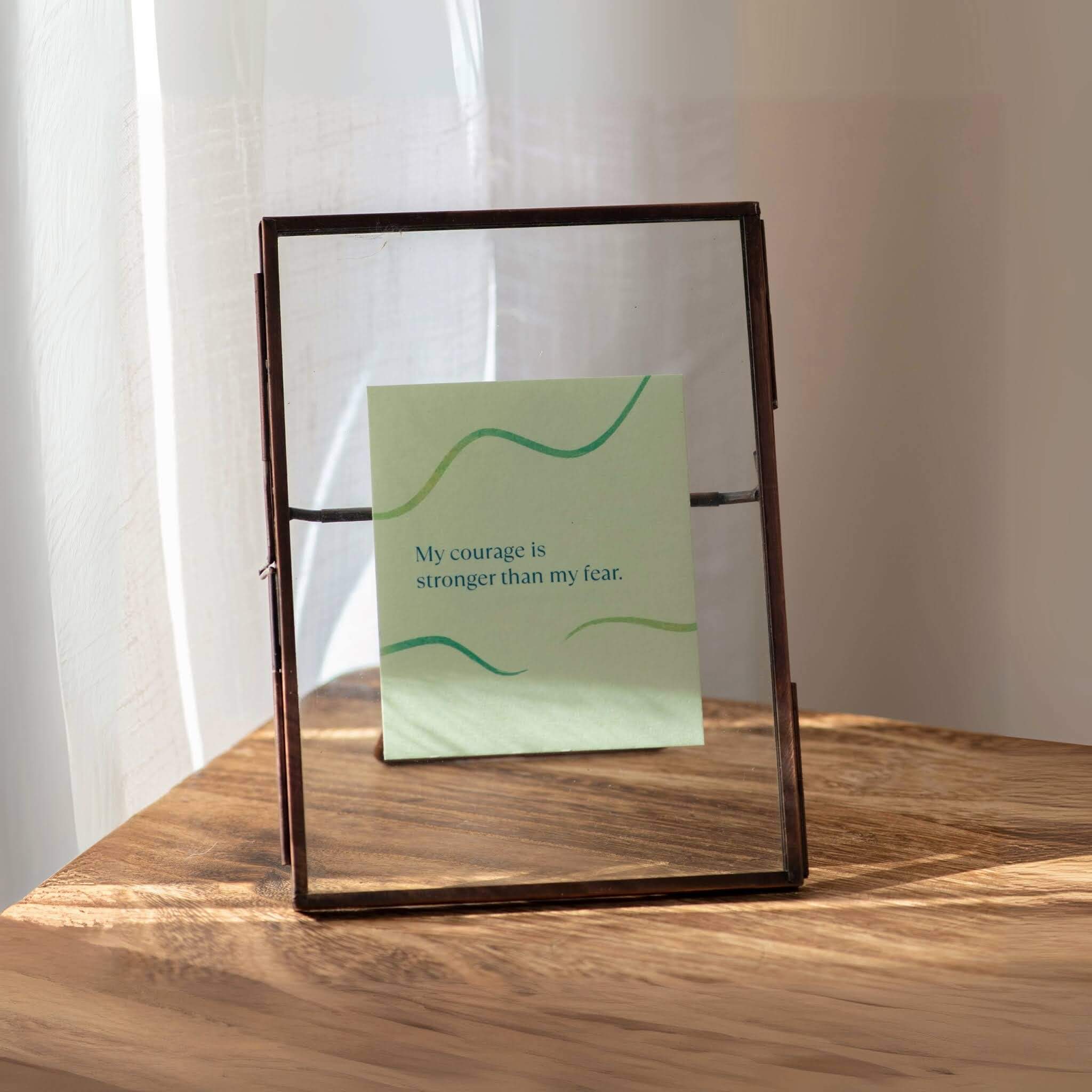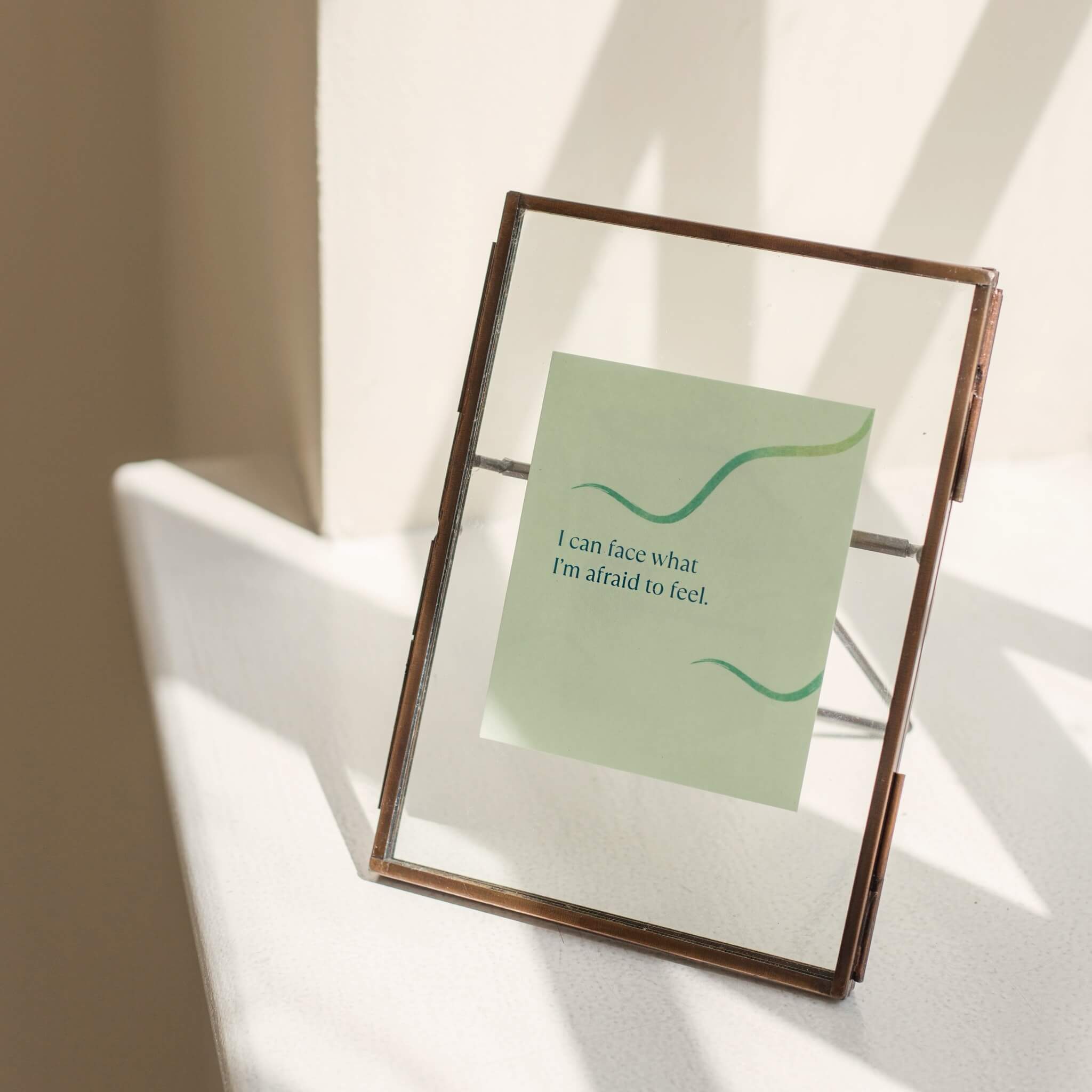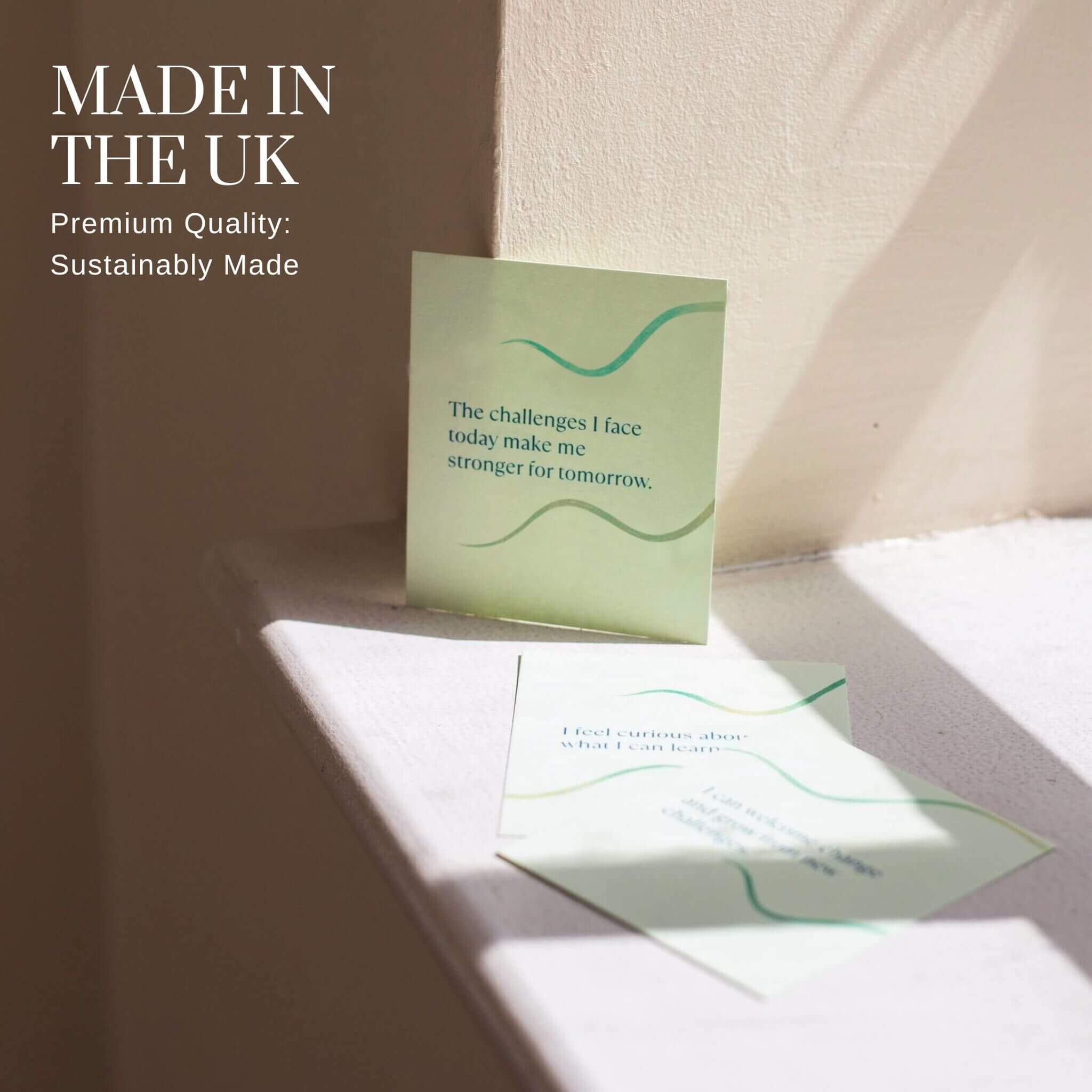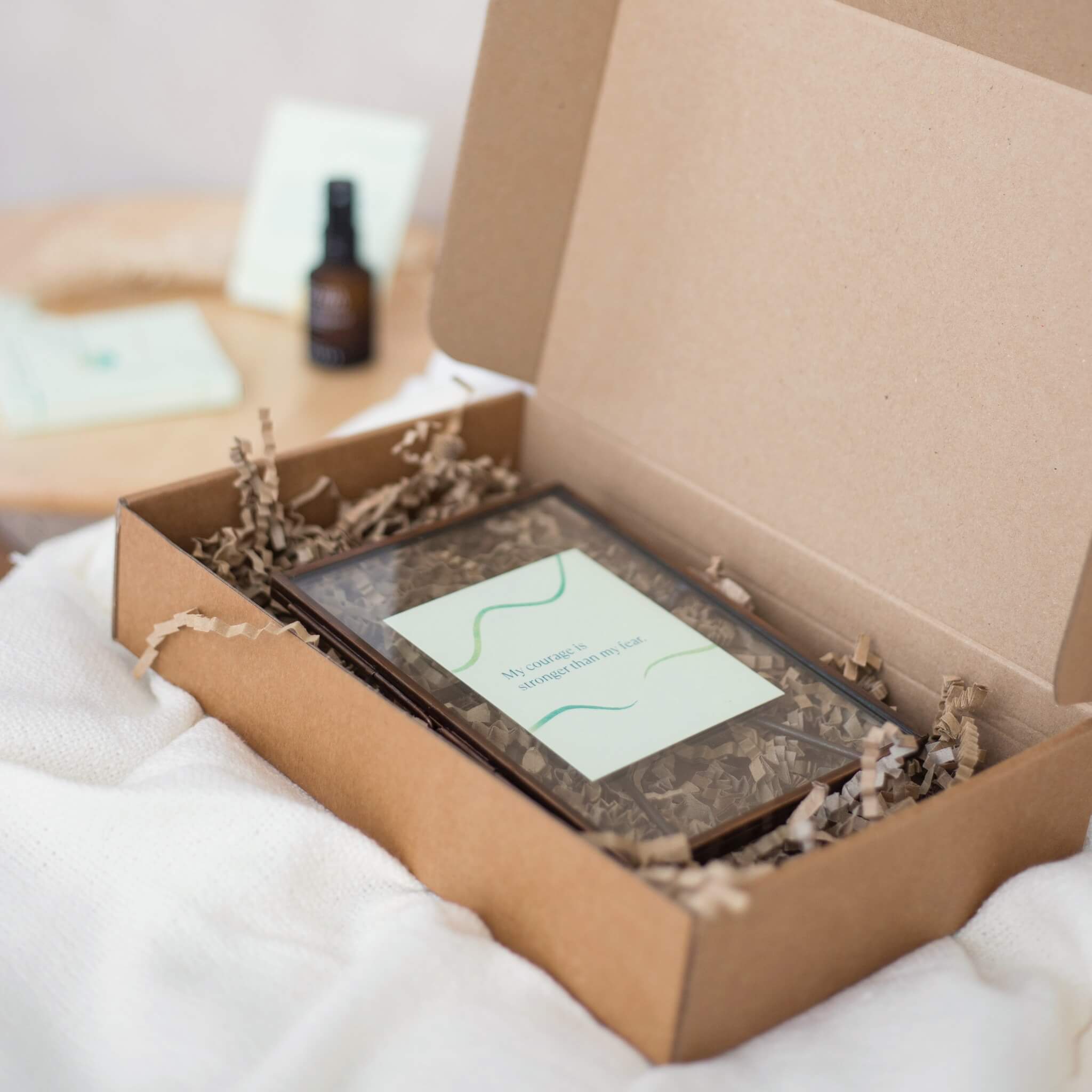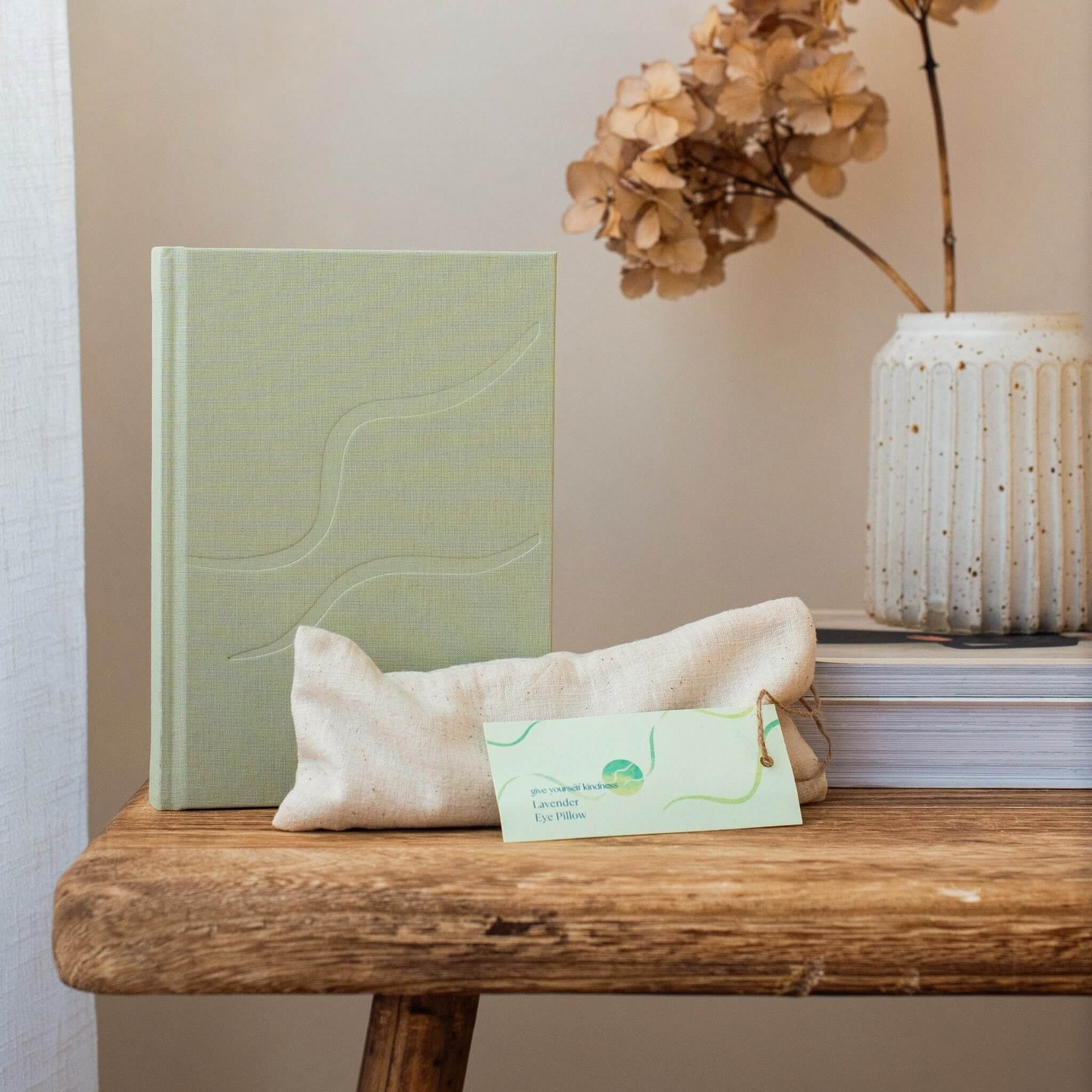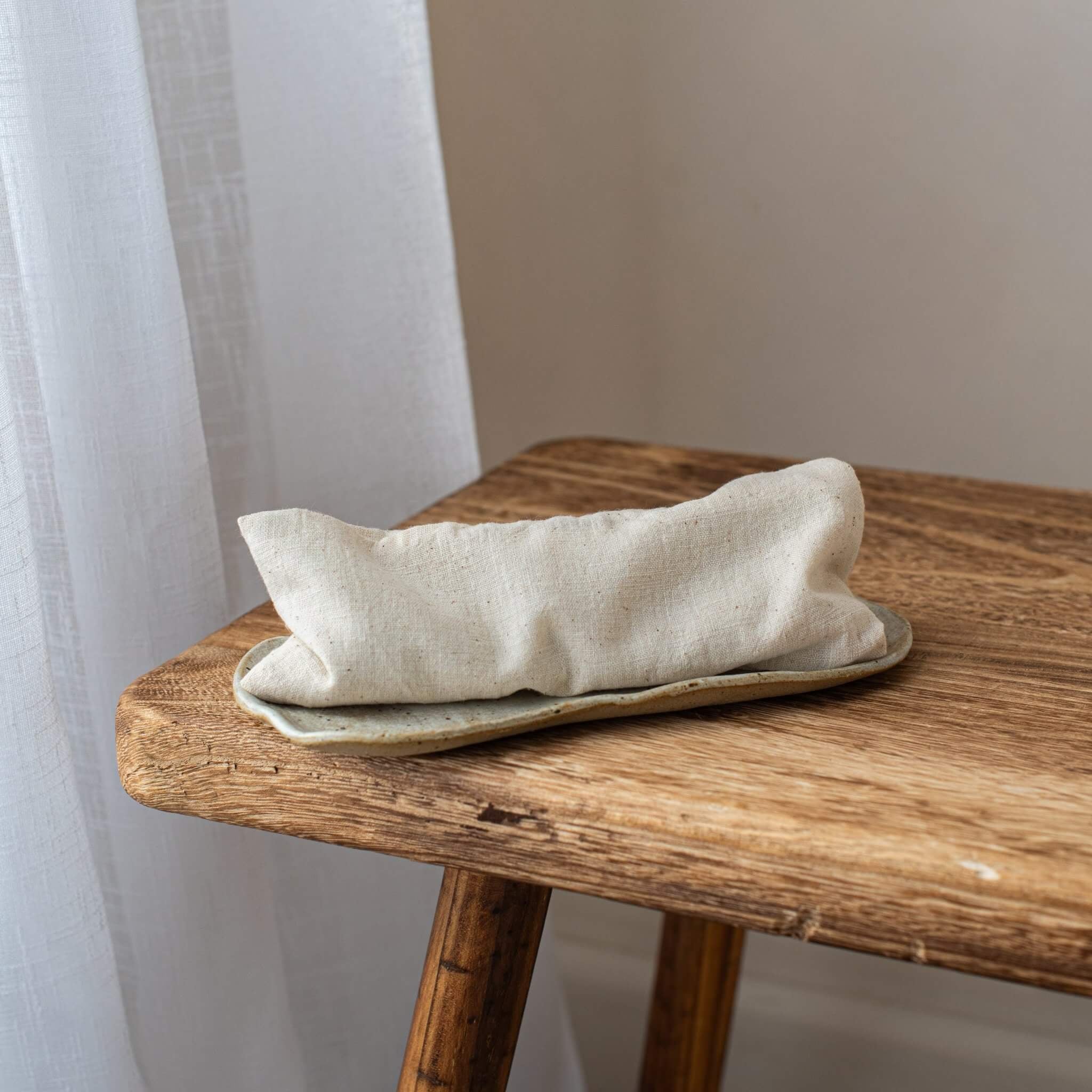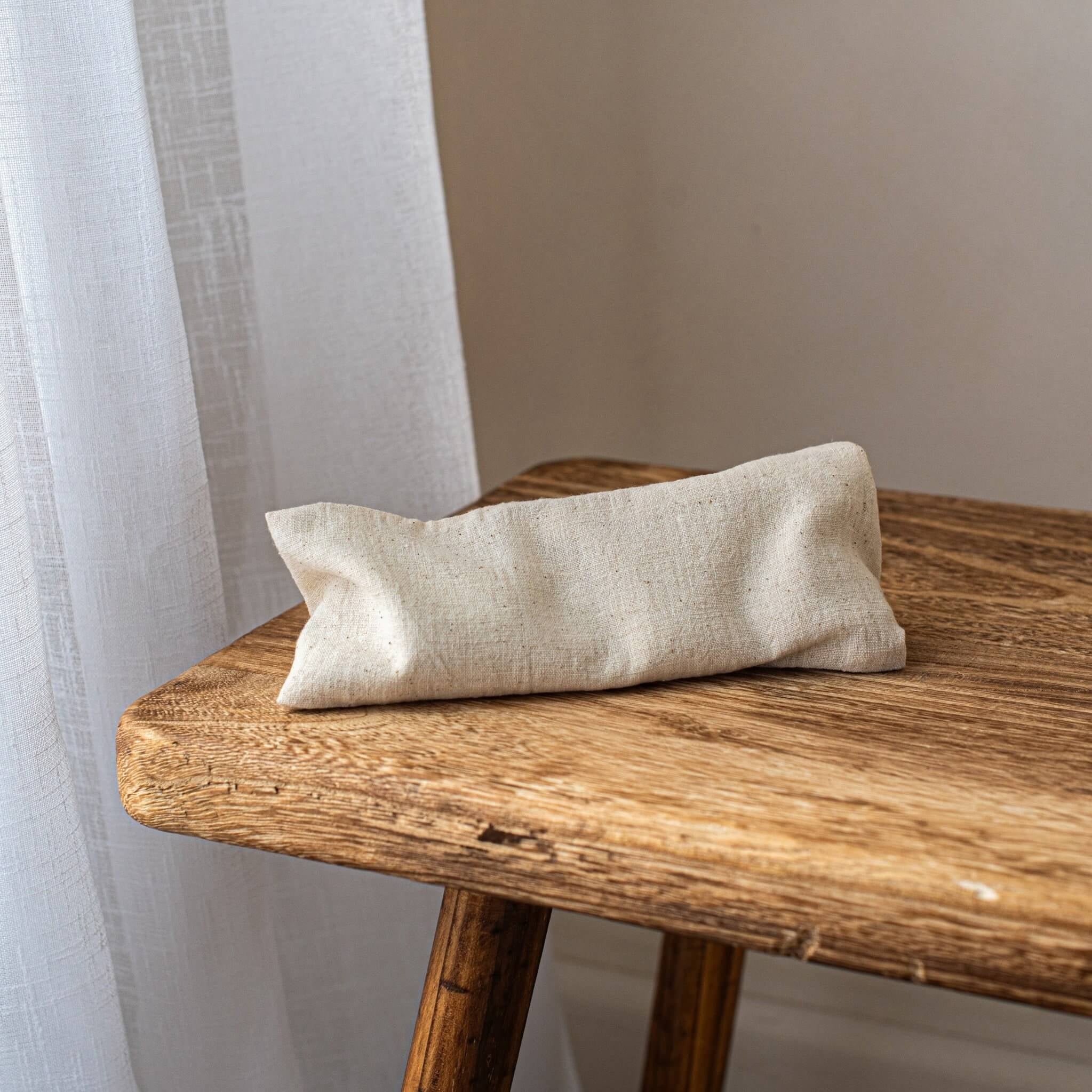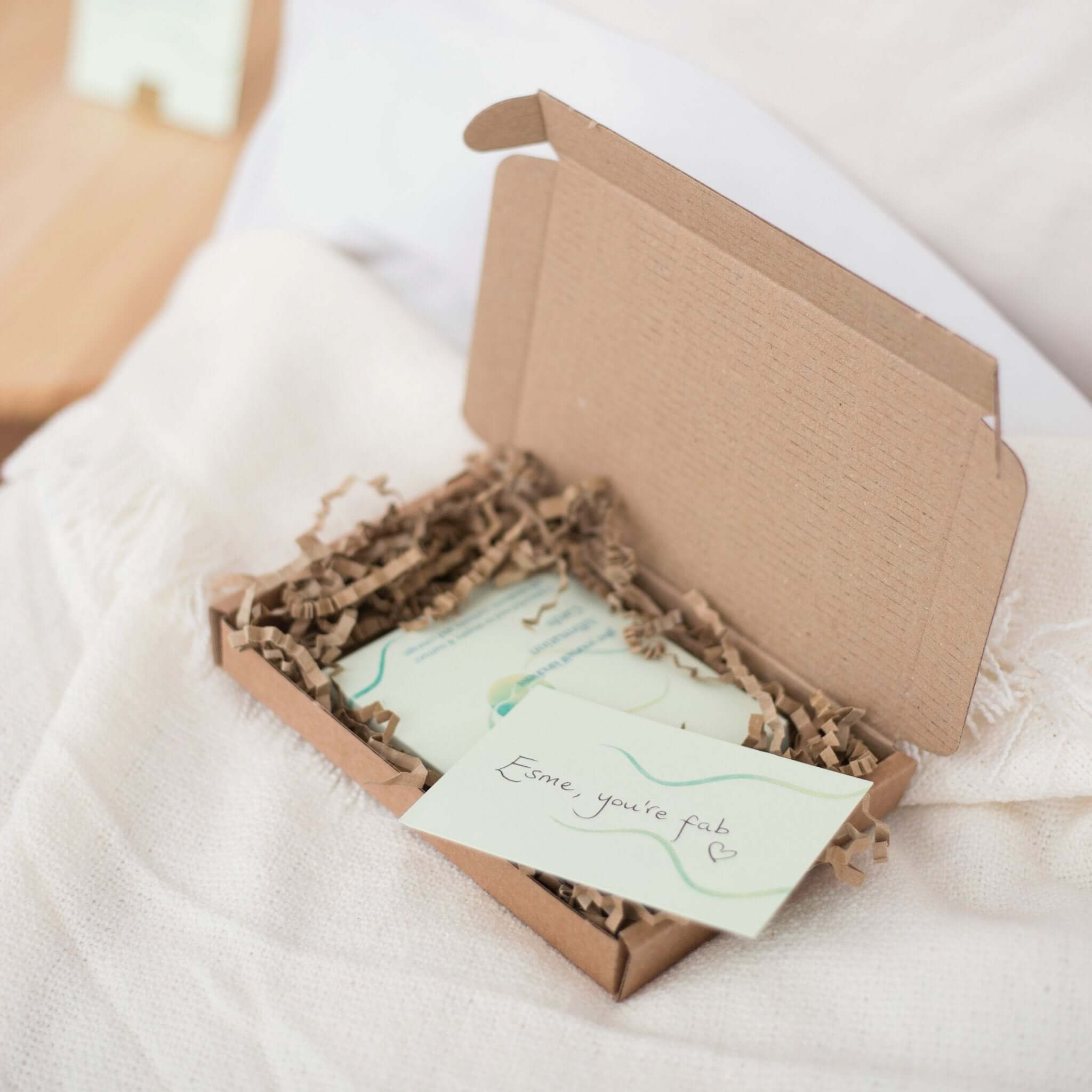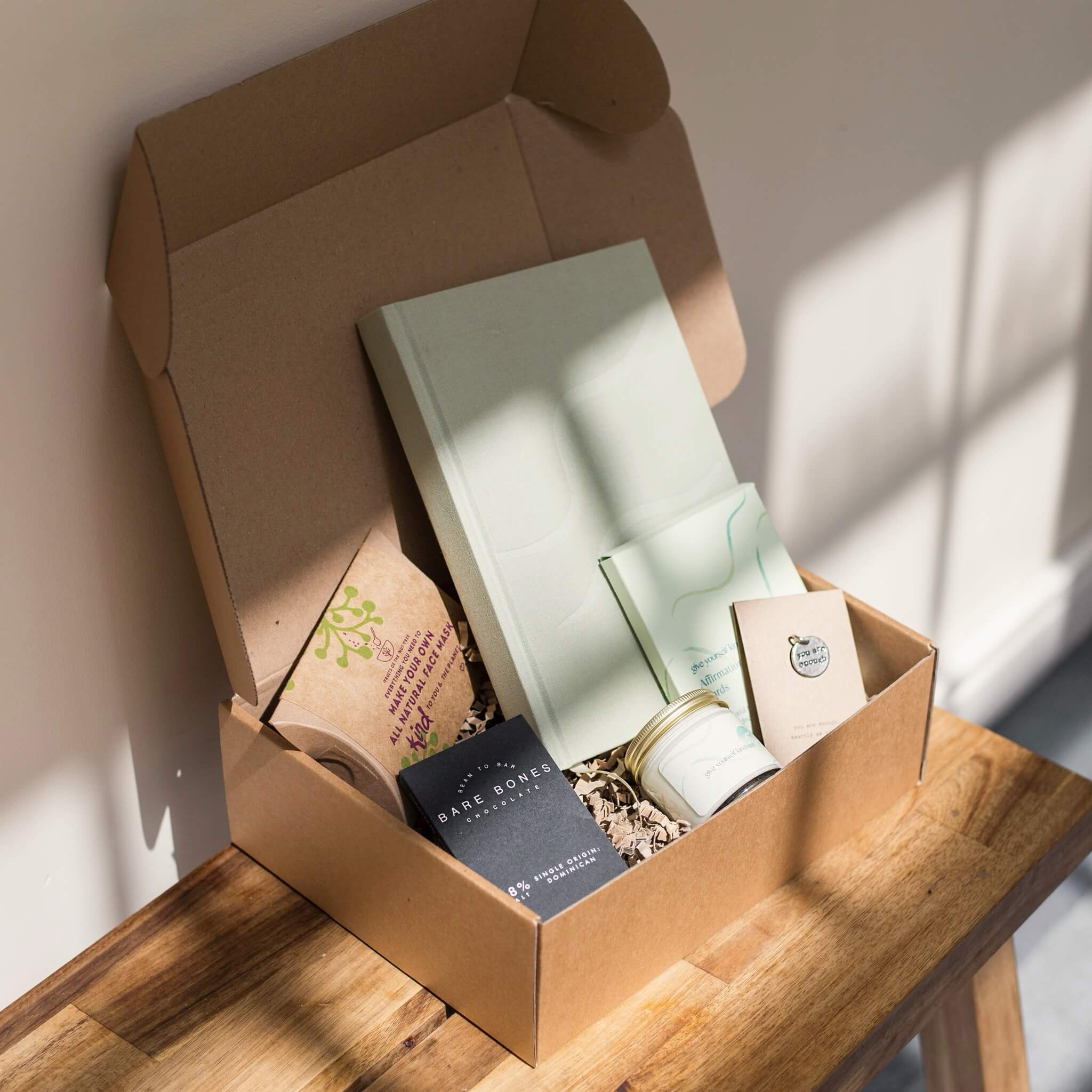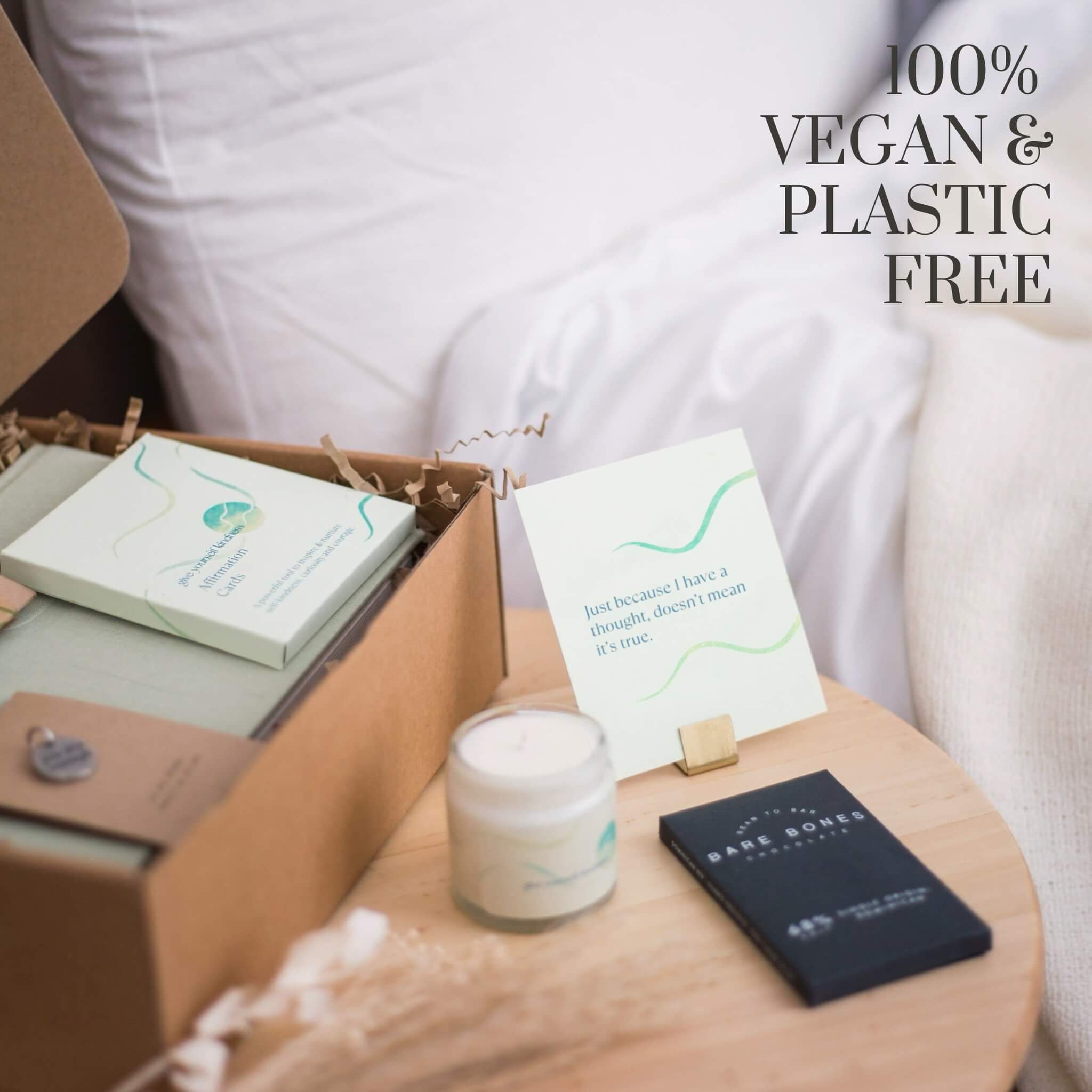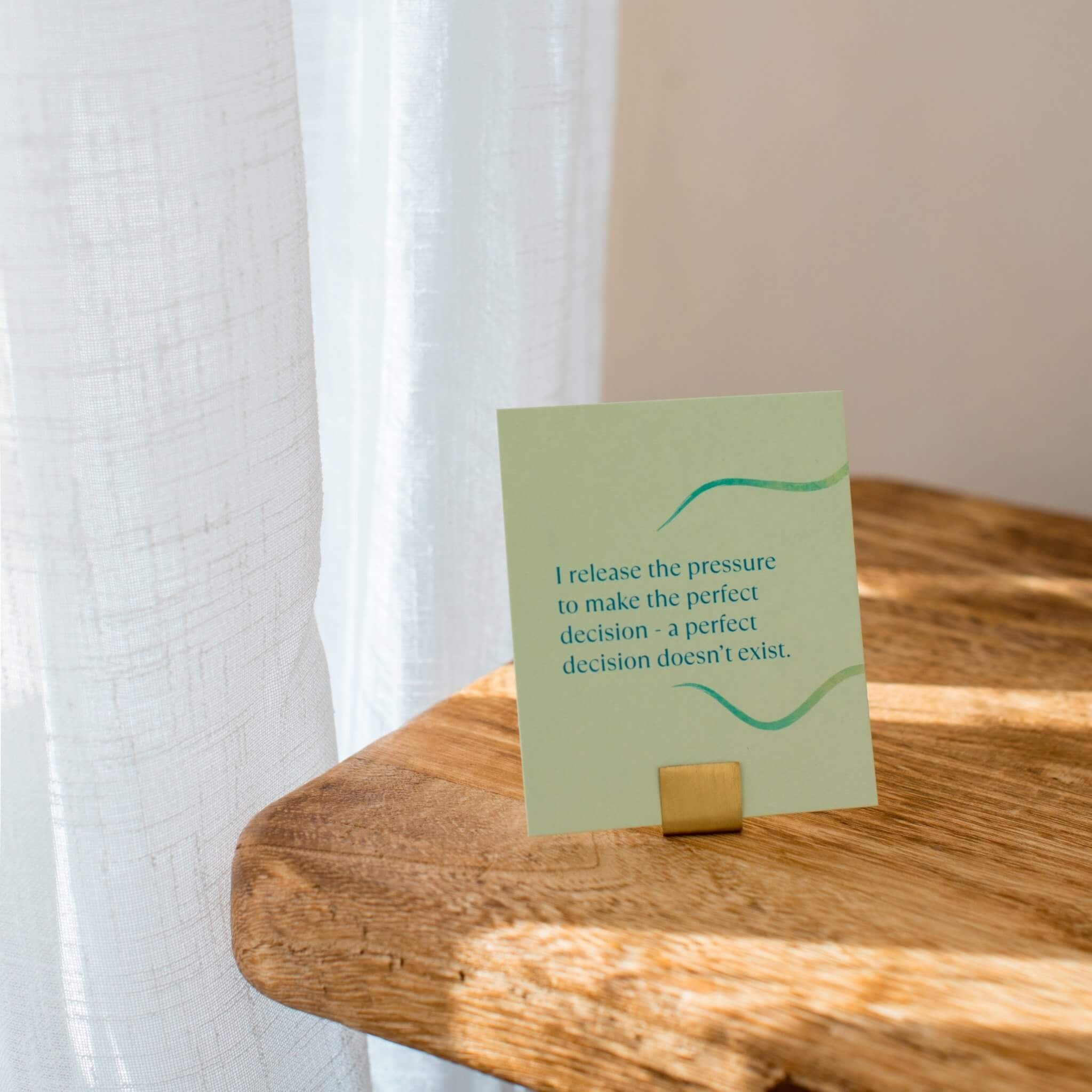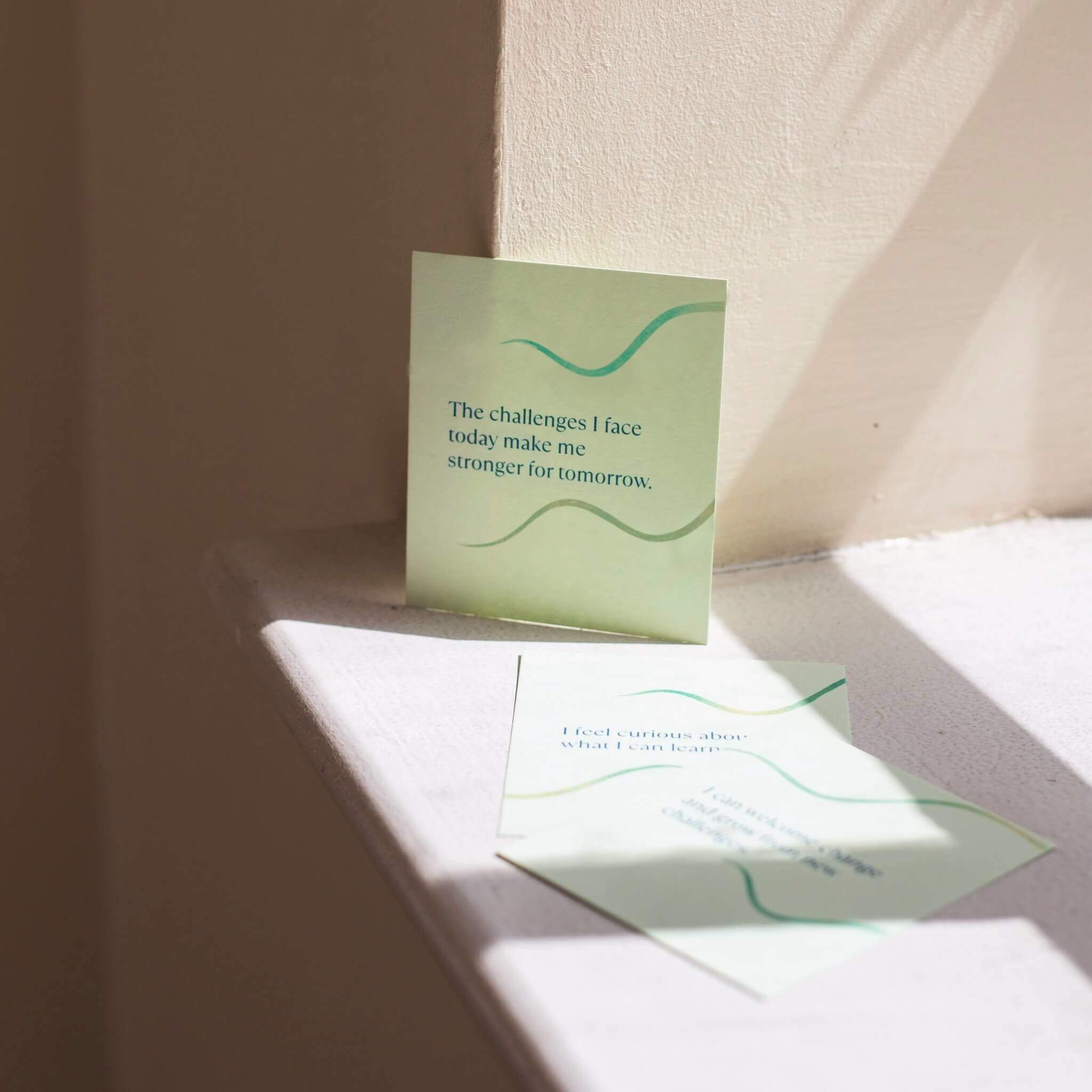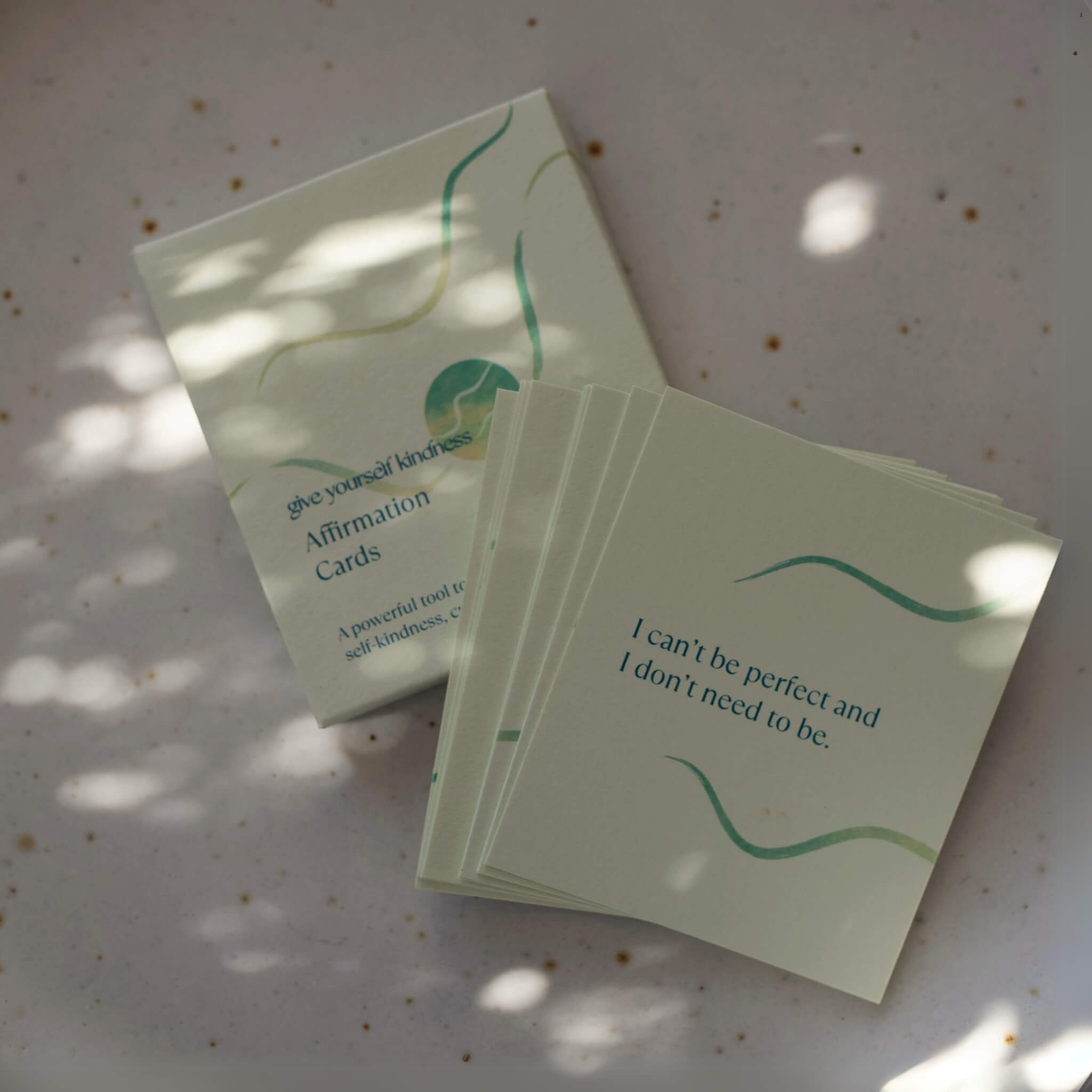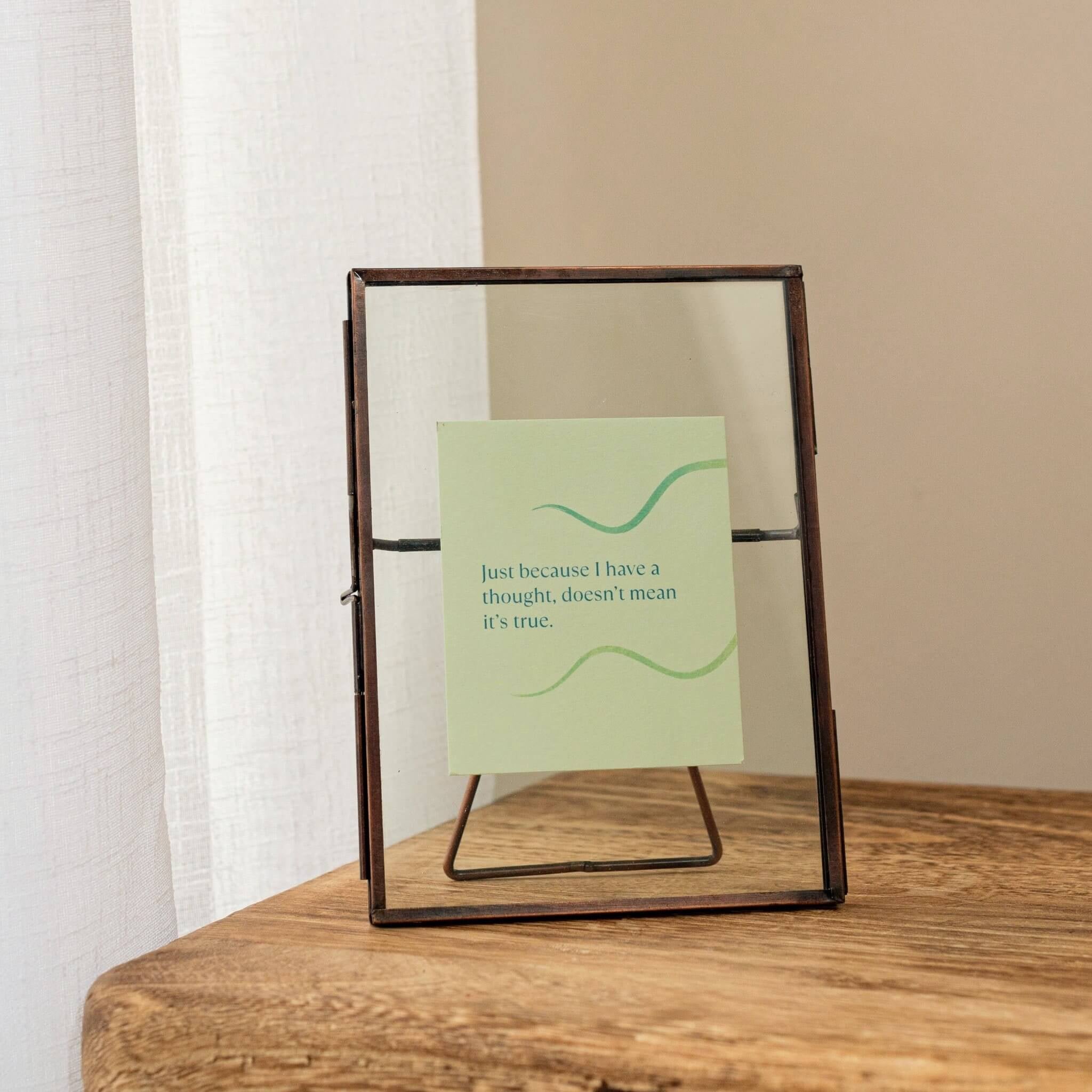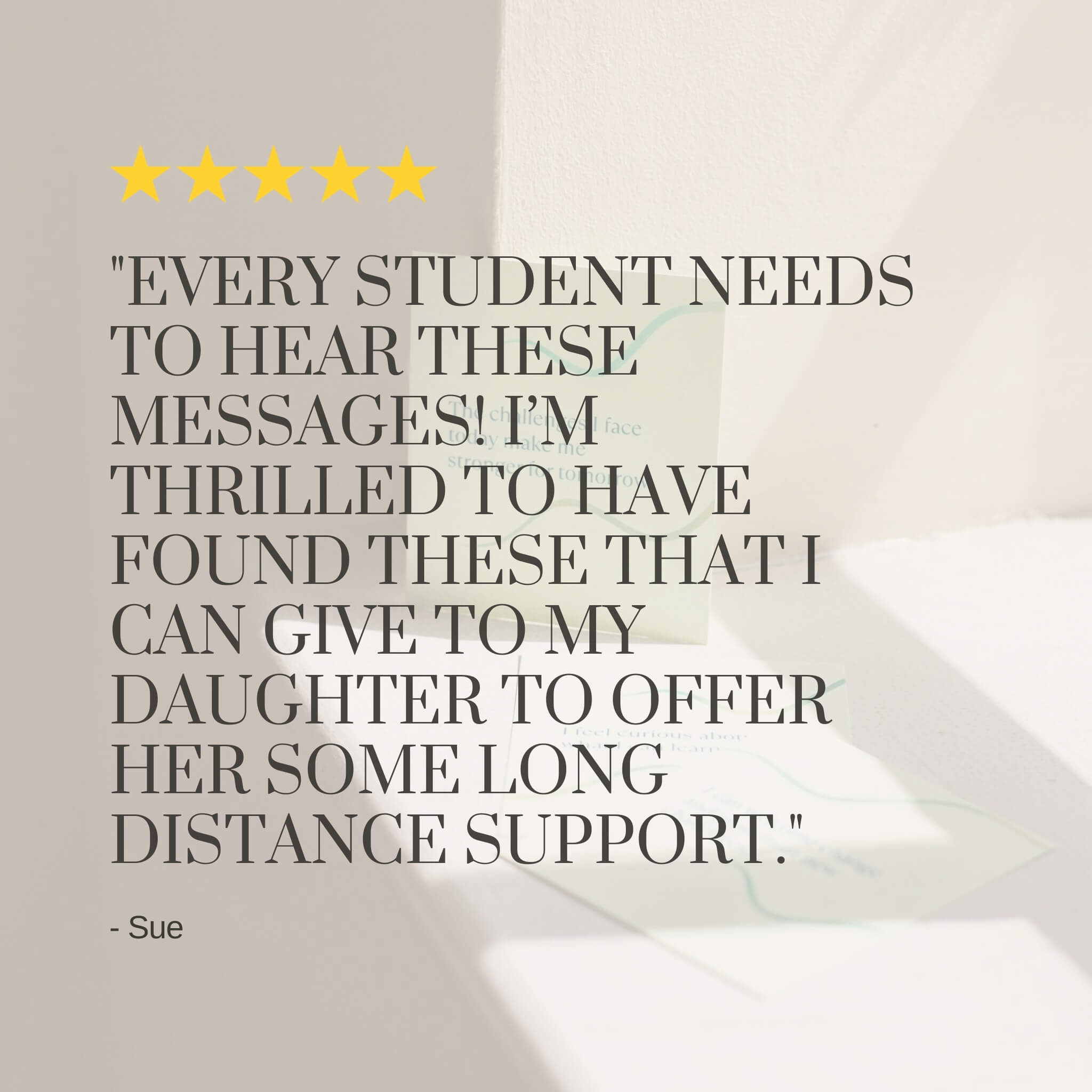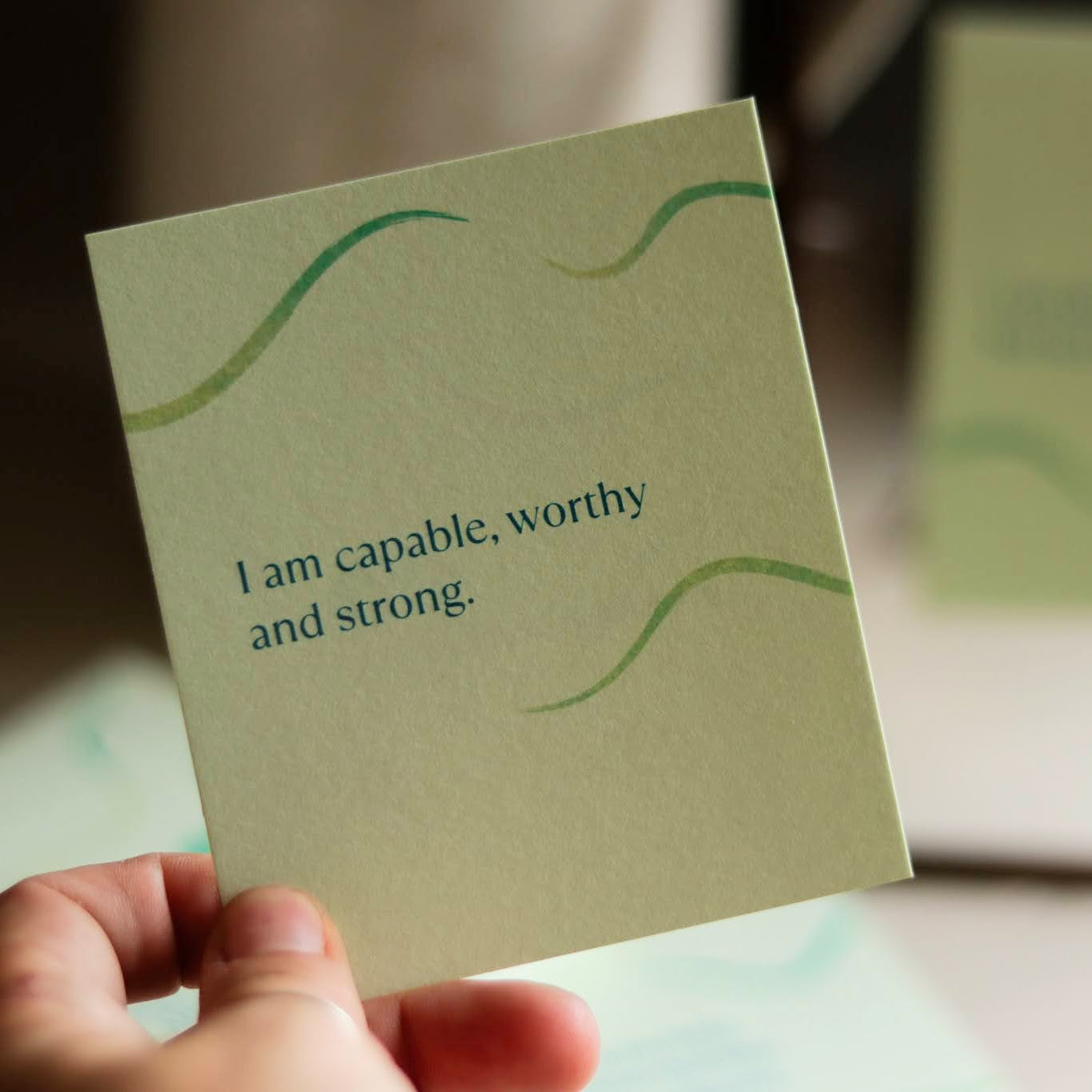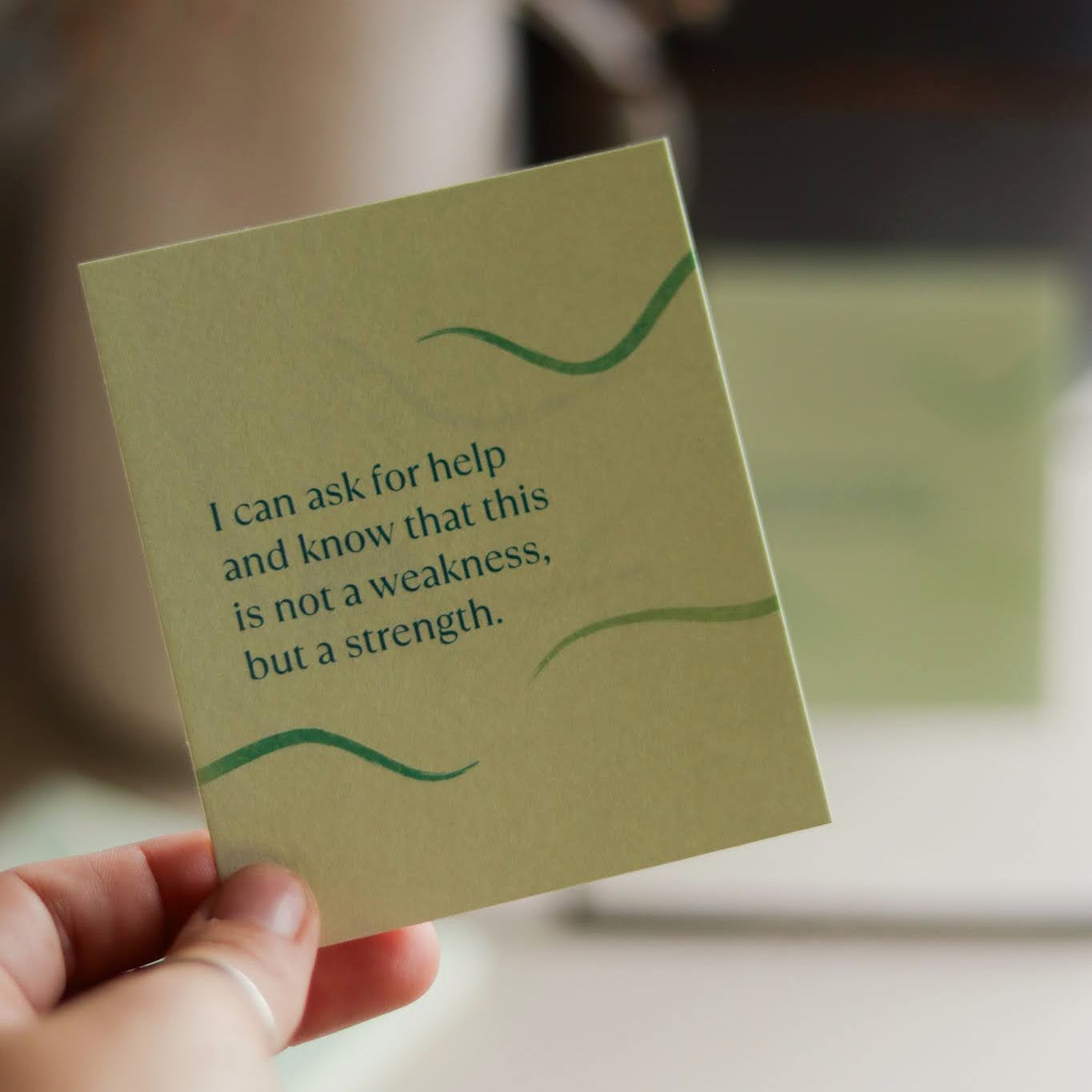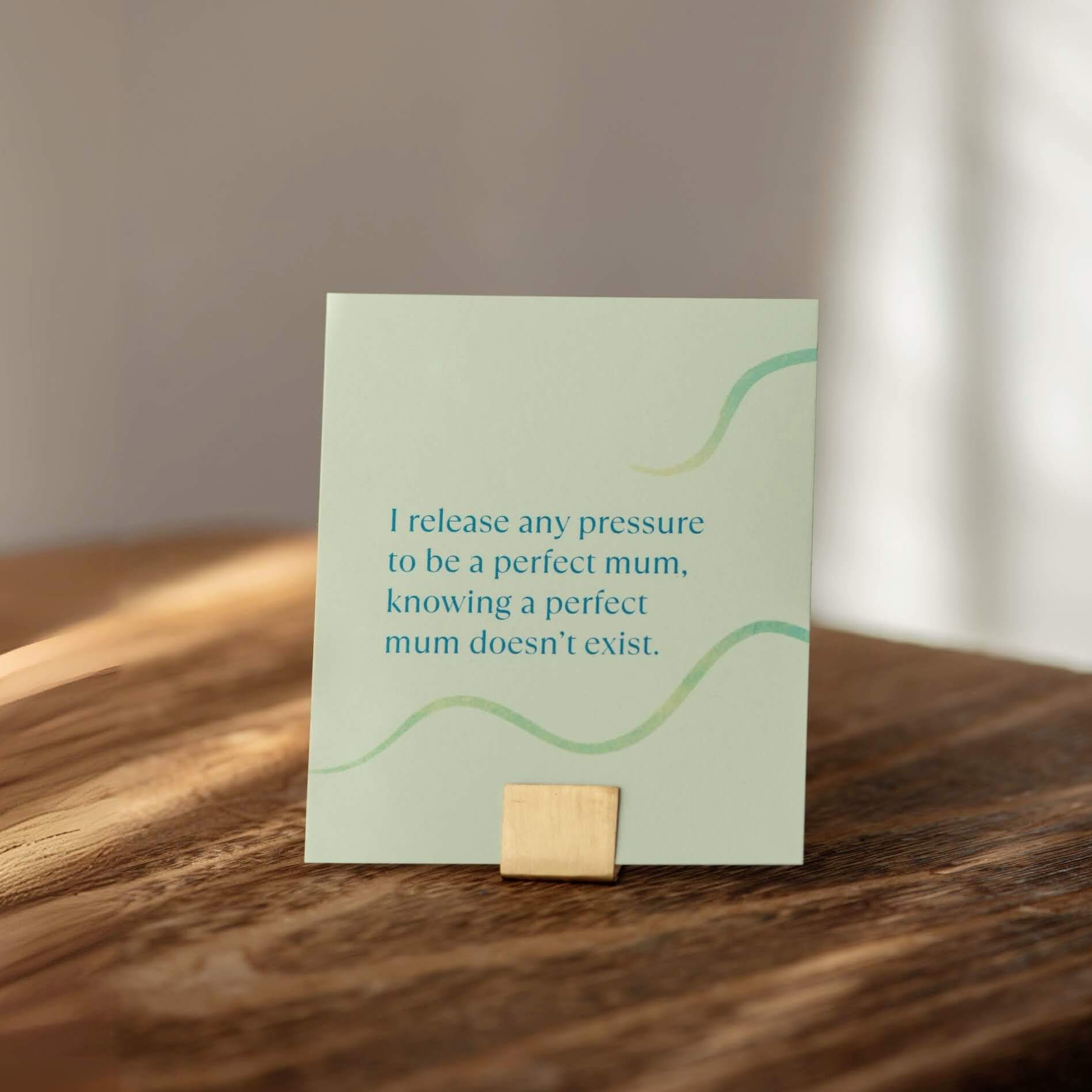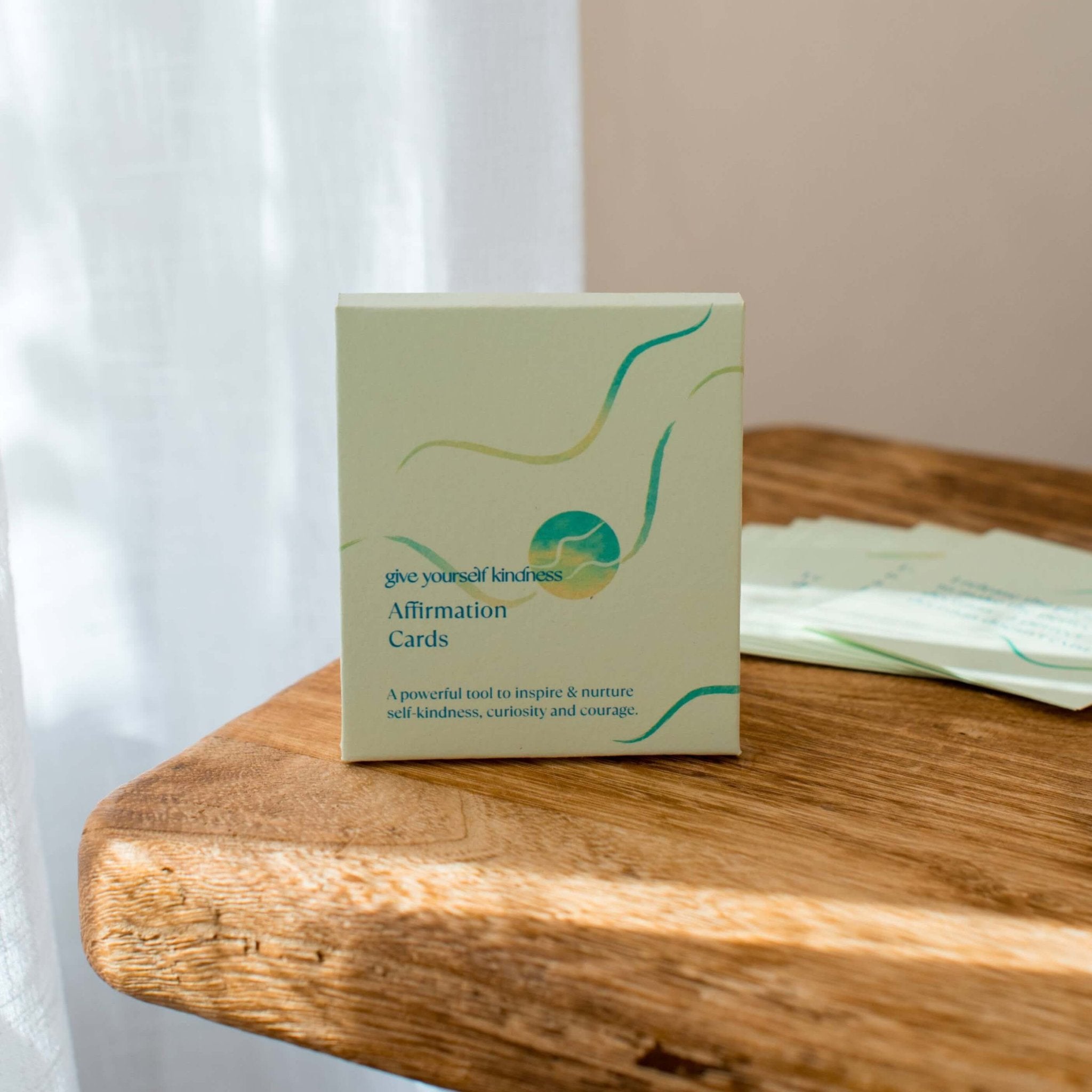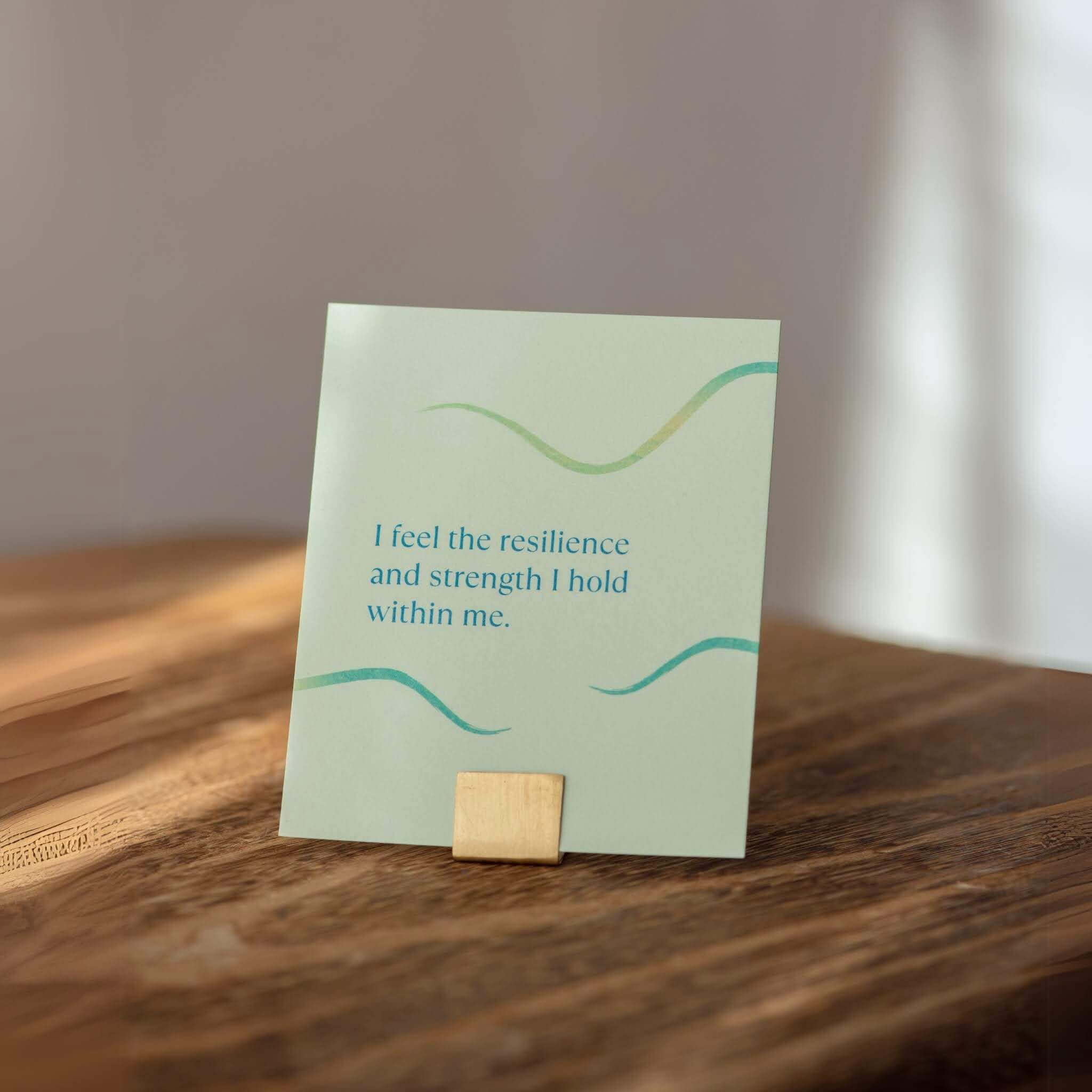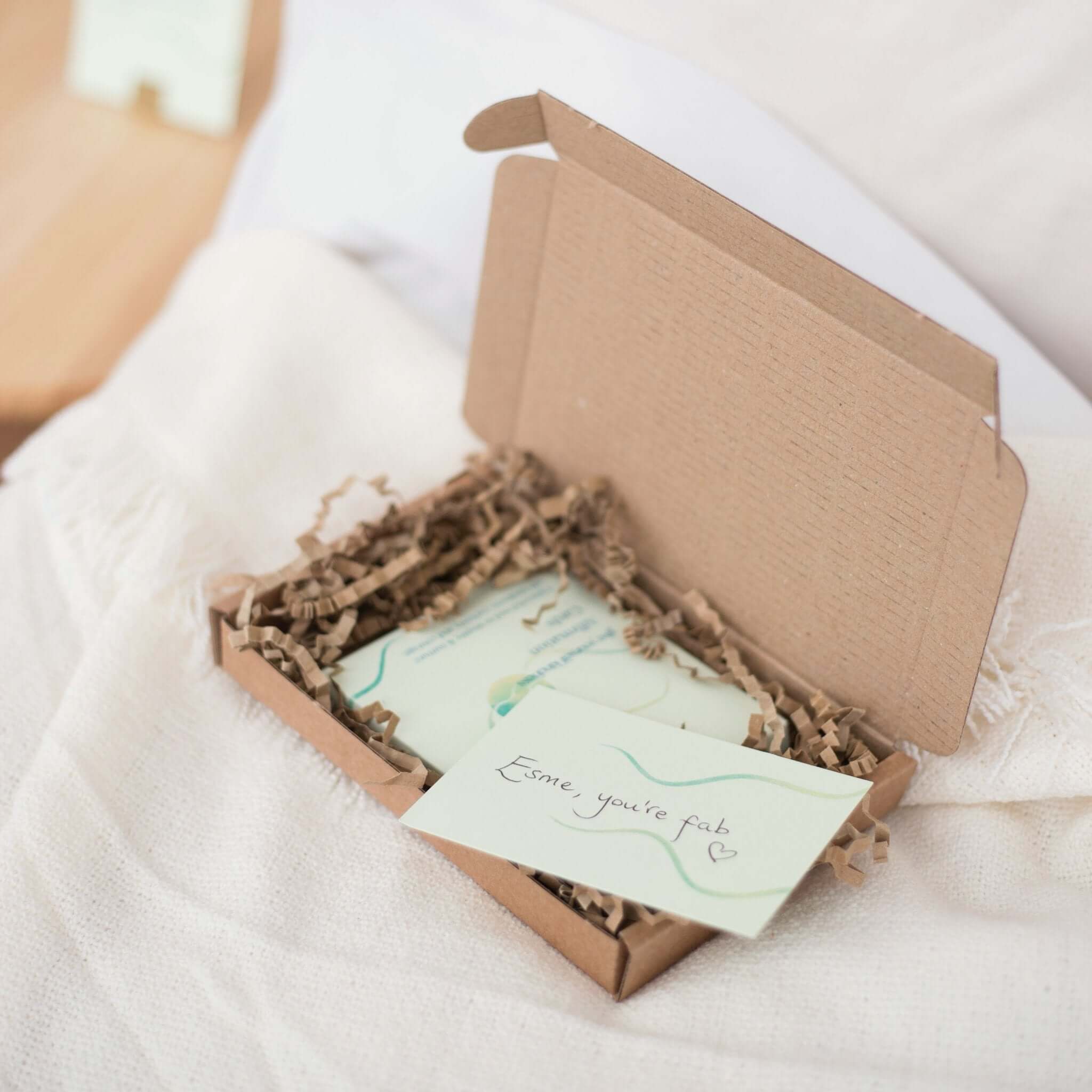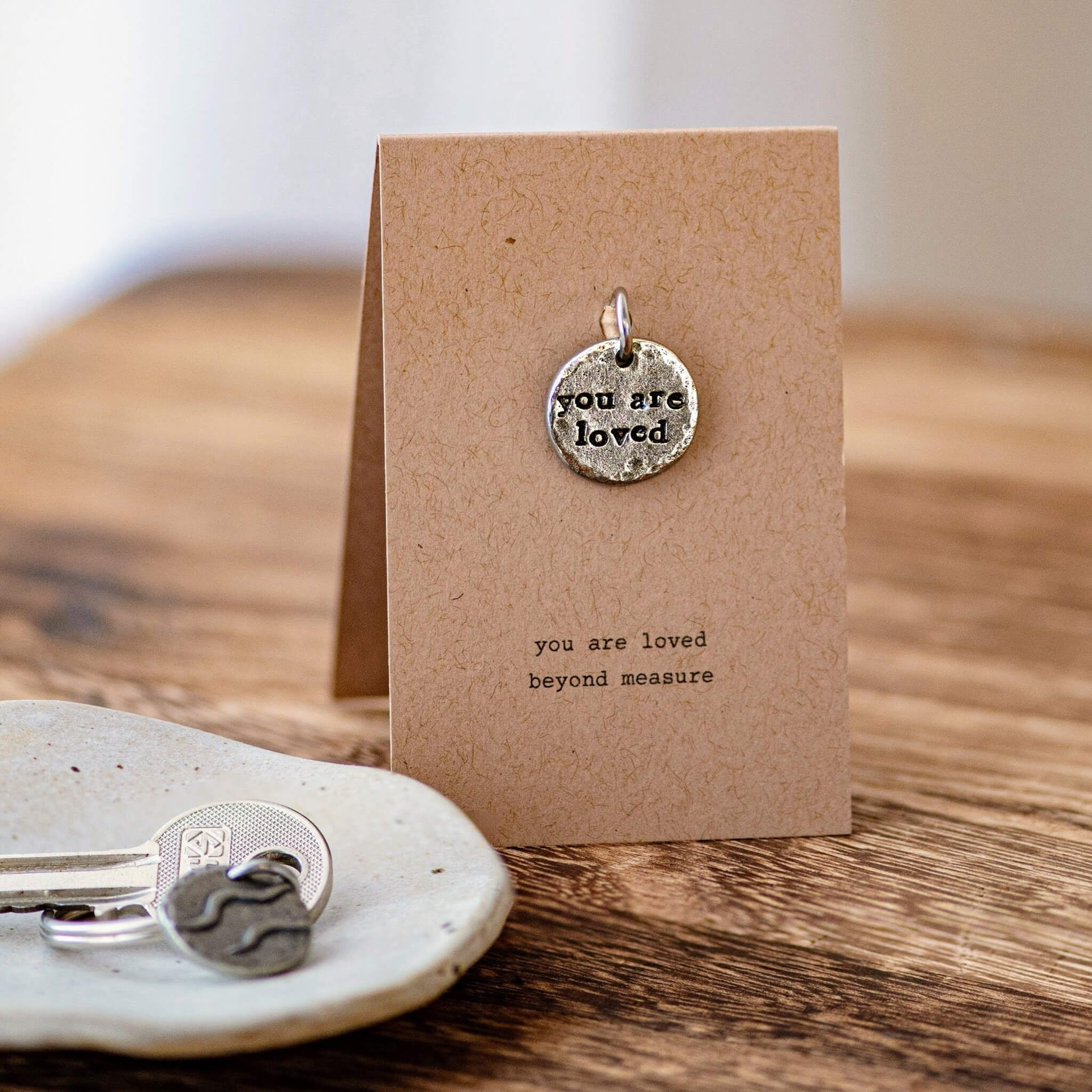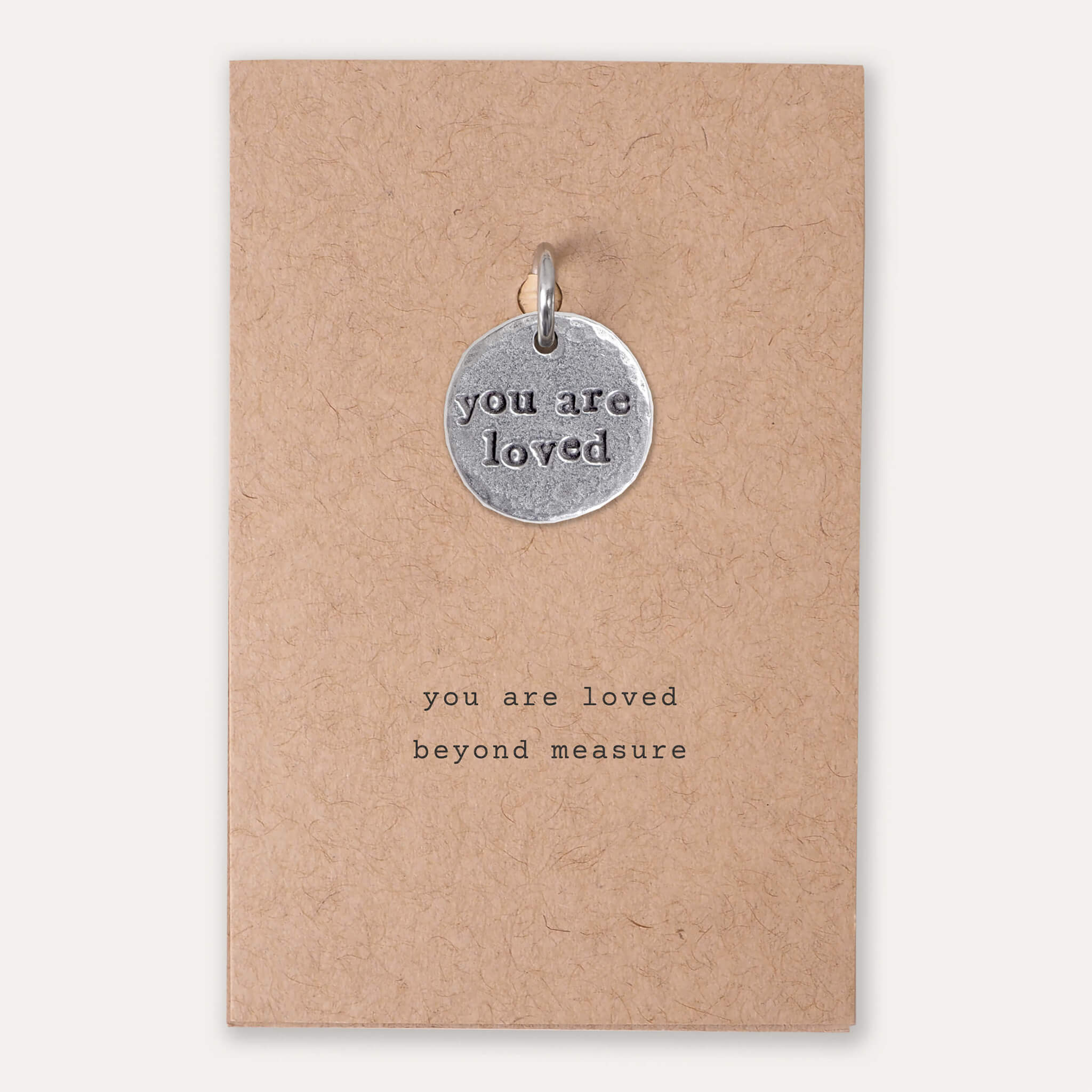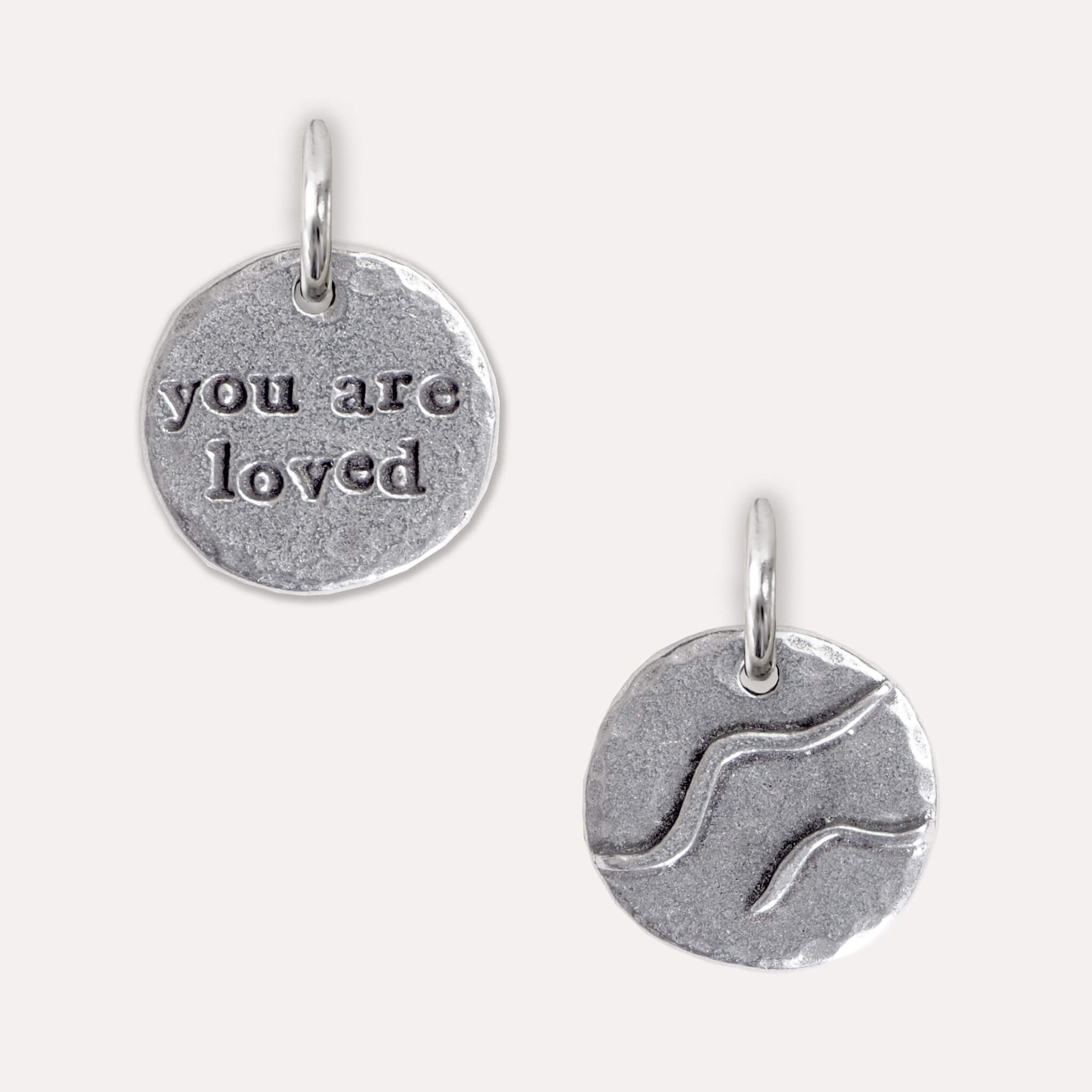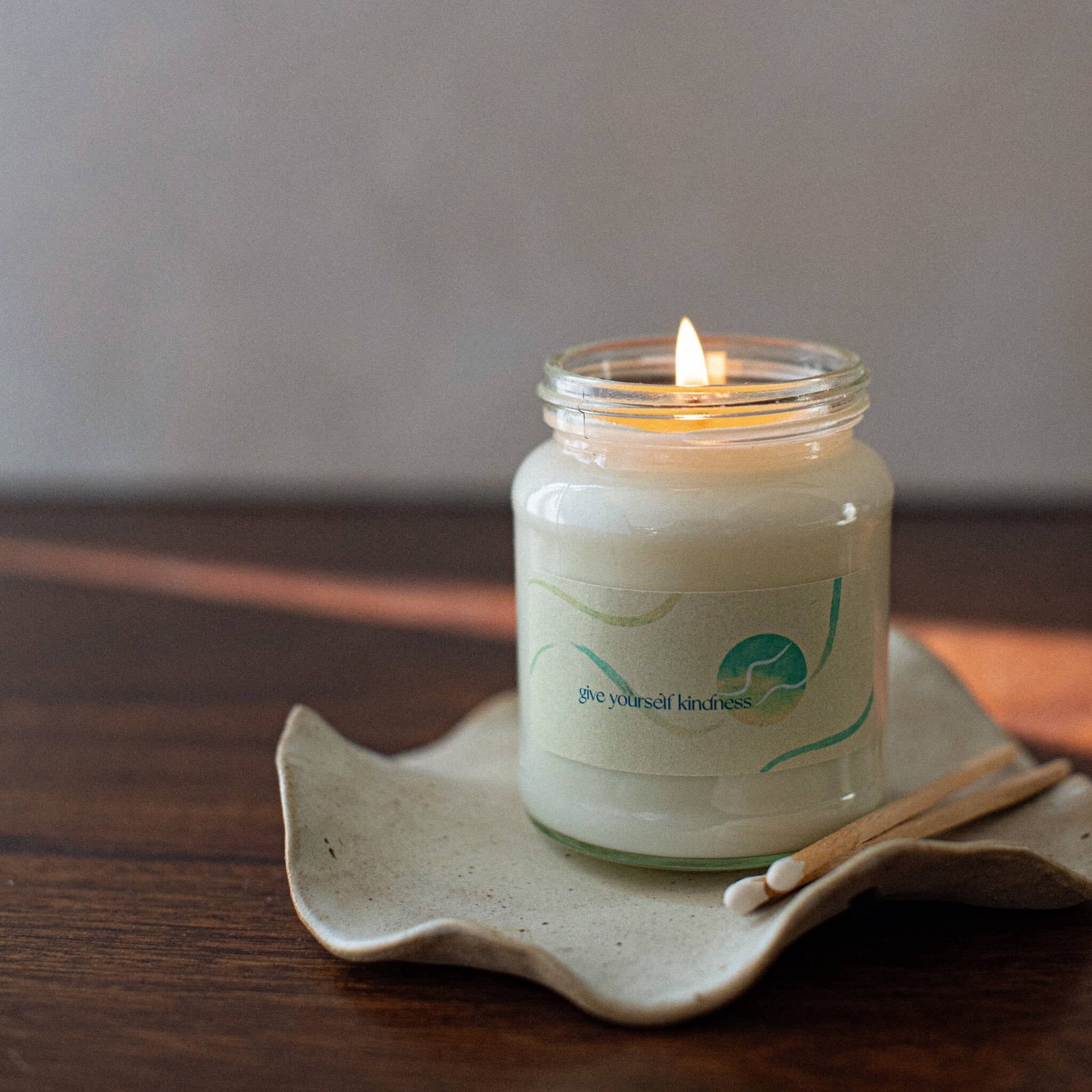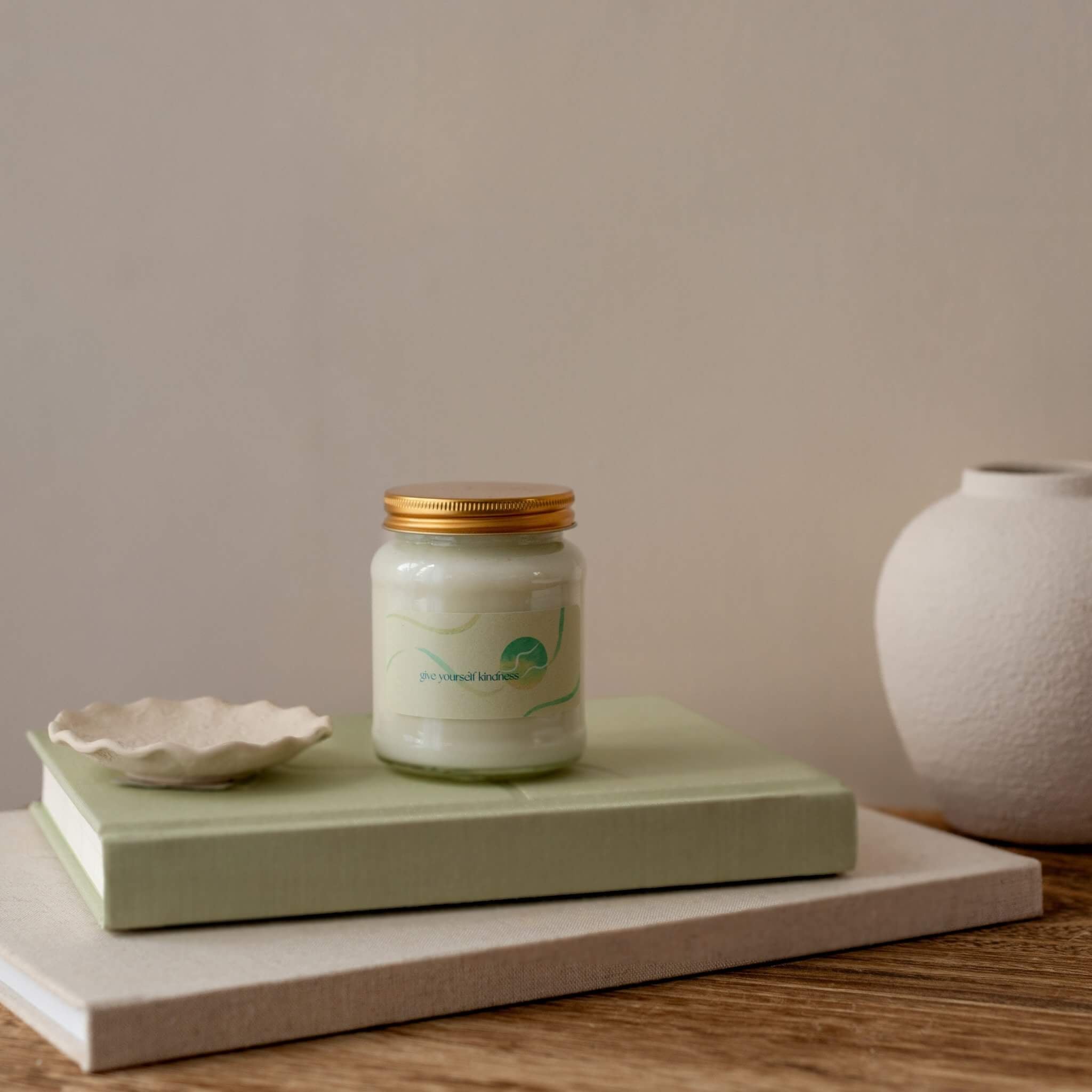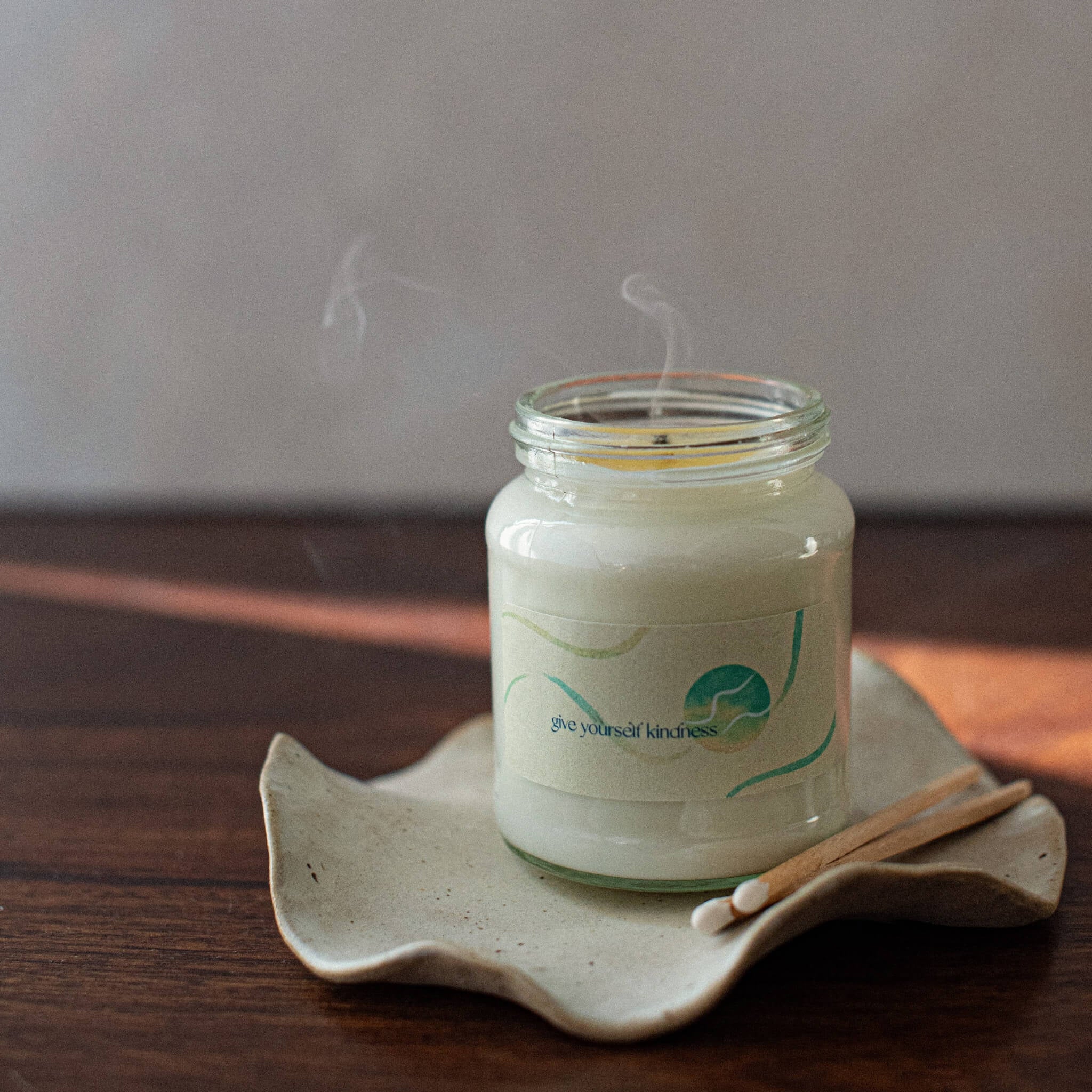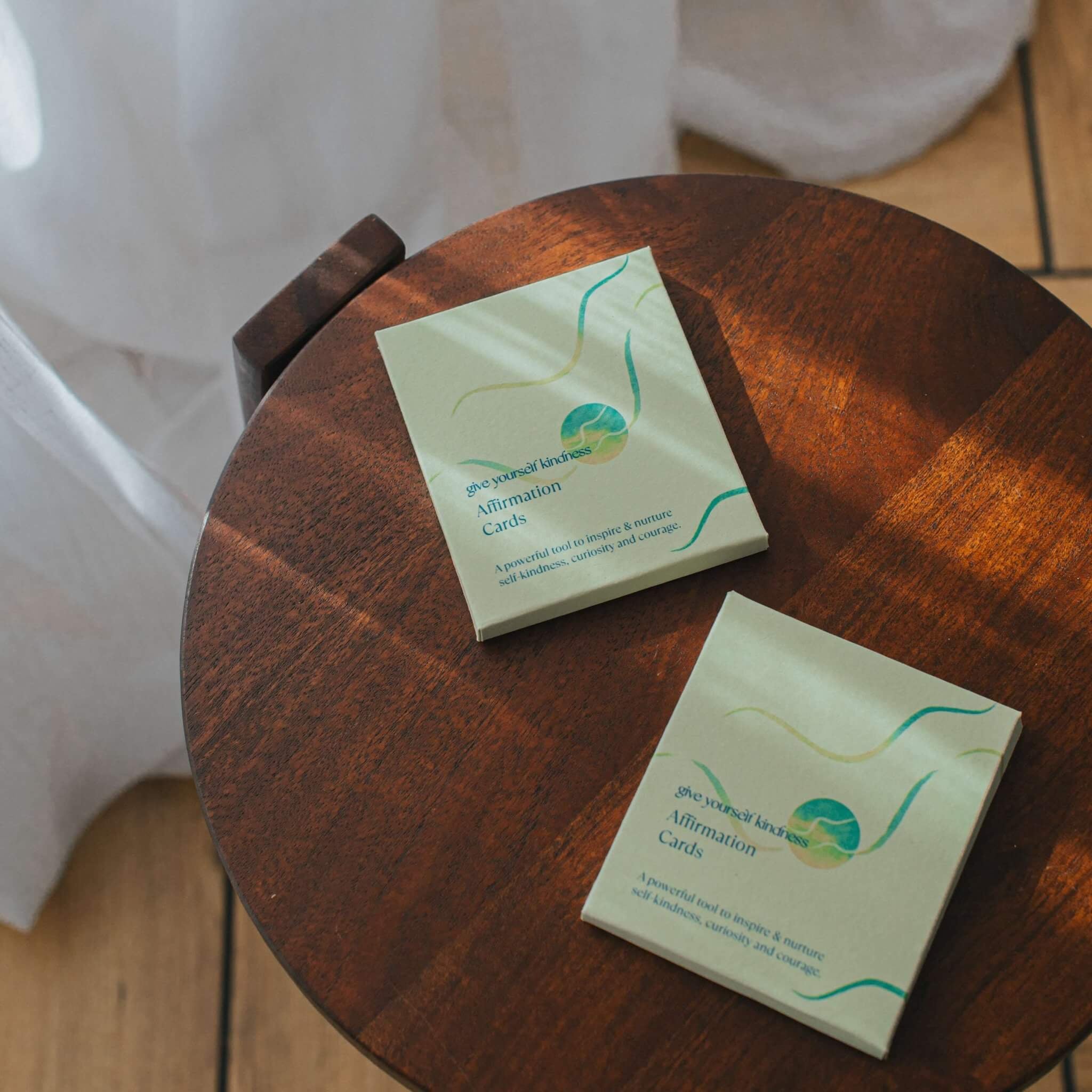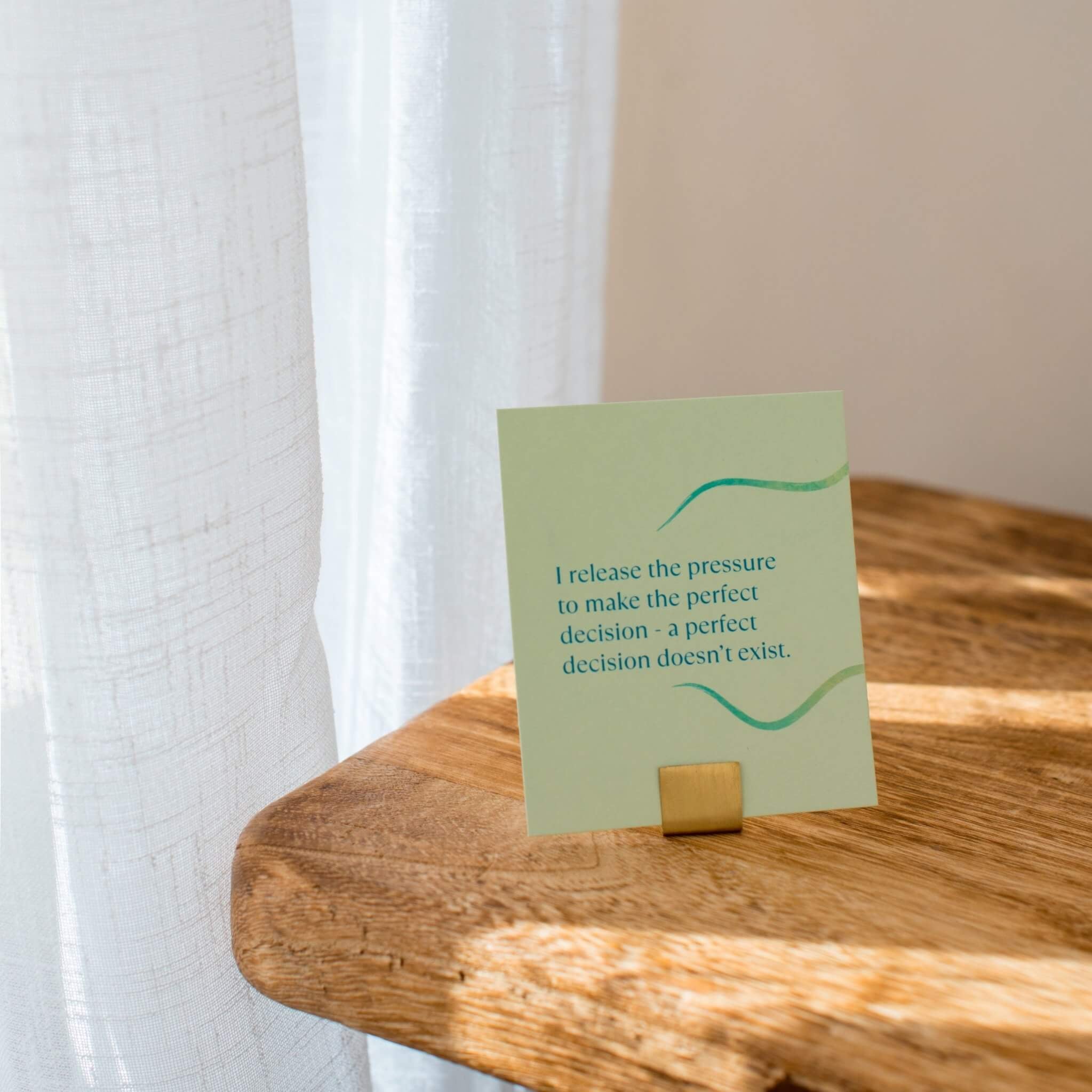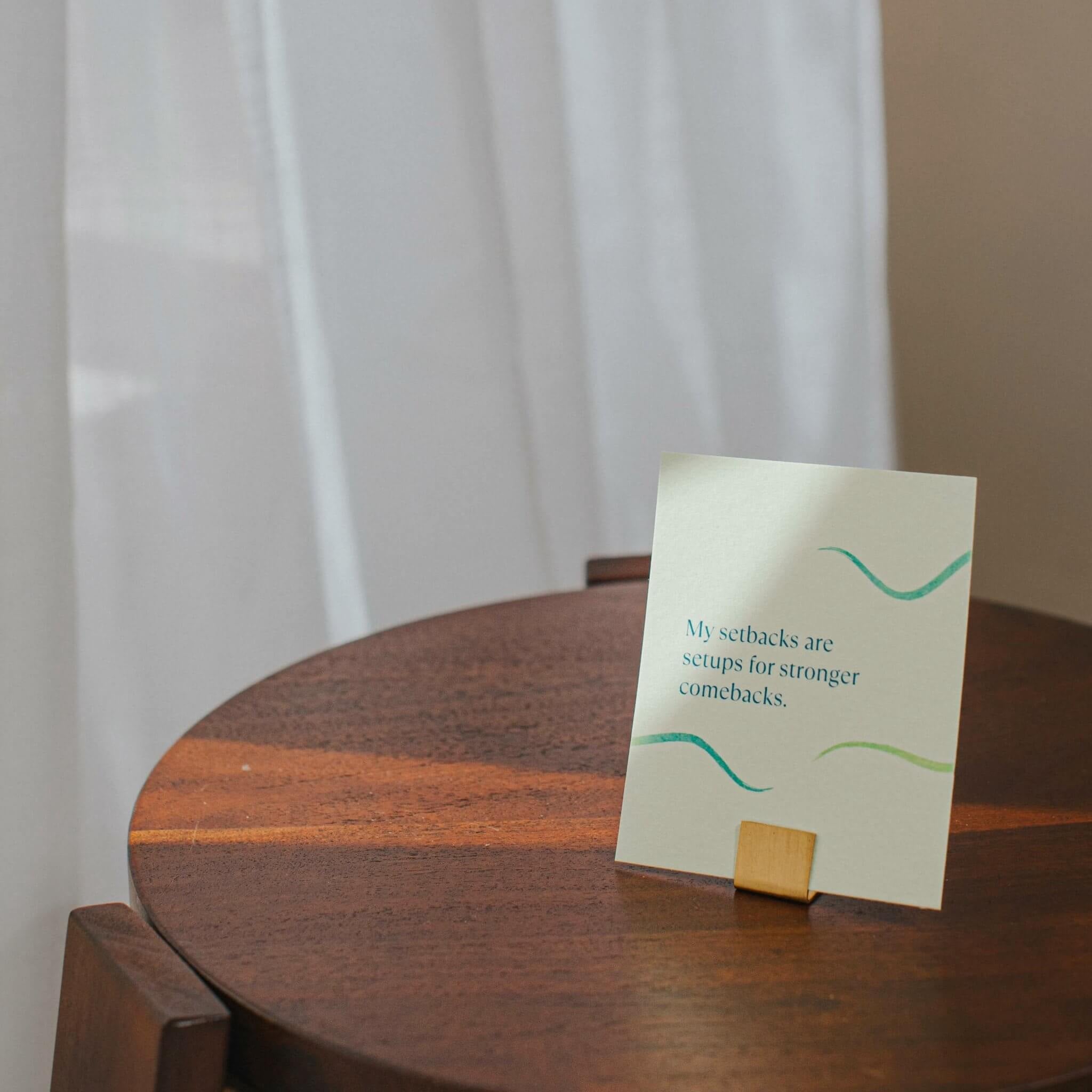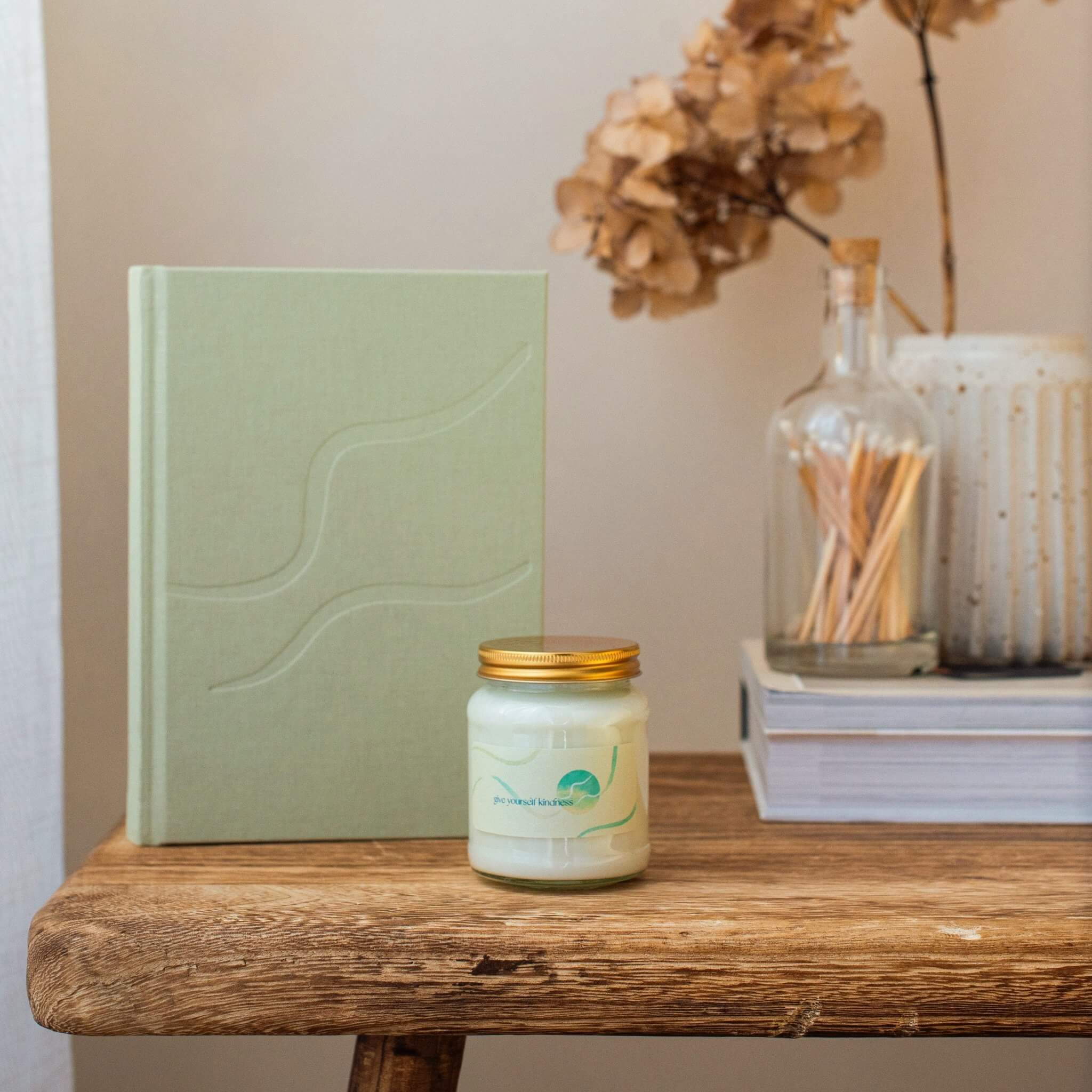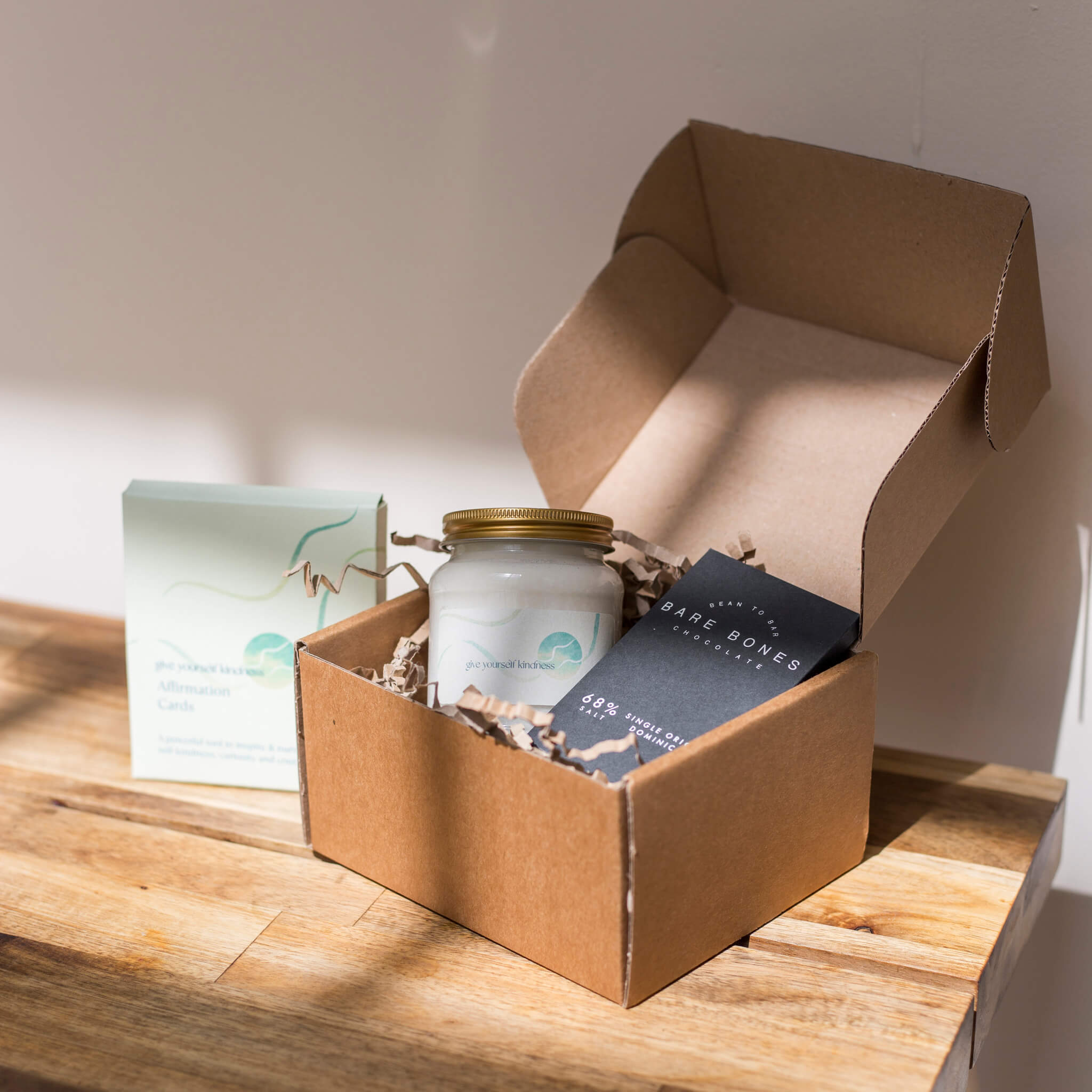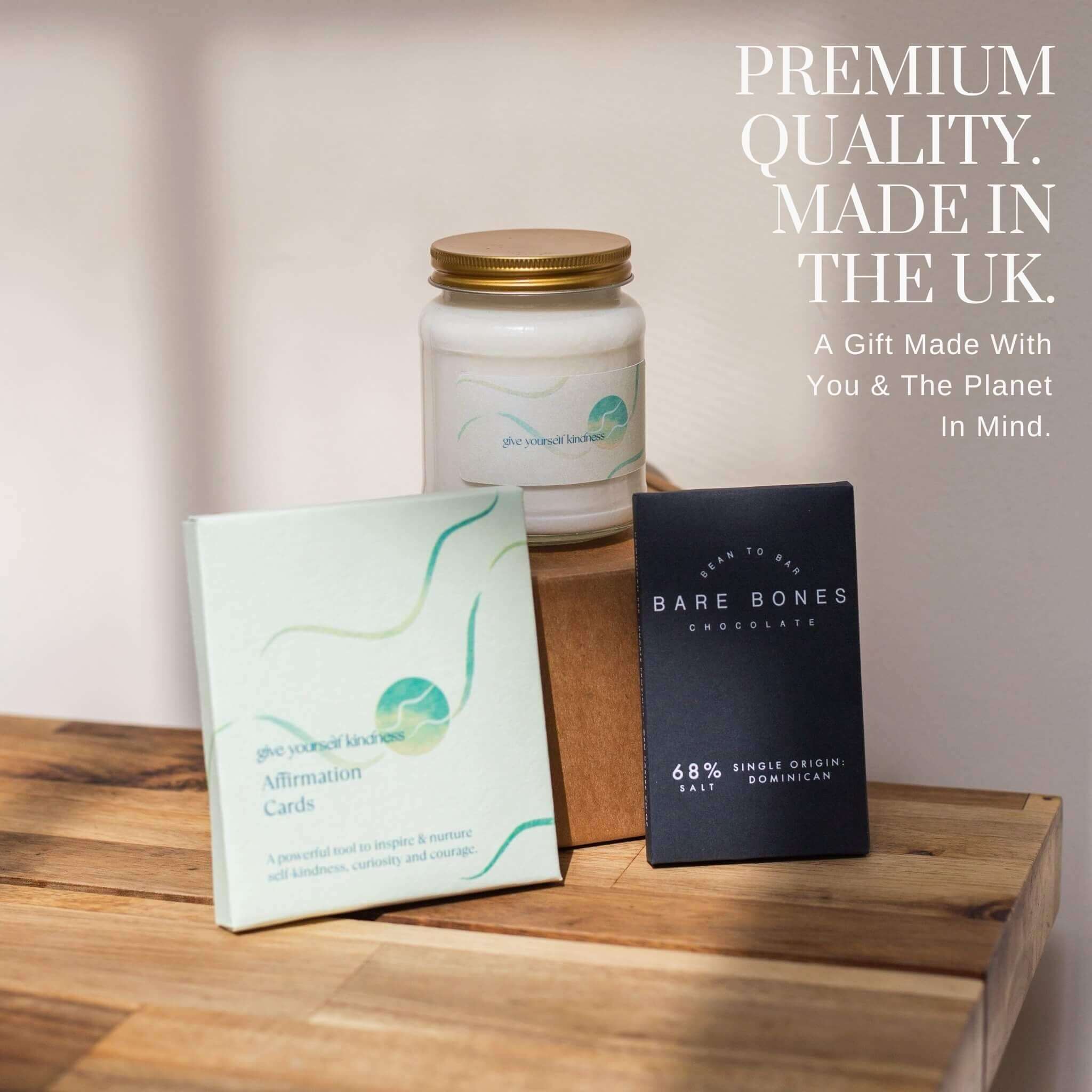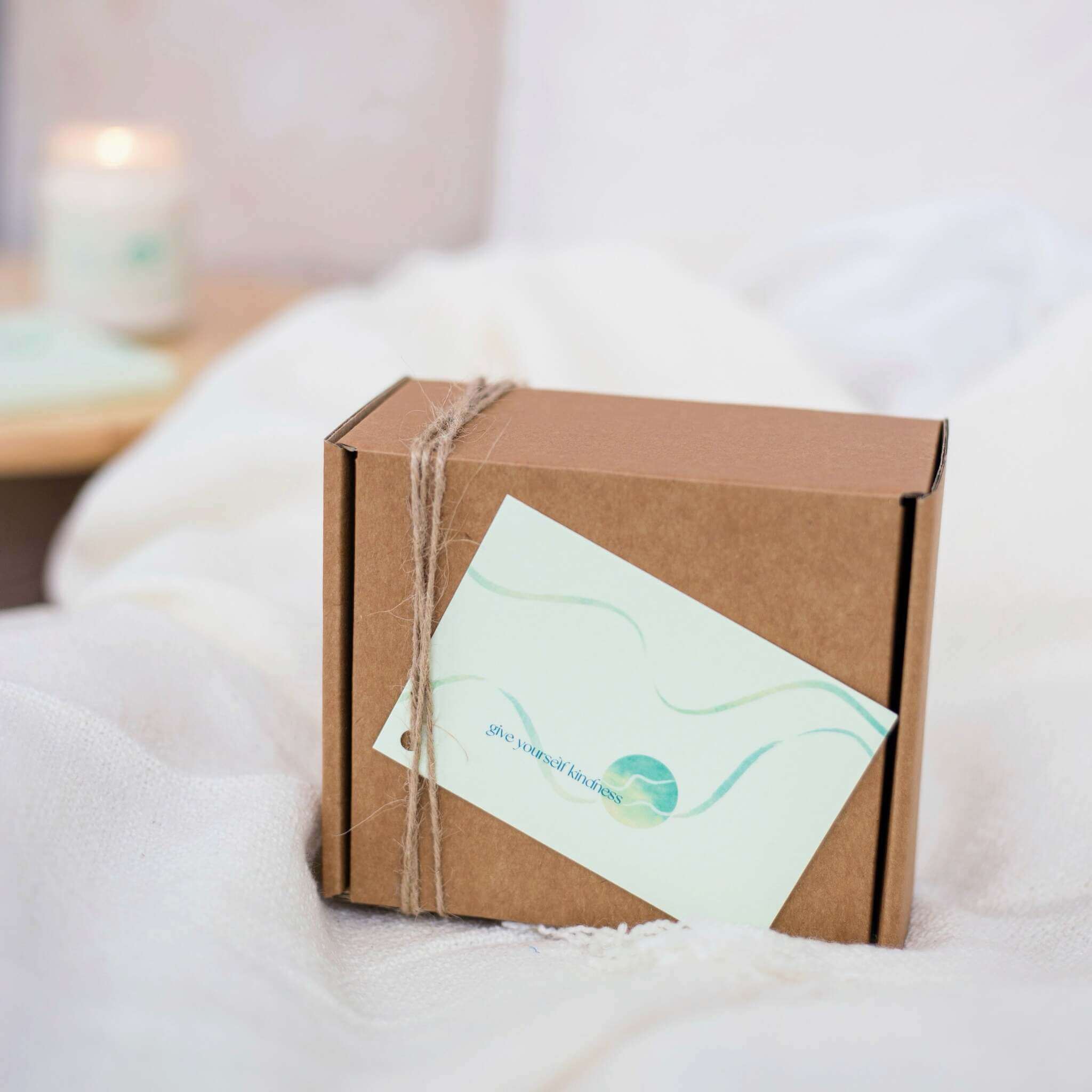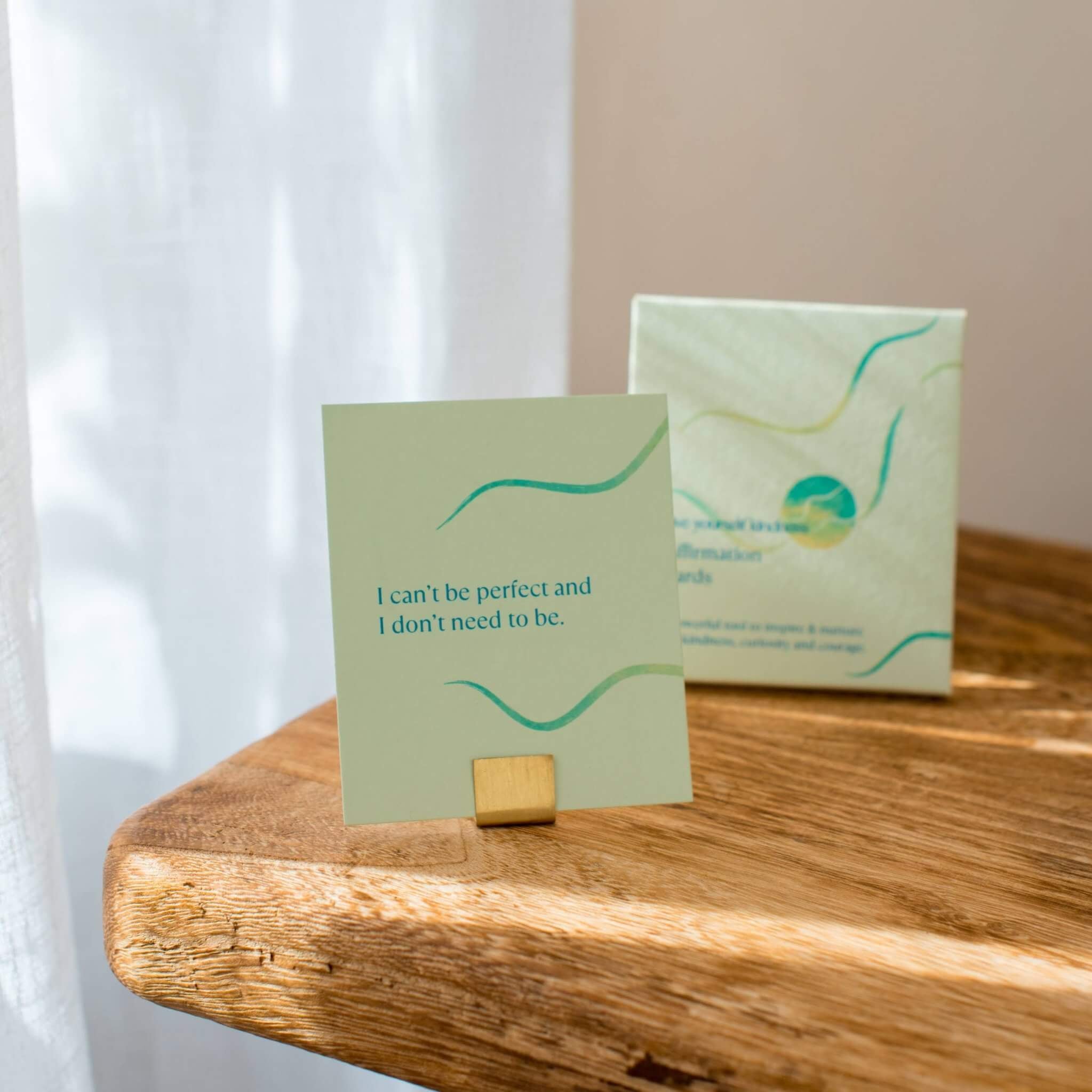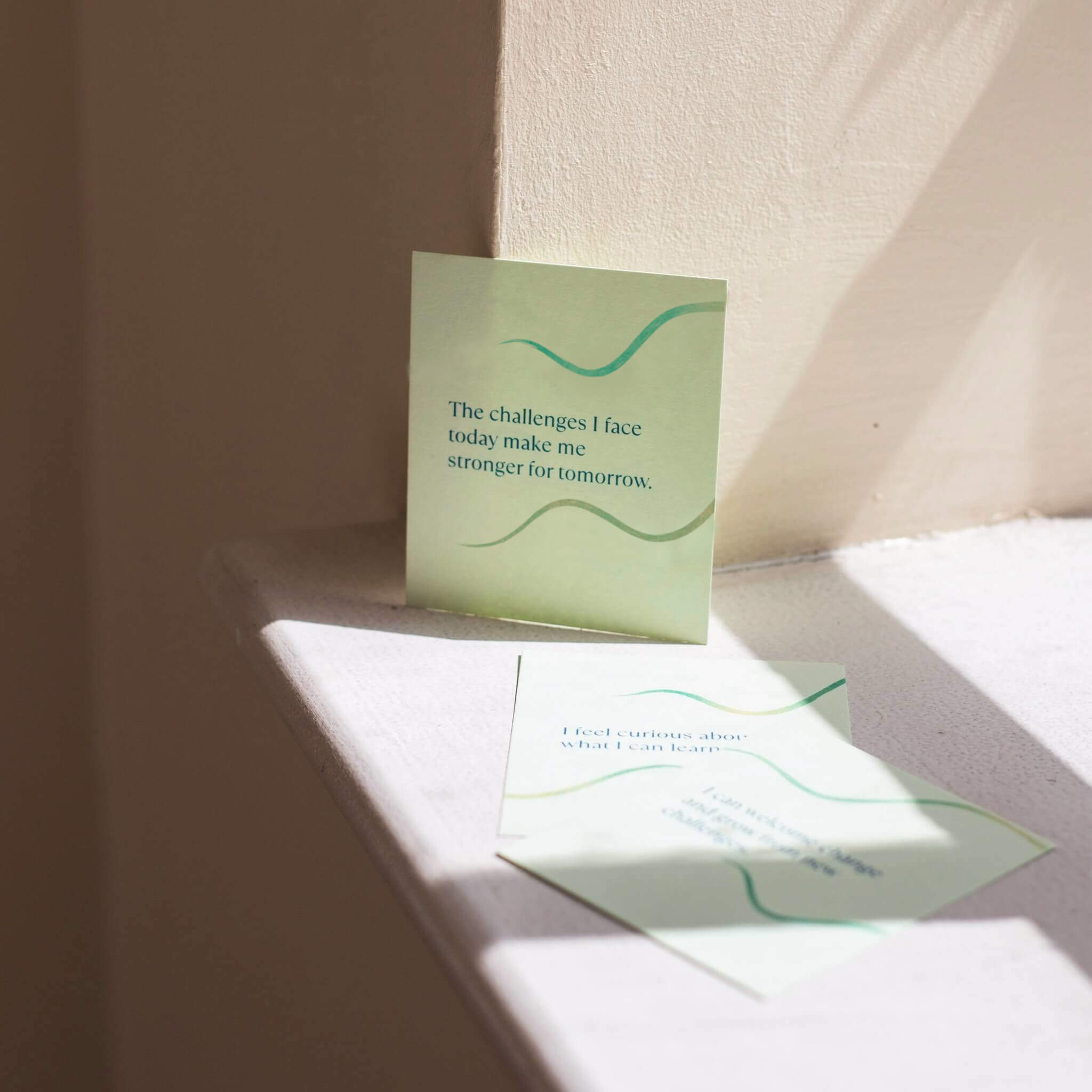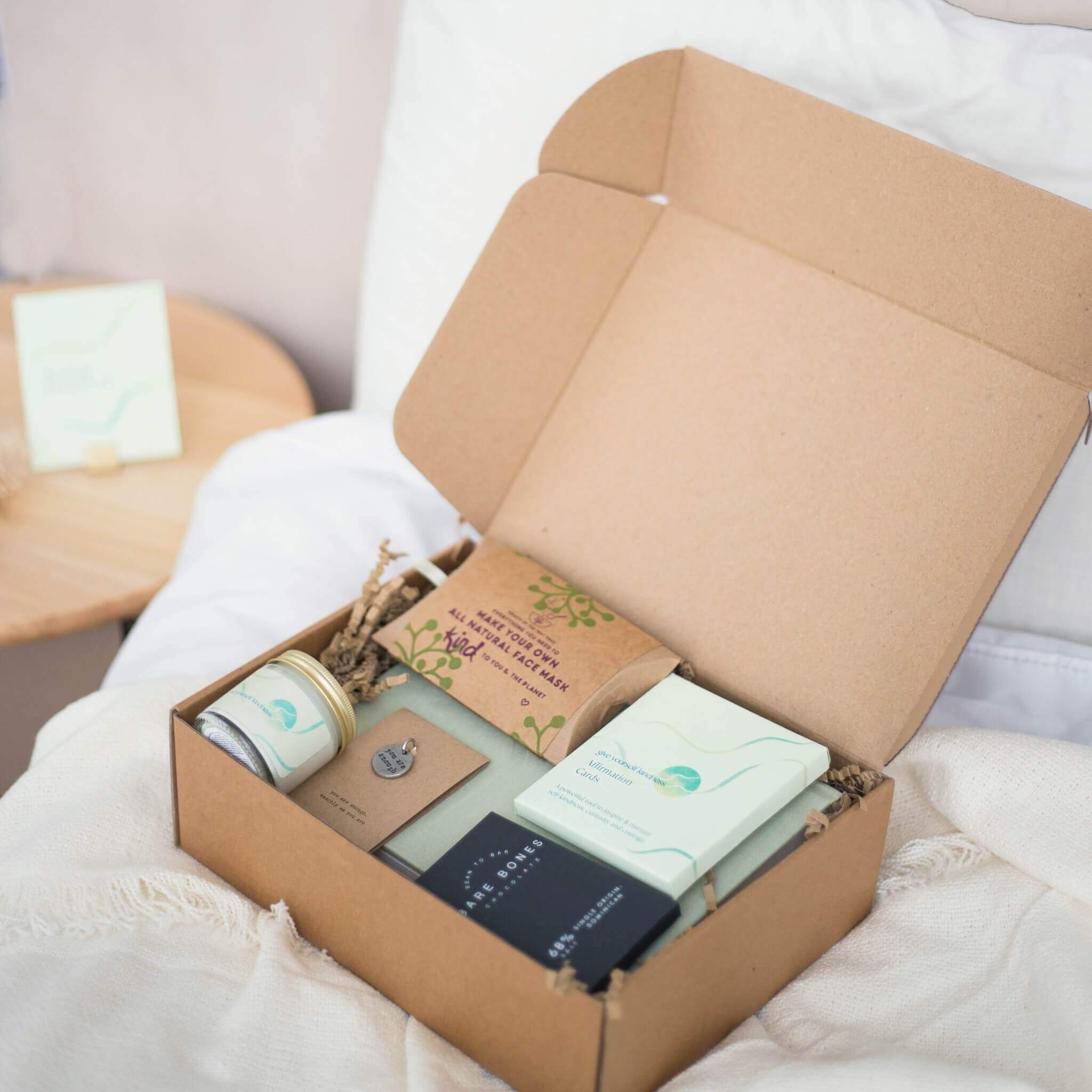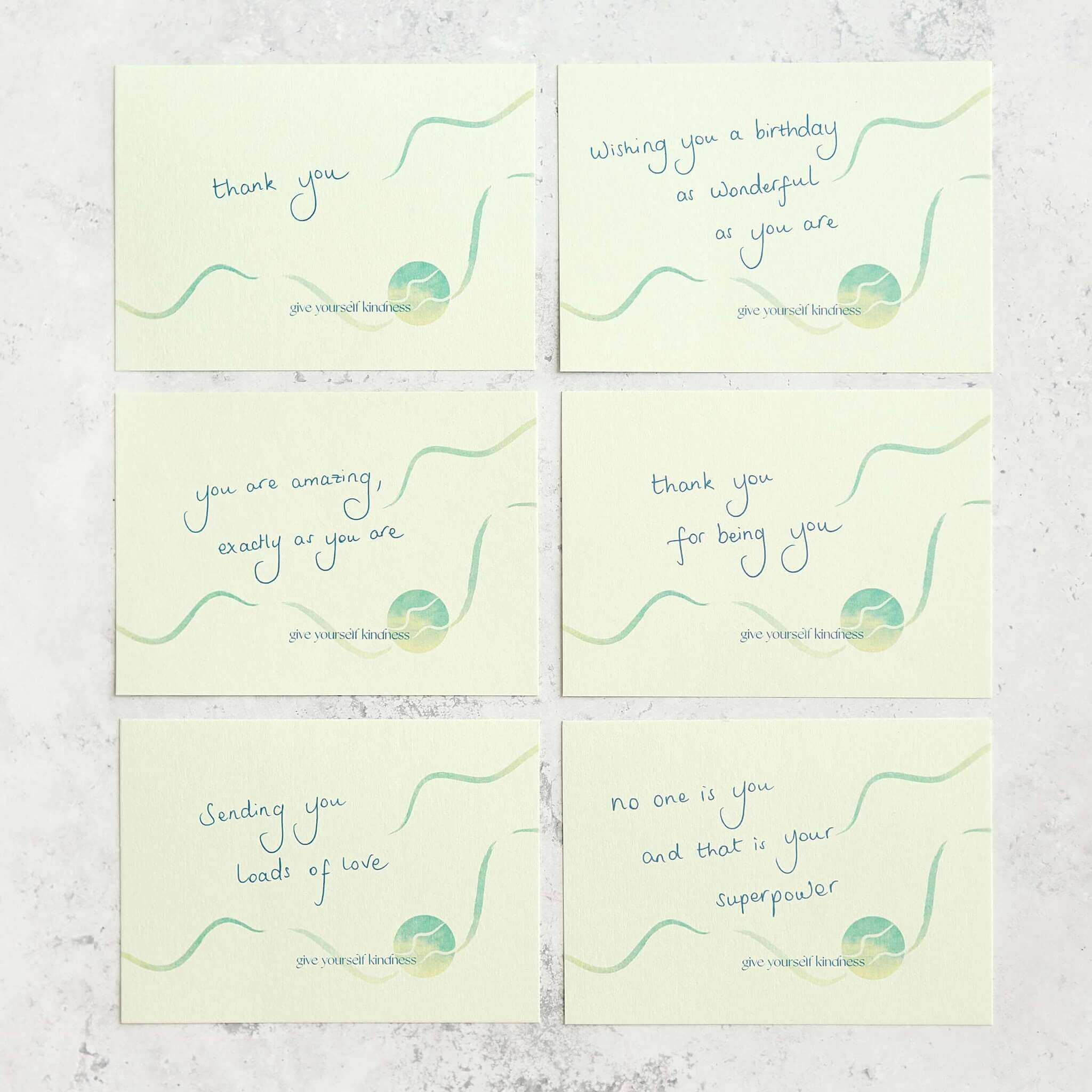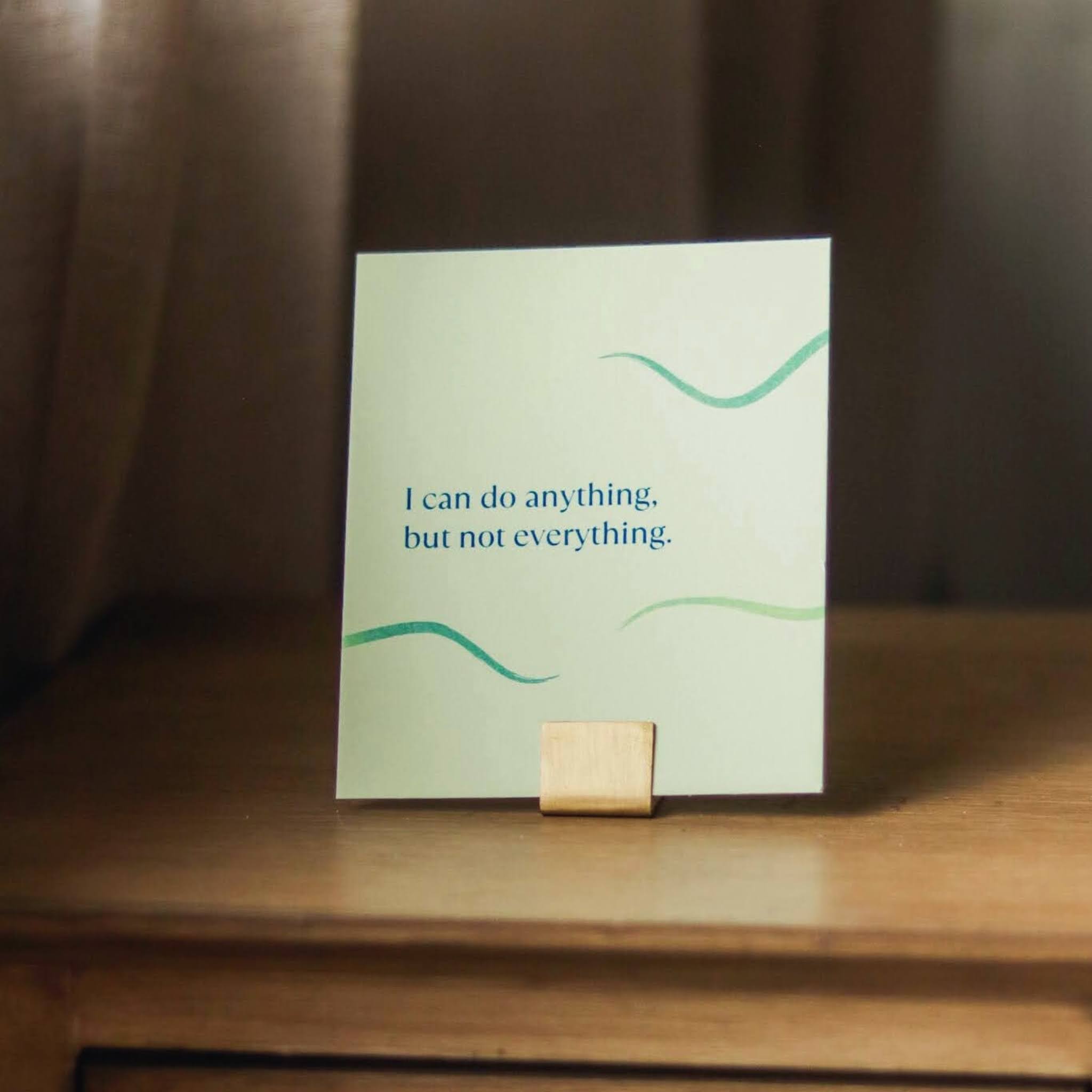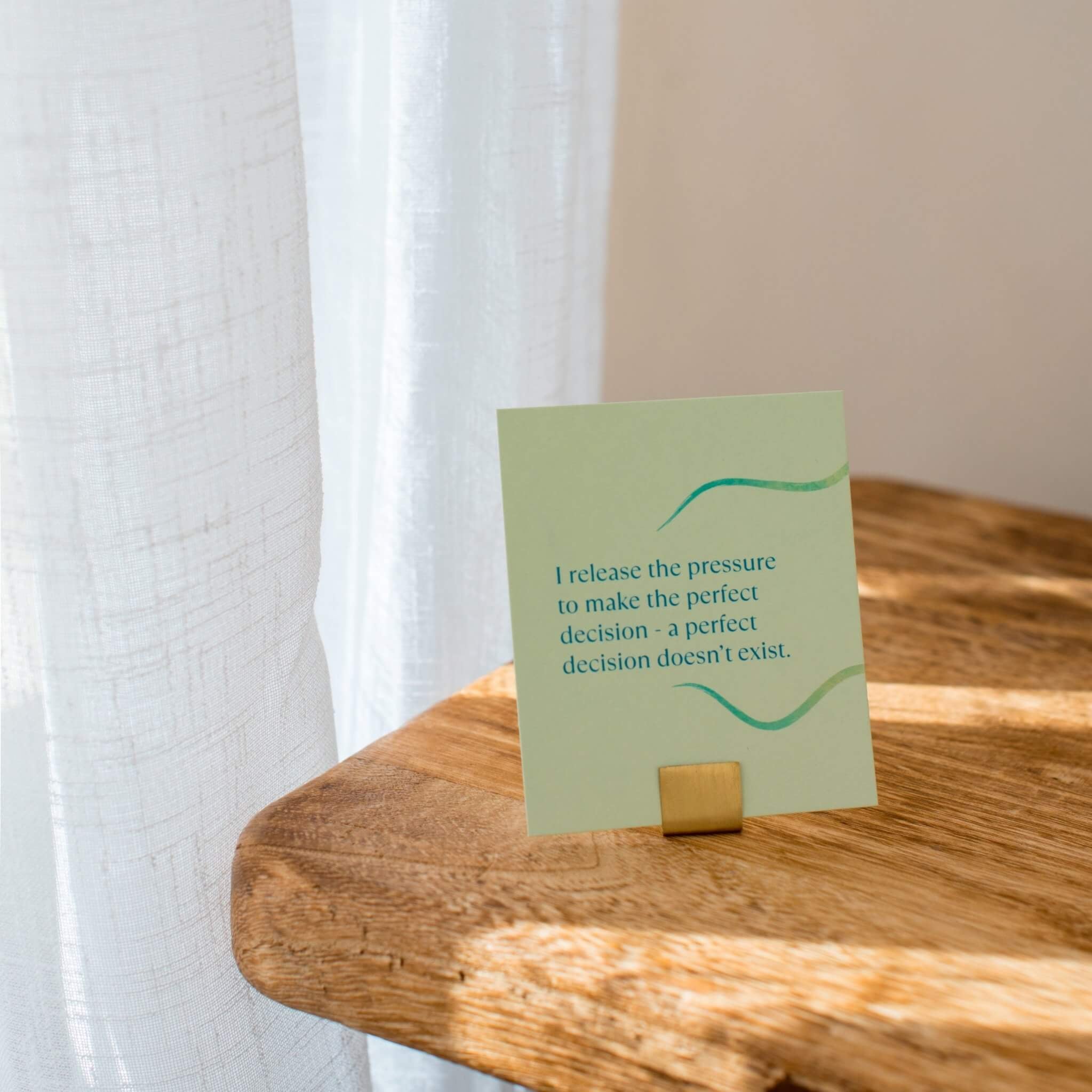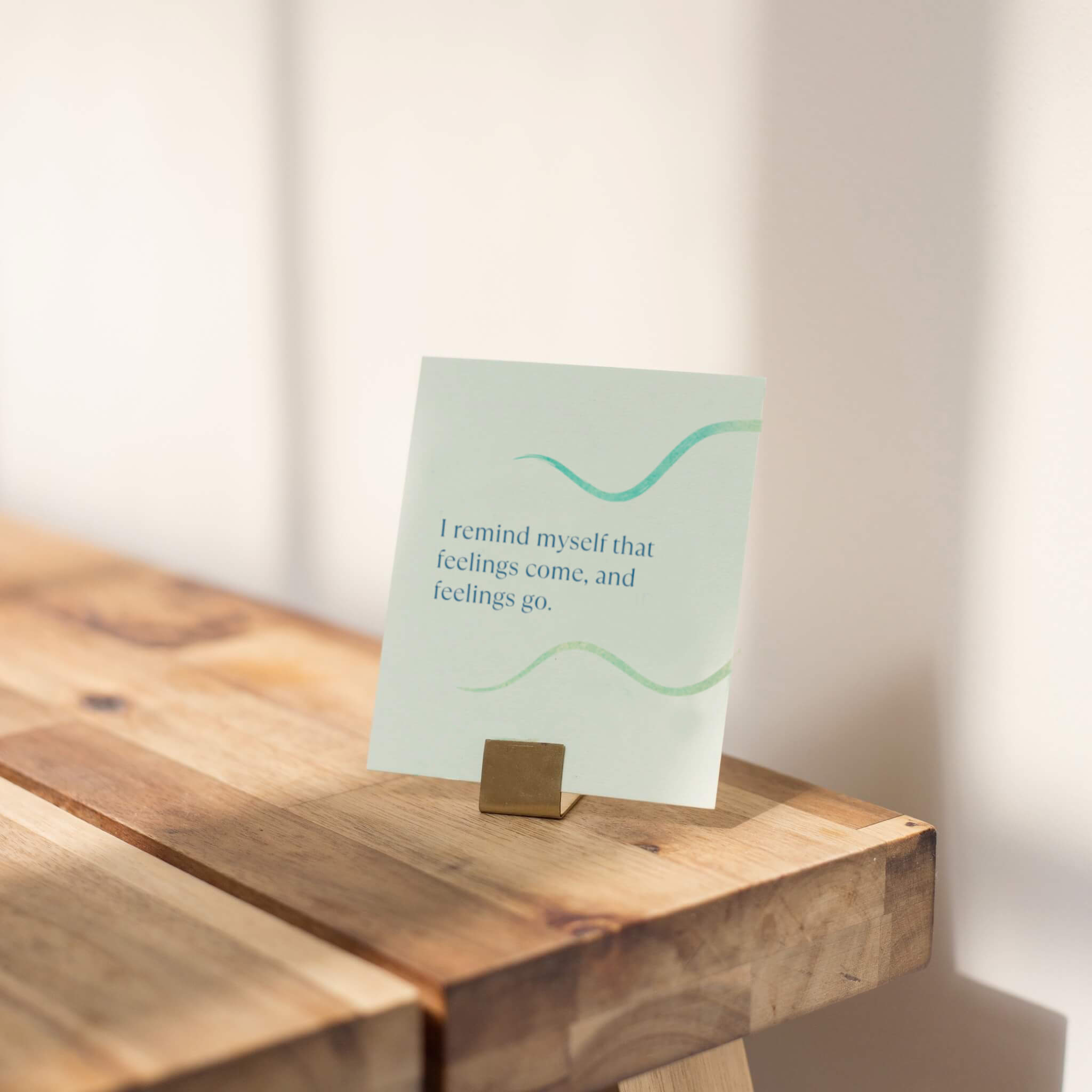written exclusively for Give Yourself Kindness by Sophia Spencer a CBT psychotherapist specialising in social anxiety whos work includes senior roles supervising and training other therapists within the NHS.
Struggling with social anxiety? You’re not alone
For those struggling with social anxiety, feelings of inferiority can be constant companions. That nagging sense that everyone else has it figured out, whilst we're somehow falling short.
If you've ever felt this way, you're not alone – and more importantly, there's a powerful tool that can help: self-compassion.
The roots of feeling "Less Than"
Our sense of inferiority often stems from deeply ingrained beliefs formed through various life experiences. Perhaps it was subtle messaging during childhood, difficult social experiences in school, or workplace interactions that left us feeling inadequate.
Social media's highlight reels can amplify these feelings, creating an impossible standard against which we measure ourselves.
'tied to our evolutionary need to belong'
What's fascinating is that this feeling of inferiority isn't just personal – it's often tied to our evolutionary need to belong. Our ancestors' survival depended on group acceptance, making social rejection a genuine threat to survival. This ancient wiring still influences how we process social situations today.
The myth of "Everyone Else"
One of the most damaging aspects of social anxiety is the belief that we're somehow uniquely challenged by social situations, whilst everyone else navigates them effortlessly. This couldn't be further from the truth. Research consistently shows that social anxiety is incredibly common – most people experience anxiety in social situations, from job interviews to parties to casual conversations.
'social anxiety is incredibly common'
The difference often lies not in the presence of anxiety, but in how we respond to it. Whilst many people experience these feelings, those of us with social anxiety tend to judge ourselves harshly for having them. We criticise ourselves for being nervous, creating a secondary layer of distress atop the original anxiety.
The self-criticism trap
When feeling inferior, many of us fall into a painful pattern: we criticise ourselves harshly, believing this will somehow motivate improvement or protect us from future hurt.
It's as if we're trying to beat others to the punch – if we're already pointing out our own flaws, maybe it won't hurt as much when others do.
'self-criticism actually intensifies our anxiety'
But here's the paradox: this self-criticism actually intensifies our anxiety and reinforces our sense of unworthiness. It's like trying to build confidence by repeatedly telling yourself you're not good enough – it simply doesn't work.
Enter self-compassion: the research-backed alternative
This is where self-compassion becomes transformative. Research by Dr Kristin Neff and others has consistently shown that self-compassion is more effective than self-criticism in fostering emotional resilience and social confidence. (i)
Studies demonstrate that individuals who practise self-compassion experience:
- Reduced anxiety symptoms
- Greater emotional resilience
- Improved relationship satisfaction
- Enhanced ability to handle social situations
- Lower levels of perfectionism
Finding belonging within
One of the most powerful aspects of self-compassion is how it helps us develop a sense of inner belonging. Instead of seeking constant external validation, self-compassion teaches us to provide the understanding and acceptance we crave from within.
'when you're kind to yourself, you create an internal safe haven'
Think of it this way: when you're kind to yourself, you create an internal safe haven. This doesn't mean the outside world stops being challenging, but rather that you have a secure base from which to face those challenges.
Practical steps toward self-compassion
Recognise common humanity
When feeling inferior, remind yourself that imperfection is part of the shared human experience. You're not alone in these feelings.
Practise mindful awareness
Notice self-critical thoughts without getting caught up in them. Label them: "Ah, there's my inner critic again."
Speak to yourself with kindness
Ask yourself, "What would I say to a dear friend feeling this way?" Then offer yourself the same gentleness.
Acknowledge your efforts
Rather than focusing solely on outcomes, appreciate the courage it takes to engage socially despite anxiety.
A professional perspective
In clinical practice, I witness remarkable transformations when people begin treating themselves with compassion rather than criticism. The change isn't just in how they feel about themselves – it ripples out into their social interactions, relationships, and overall life satisfaction.
The science supports self-compassion
Research in neuroscience and psychology continues to validate the effectiveness of self-compassion. Studies show that self-compassion practices activate the parasympathetic nervous system, reducing anxiety and promoting feelings of safety and connection. (ii)
This isn't just feel-good advice – it's evidence-based intervention that creates measurable changes in both brain activity and behaviour.
Remember, developing self-compassion is a journey, not a destination. Like any skill, it takes practice and patience. But unlike self-criticism, which depletes us, each step toward self-compassion builds our capacity for connection, courage, and authentic living.
'developing self-compassion is a journey, not a destination'
The next time you feel that familiar surge of inferiority, try pausing and offering yourself understanding instead of criticism. You might just find that self-compassion is the key to not just surviving social anxiety, but truly thriving despite it.

Sophia Spencer is a Specialist CBT Psychotherapist. She has many years of experience working in the NHS, and provides specialist social anxiety therapy outside of this. In her clinical work, she uses Compassion Focused Therapy, alongside CBT and ACT, for a triple-pronged approach for social anxiety.
https://www.sociallyfearless.com/
(i) Neff KD. The Role of Self-Compassion in Development: A Healthier Way to Relate to Oneself. Hum Dev. 2009 Jun;52(4):211-214. doi: 10.1159/000215071. PMID: 22479080; PMCID: PMC2790748.
(i) Muris P, Otgaar H. Self-Esteem and Self-Compassion: A Narrative Review and Meta-Analysis on Their Links to Psychological Problems and Well-Being. Psychol Res Behav Manag. 2023 Aug 3;16:2961-2975. doi: 10.2147/PRBM.S402455. PMID: 37554304; PMCID: PMC10406111.
(i) Neff K.D., Vonk R. Self-compassion versus global self-esteem: Two different ways of relating to oneself. Journal of Personality. 2009;77:23–50. doi: 10.1111/j.1467-6494.2008.00537.x
(i) Leary M.R., Tate E.B., Adams C.E., Allen A.B., Hancock J. Self-compassion and reactions to unpleasant self-relevant events: The implications of treating oneself kindly. Journal of Personality and Social Psychology. 2007;92:887–904. doi: 10.1037/0022-3514.92.5.887
(ii) Kim, J.J., Parker, S.L., Doty, J.R. et al. Neurophysiological and behavioural markers of compassion. Sci Rep 10, 6789 (2020). https://doi.org/10.1038/s41598-020-63846-3
(ii) Rockliff H., Gilbert P., McEwan K., Lightman S., Glover D. (2008). A pilot exploration of heart rate variability and salivary cortisol responses to compassion-focused imagery. Clin. Neuropsychiat. J. Treat. Eval. 5 132–139.
(ii) Petrocchi N., Ottaviani C., Couyoumdjian A. (2017). Compassion at the mirror: exposure to a mirror increases the efficacy of a self-compassion manipulation in enhancing soothing positive affect and heart rate variability. J. Posit. Psychol. 12 525–536. 10.1080/17439760.2016.1209544
(ii) Breines J. G., McInnis C. M., Kuras Y. I., Thoma M. V., Gianferante D., Hanlin L., et al. (2015). Self-compassionate young adults show lower salivary alpha-amylase responses to repeated psychosocial stress. Self Ident. 14 390–402. 10.1080/15298868.2015.1005659



